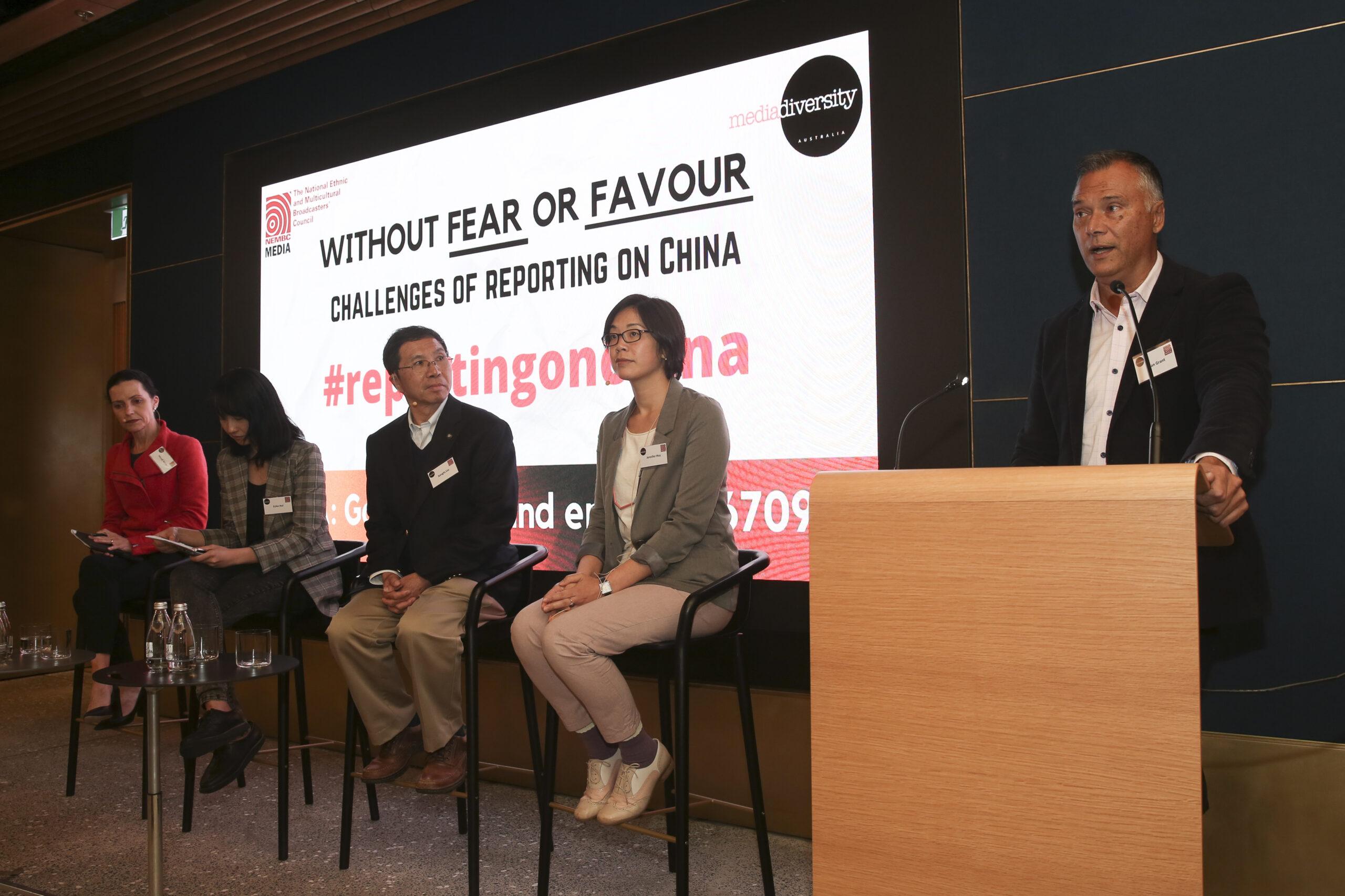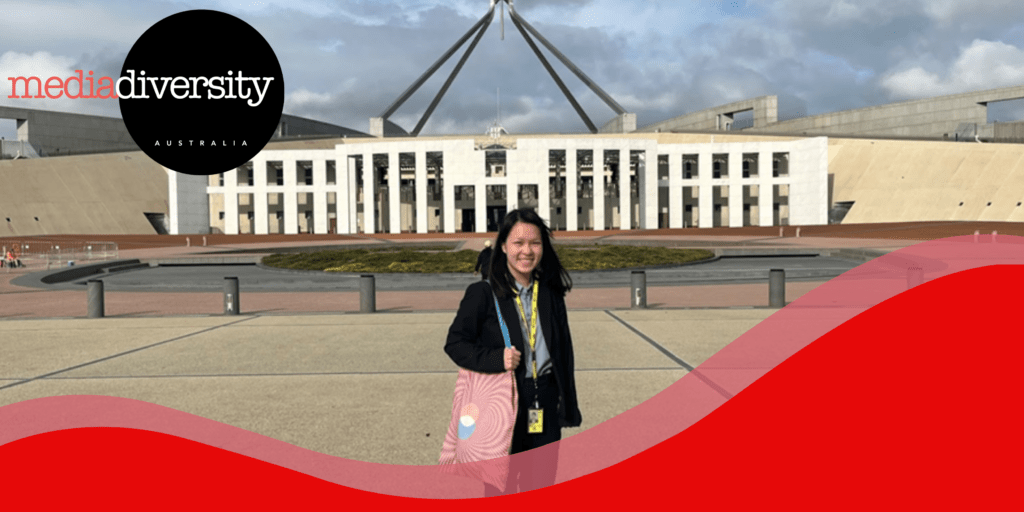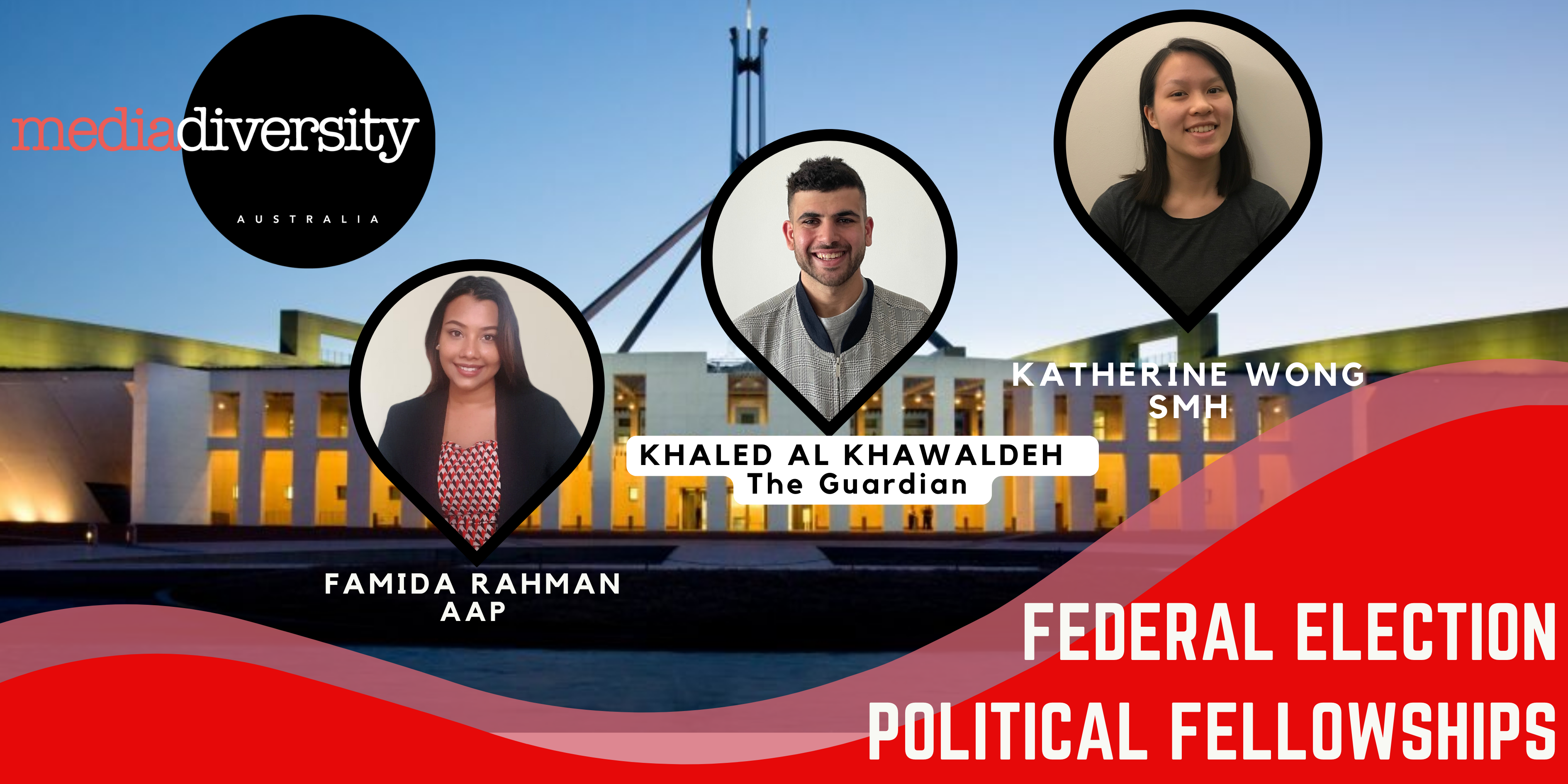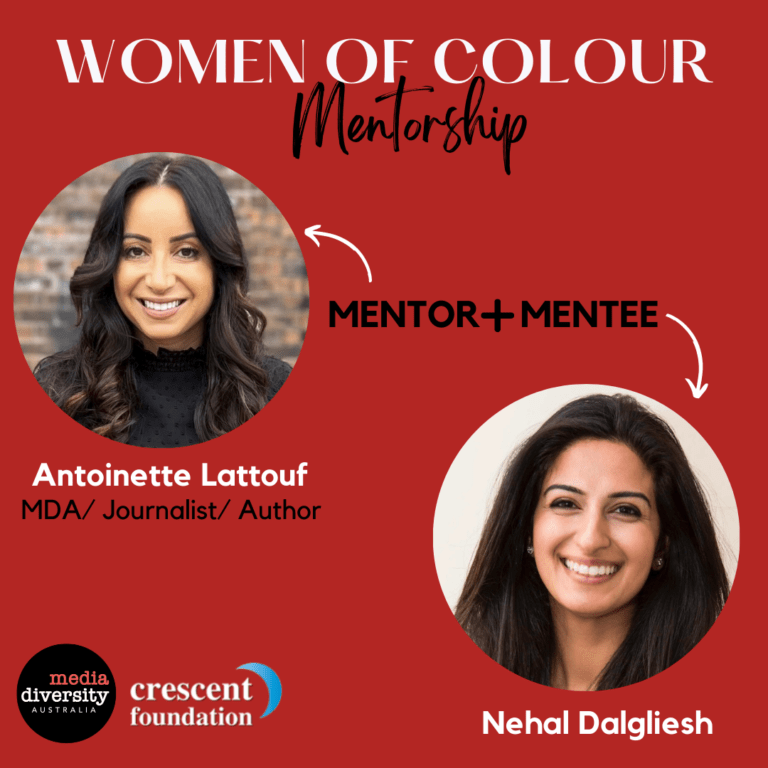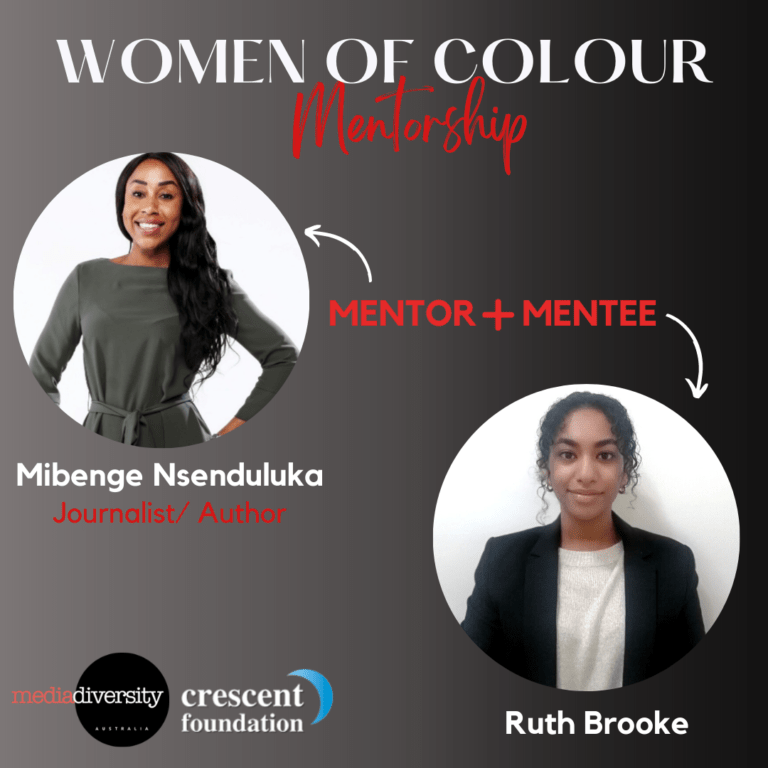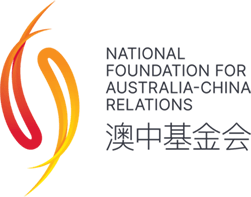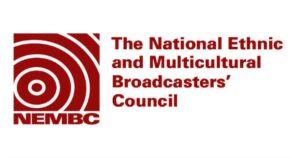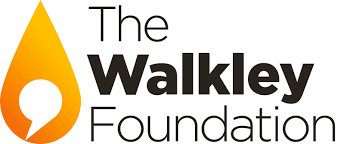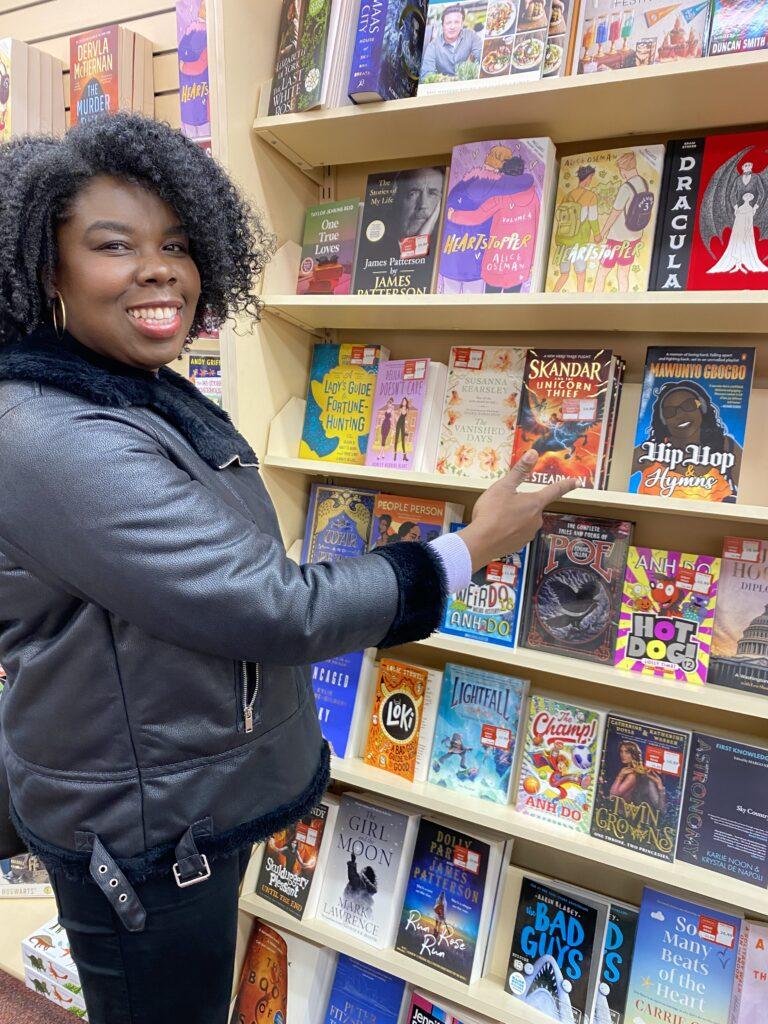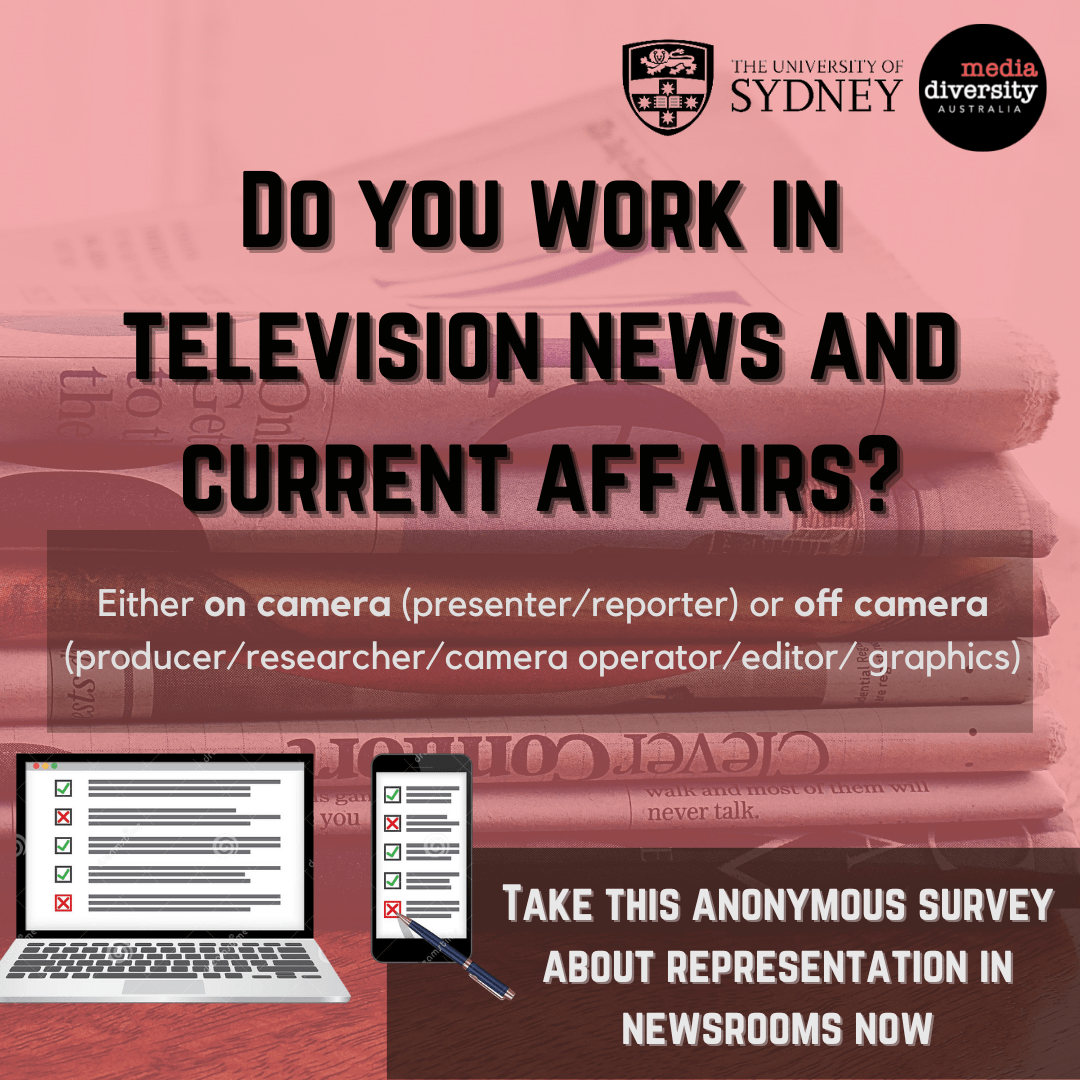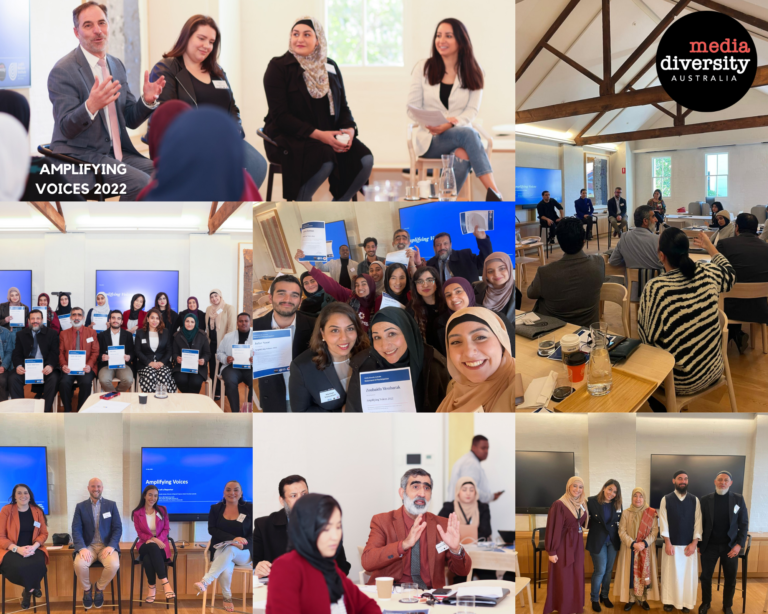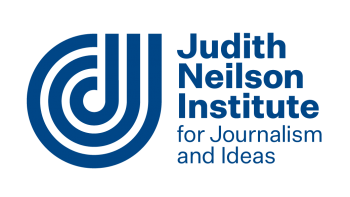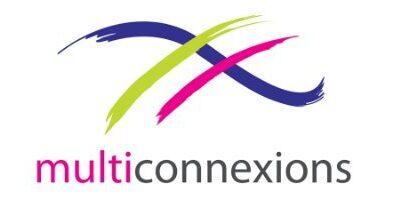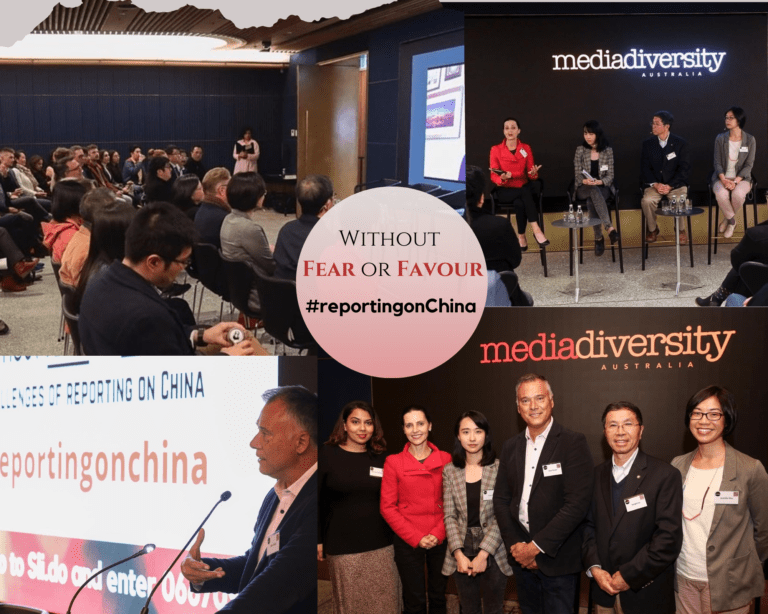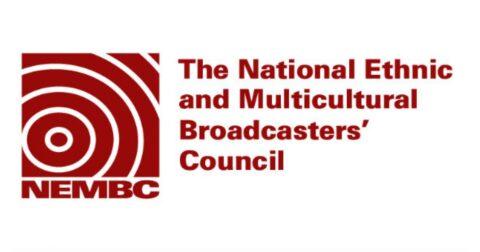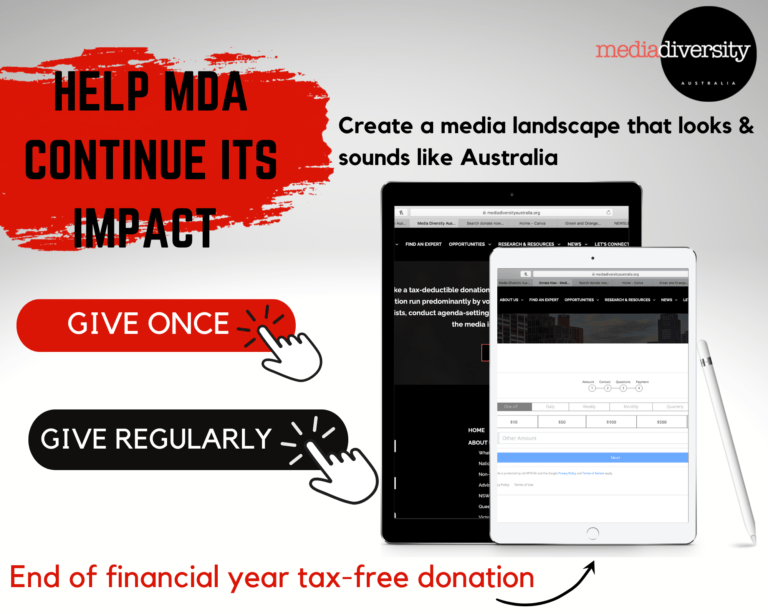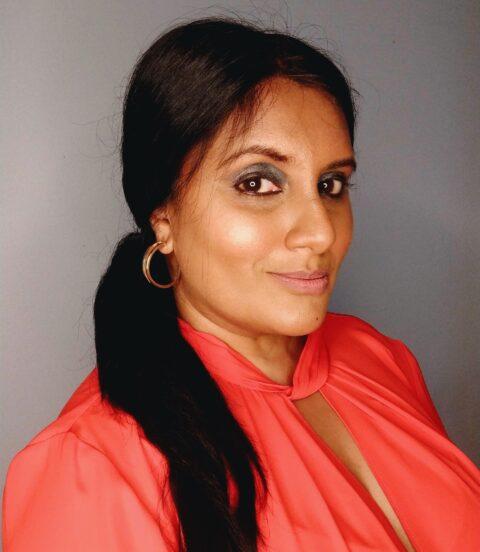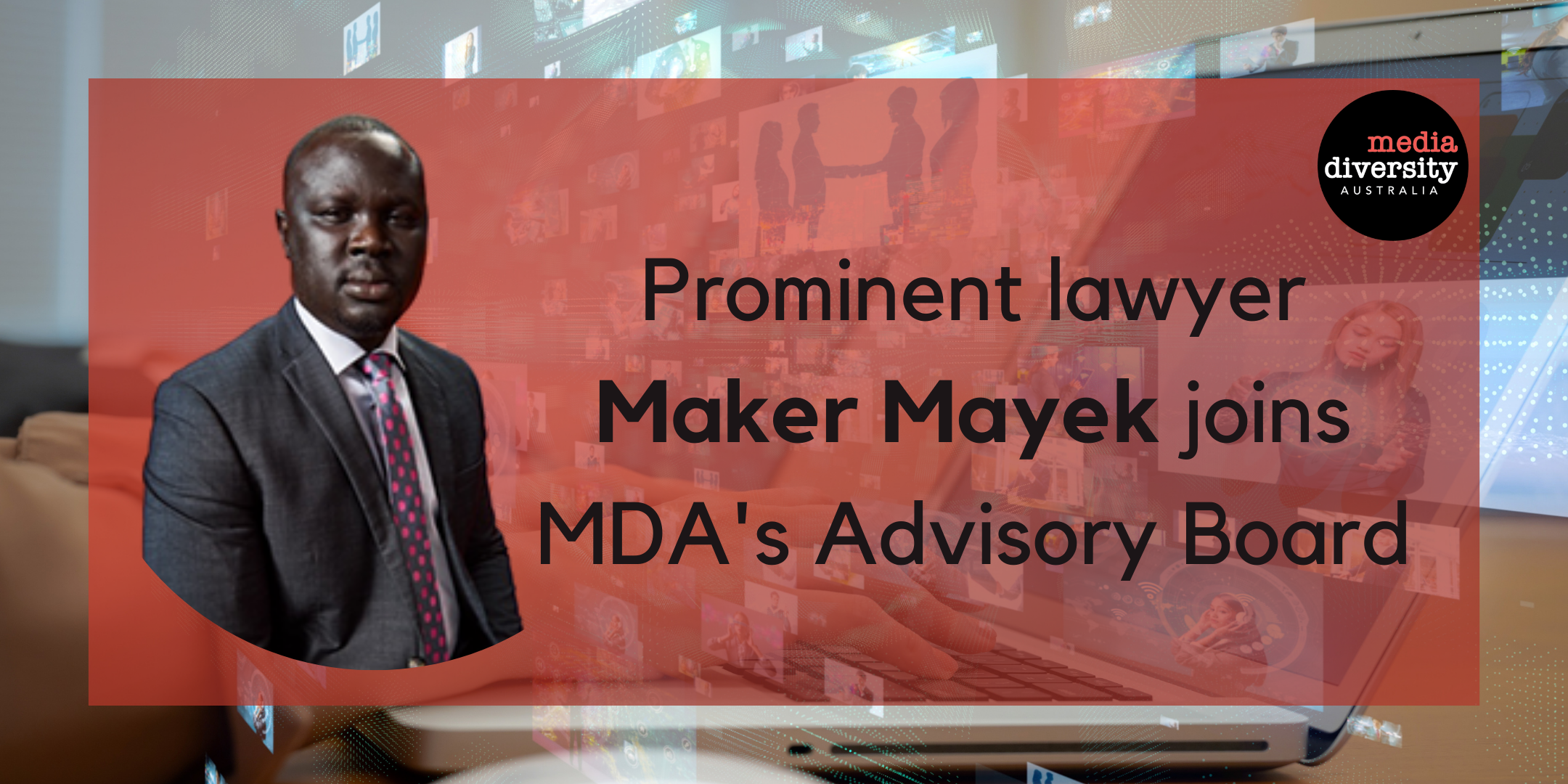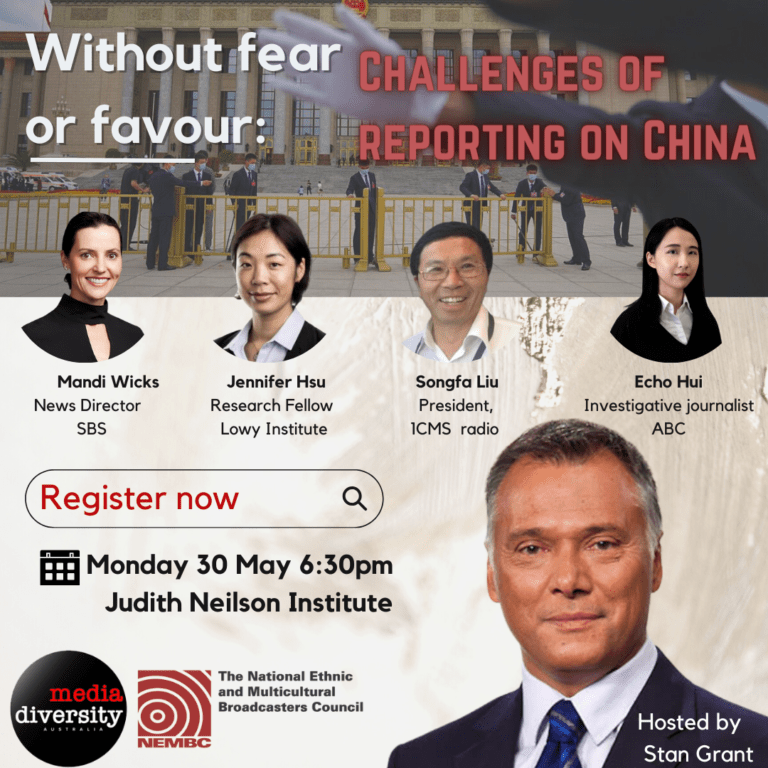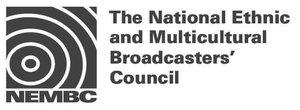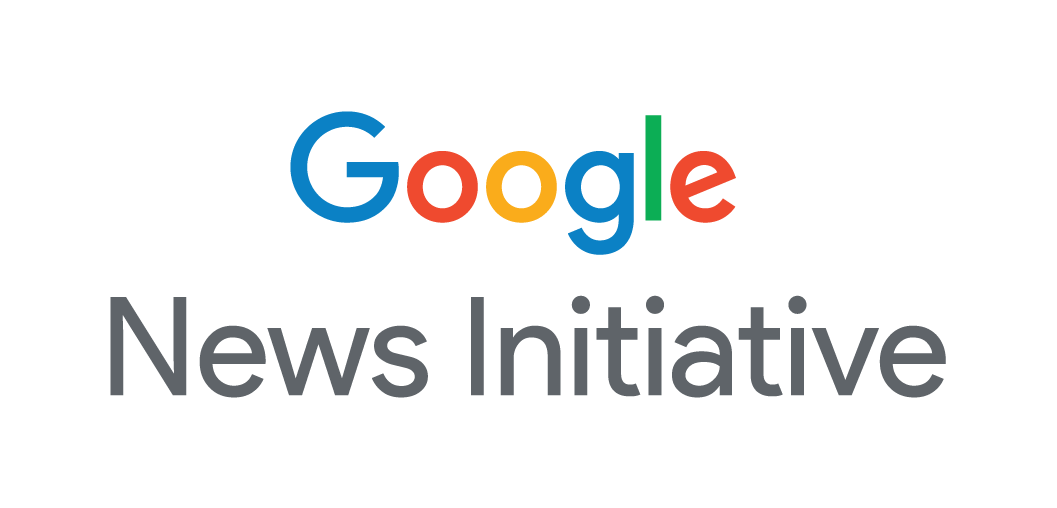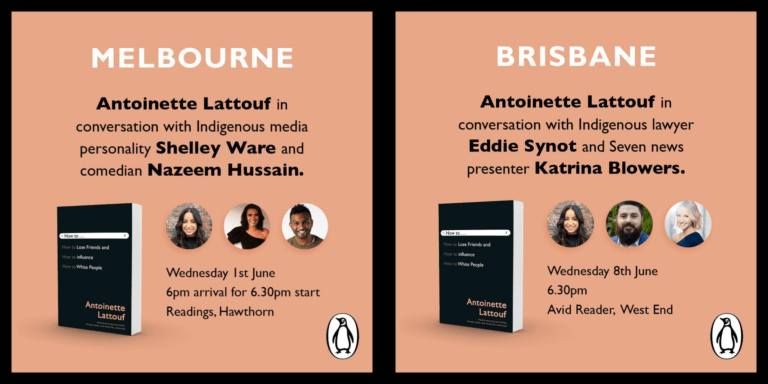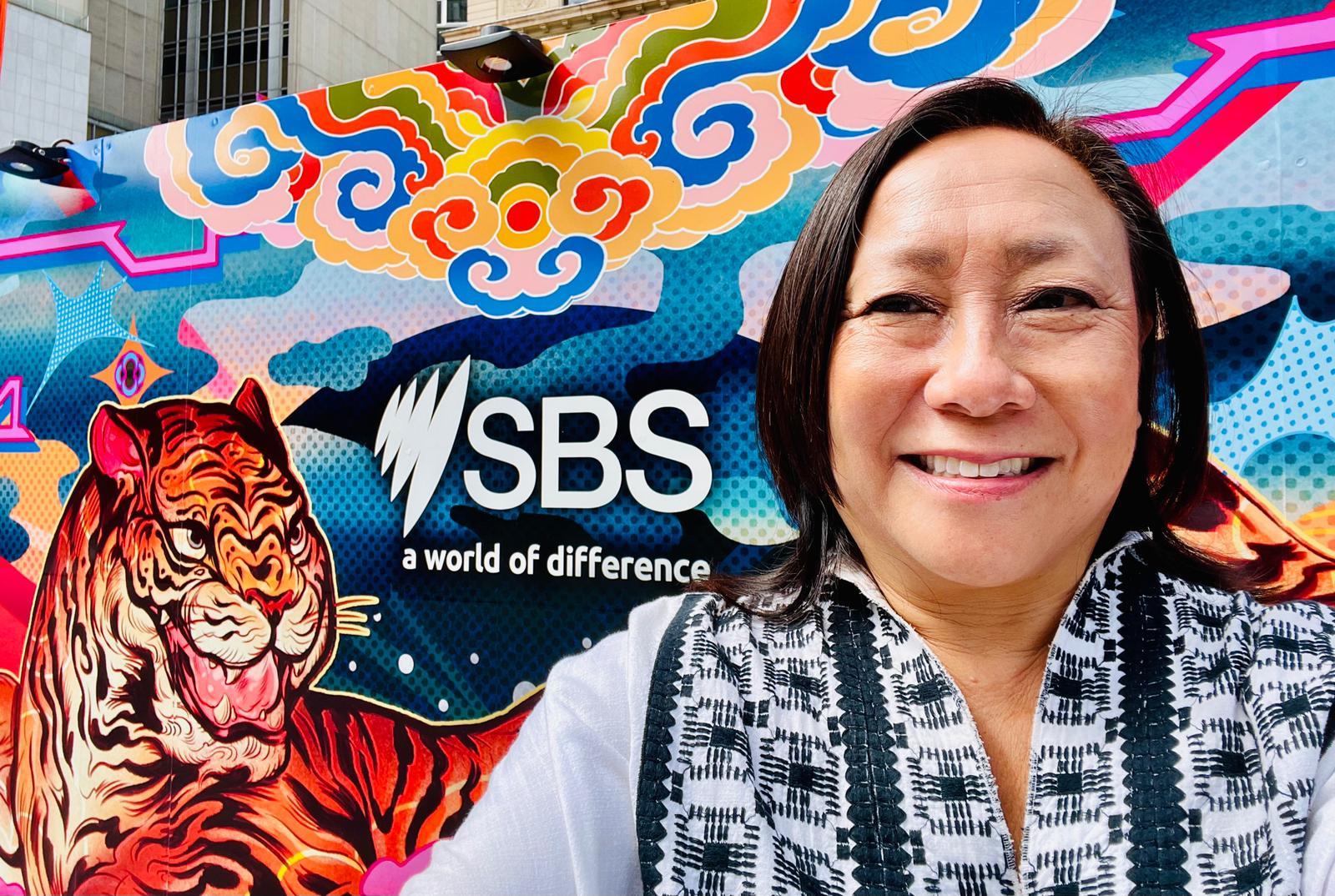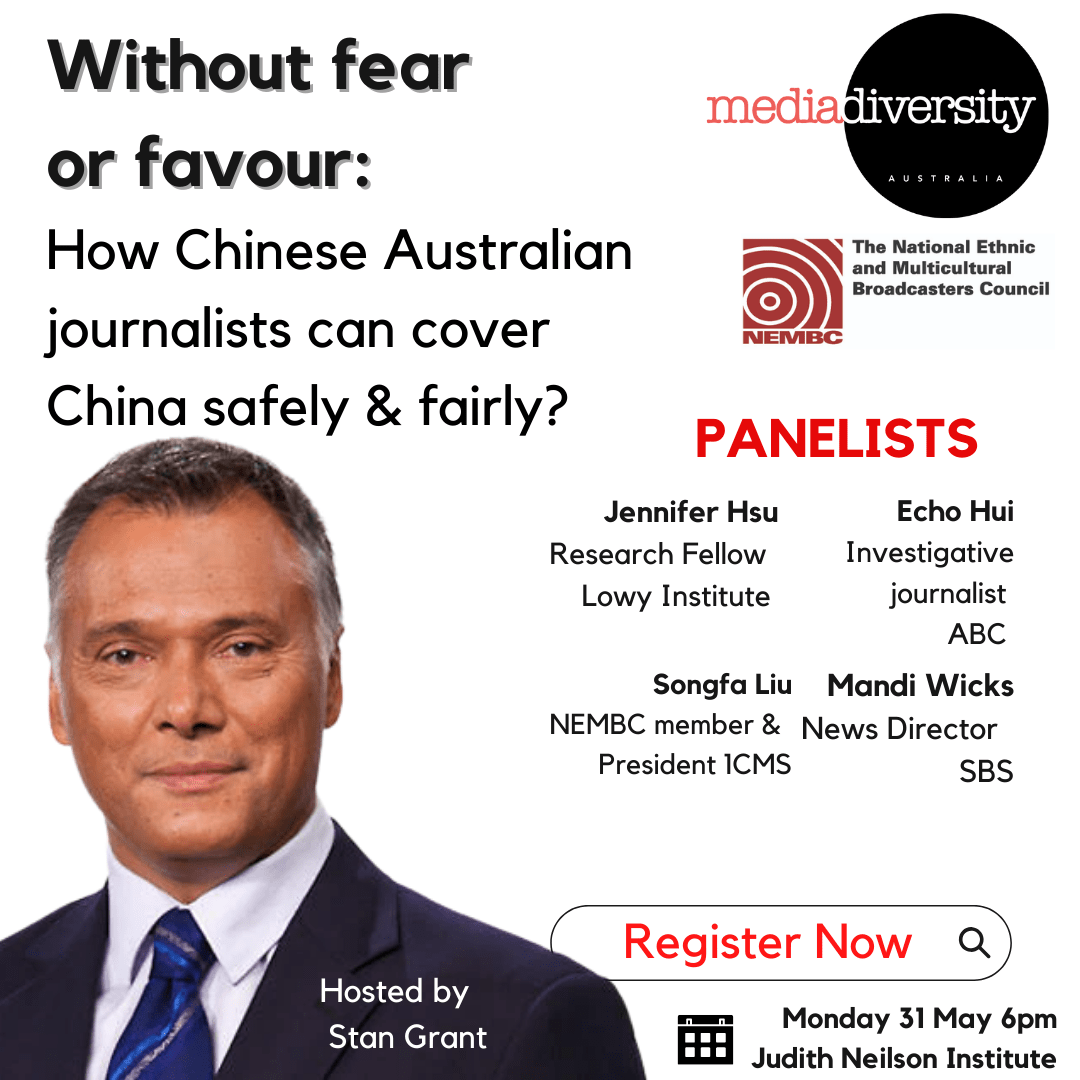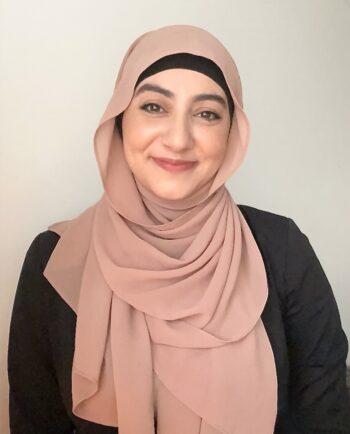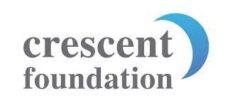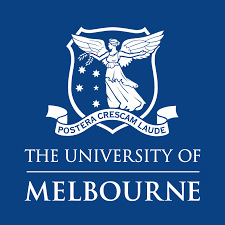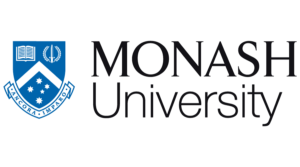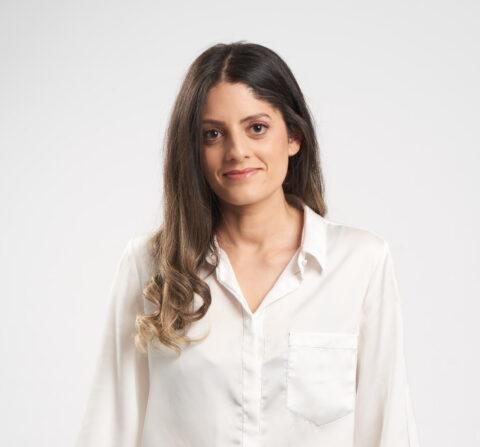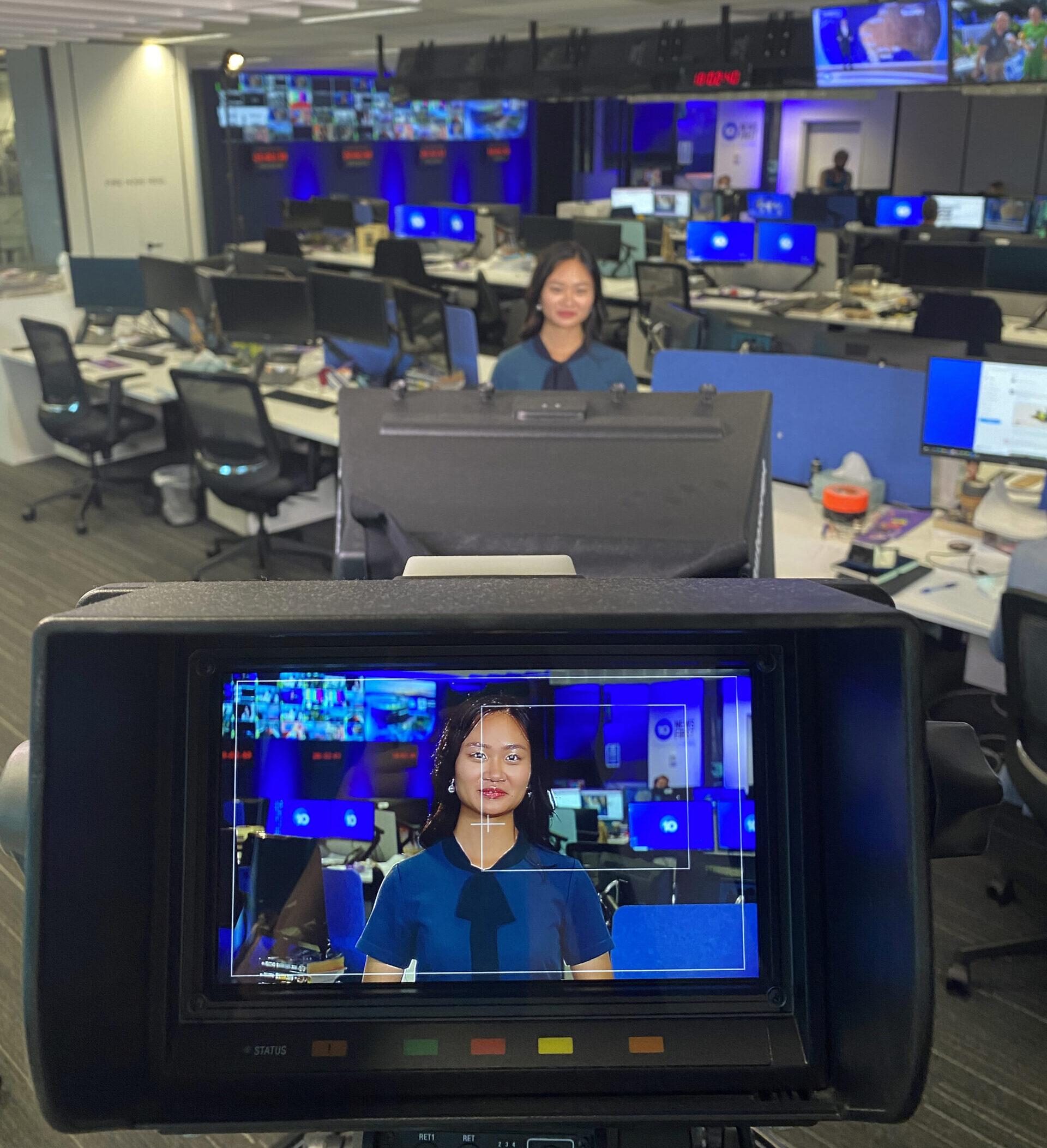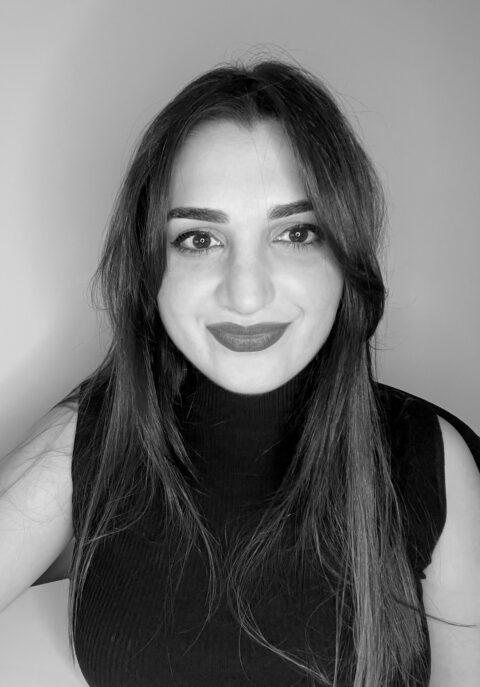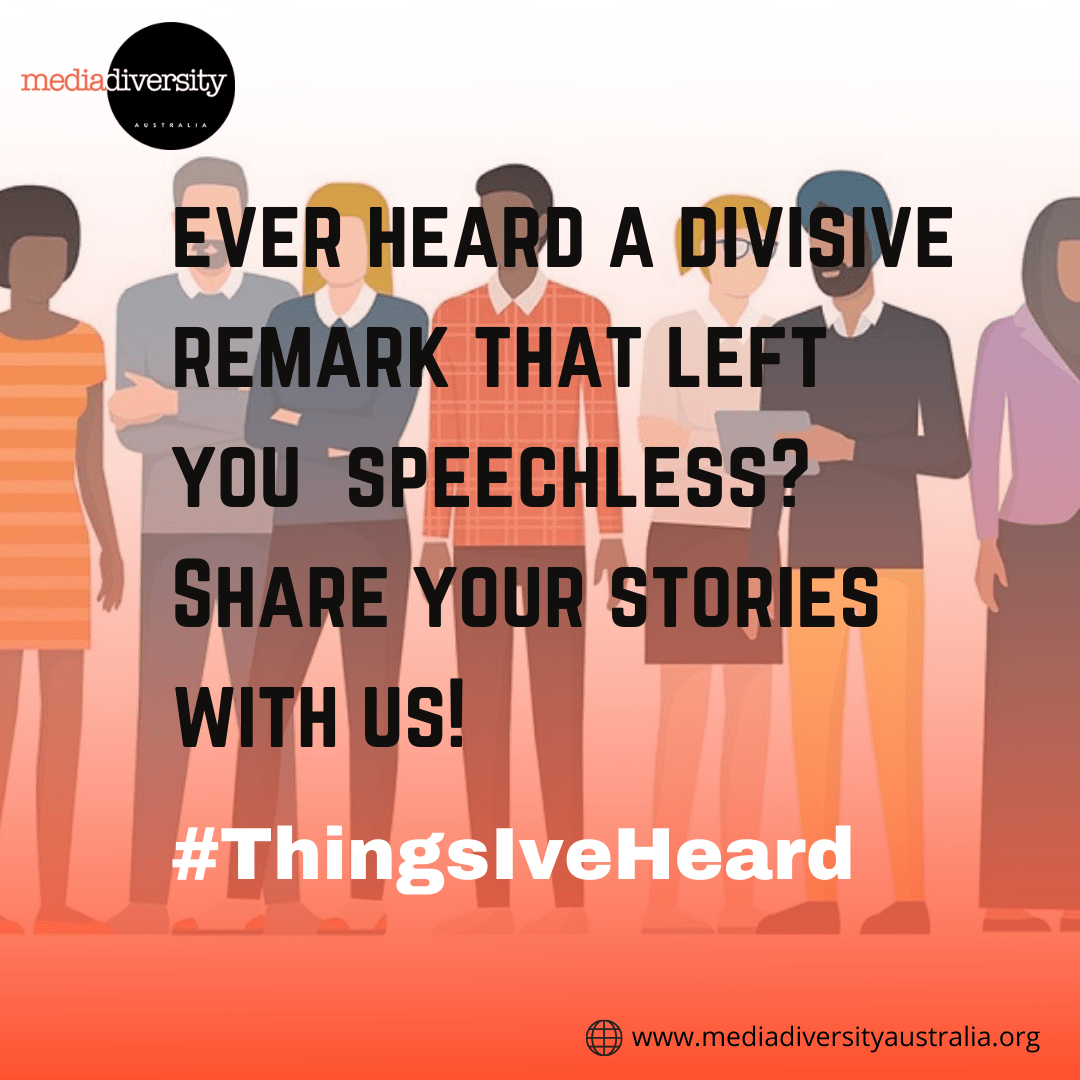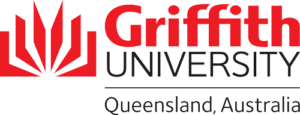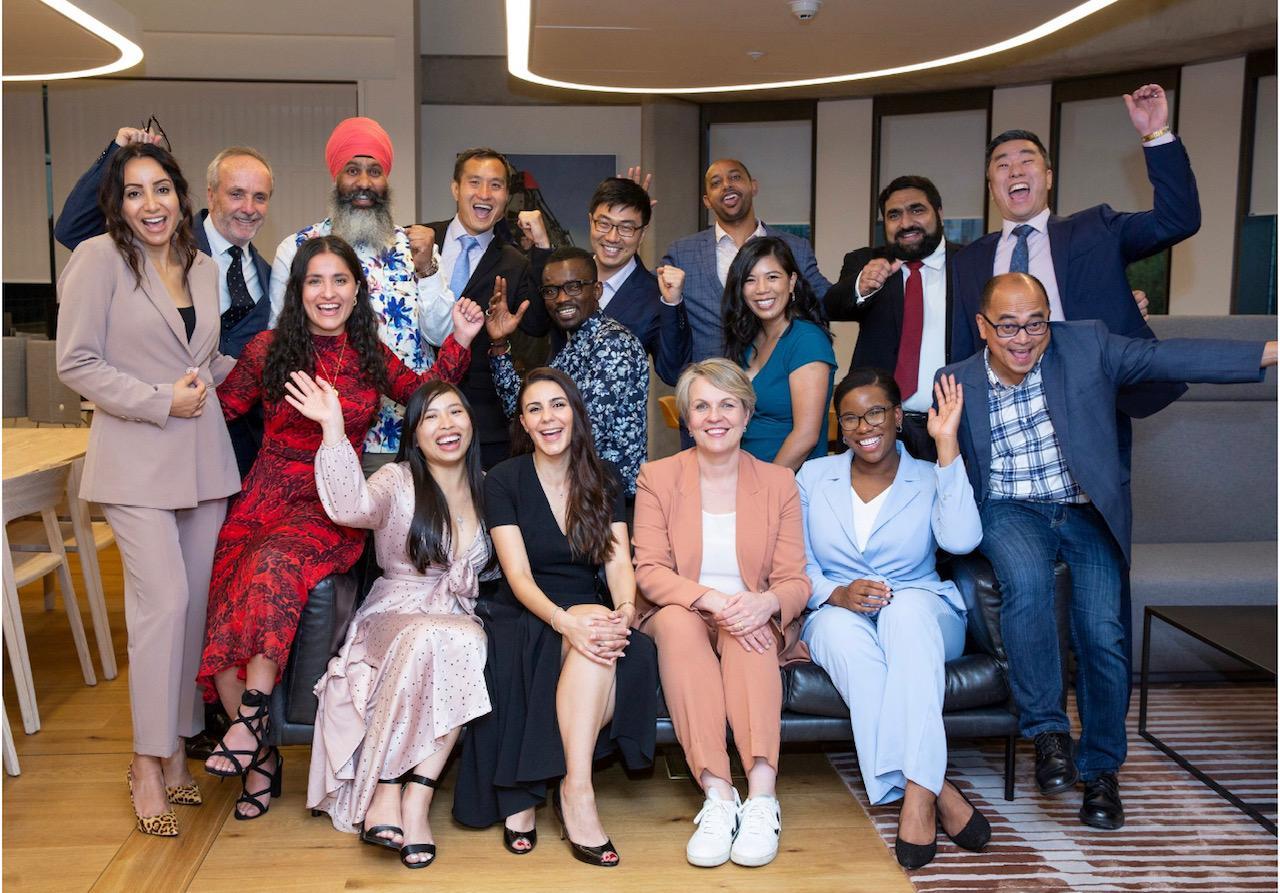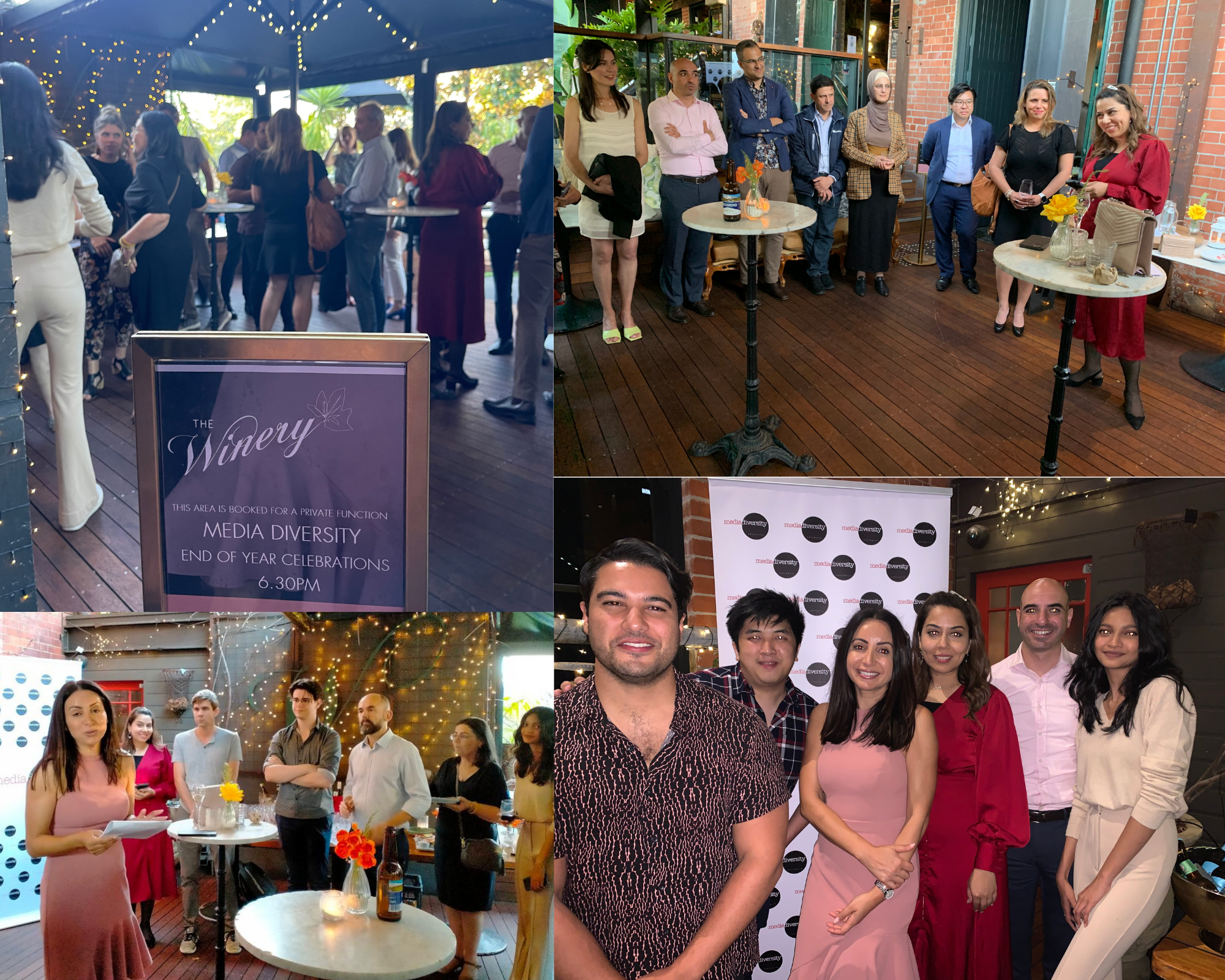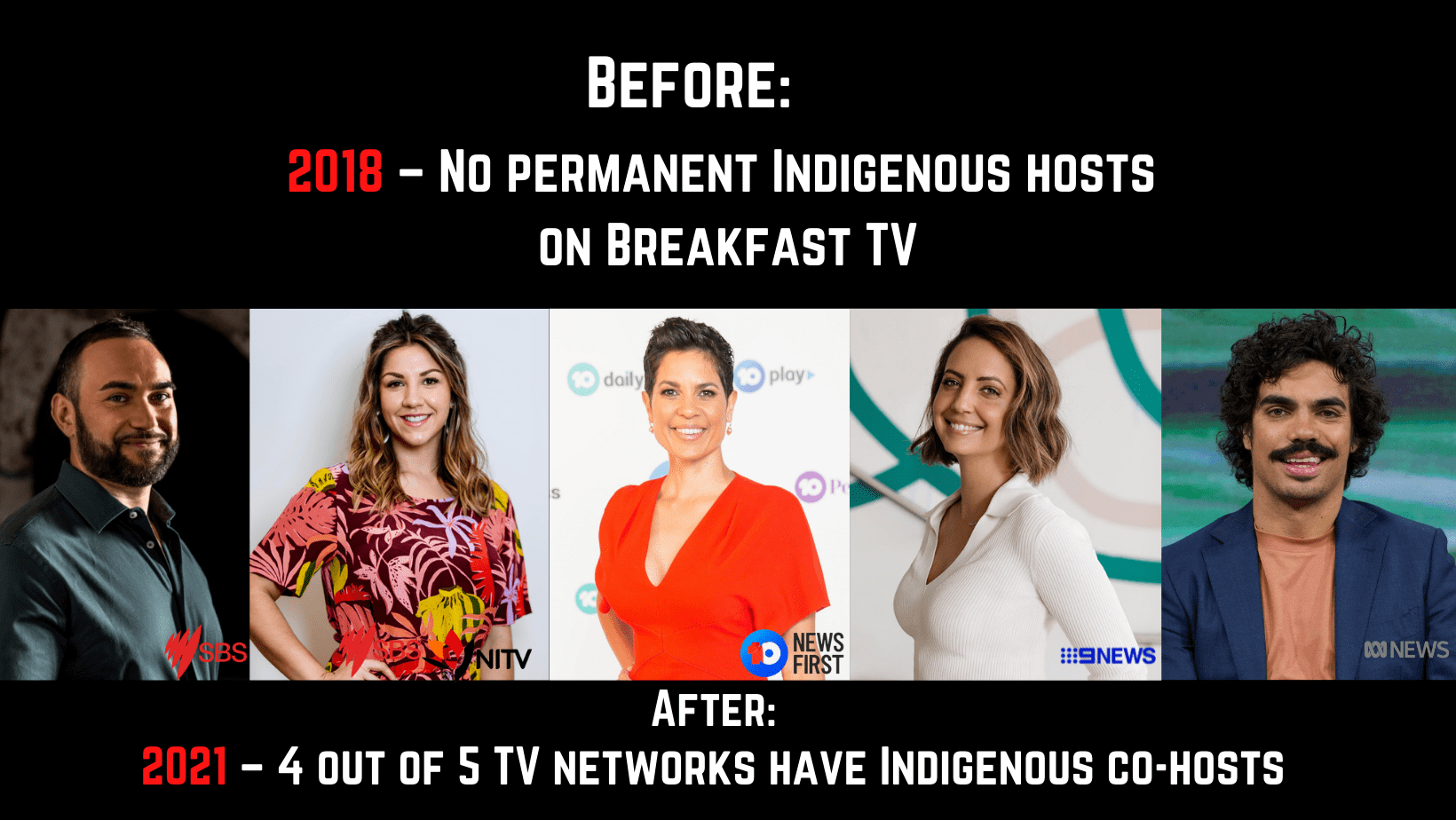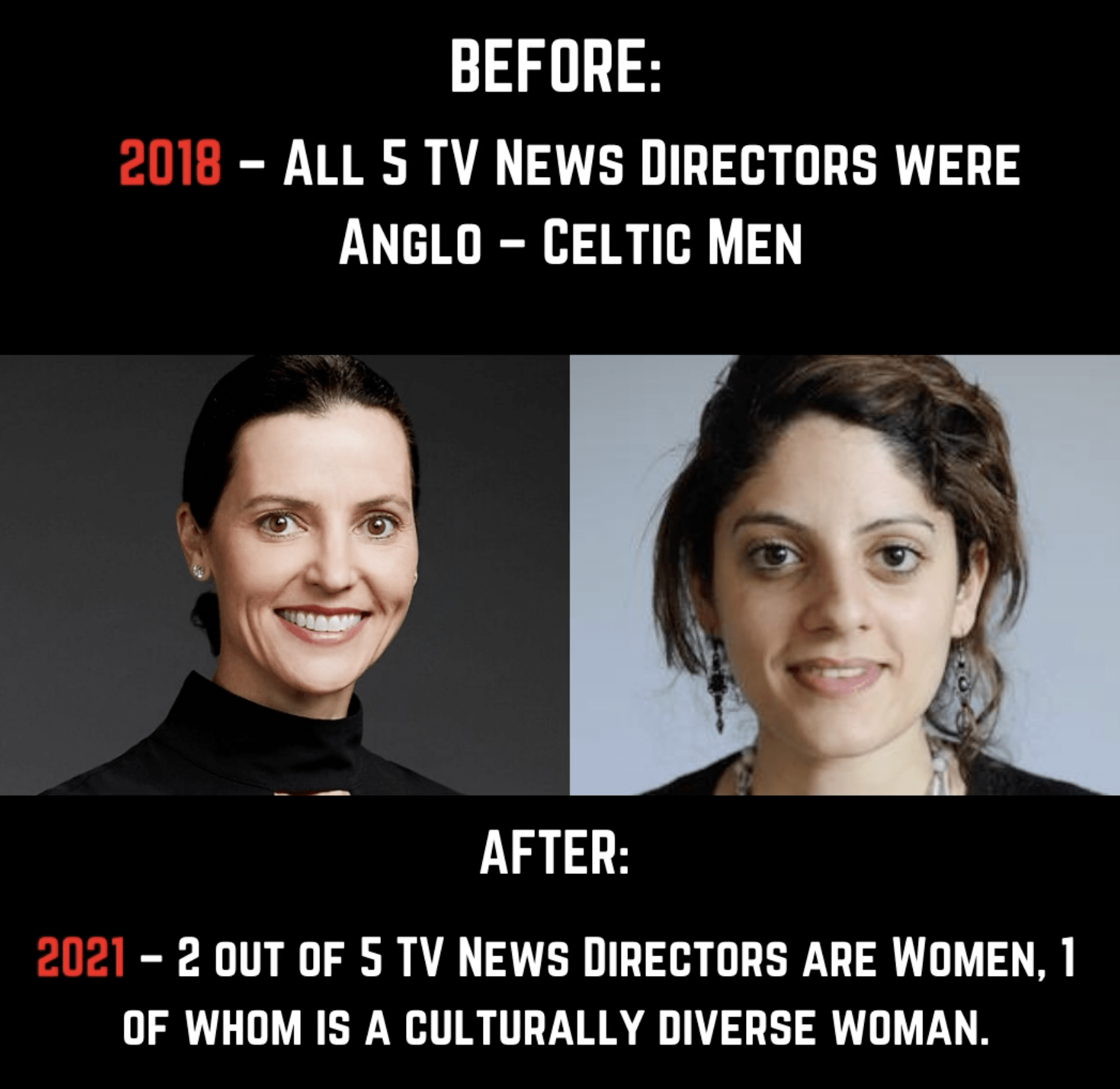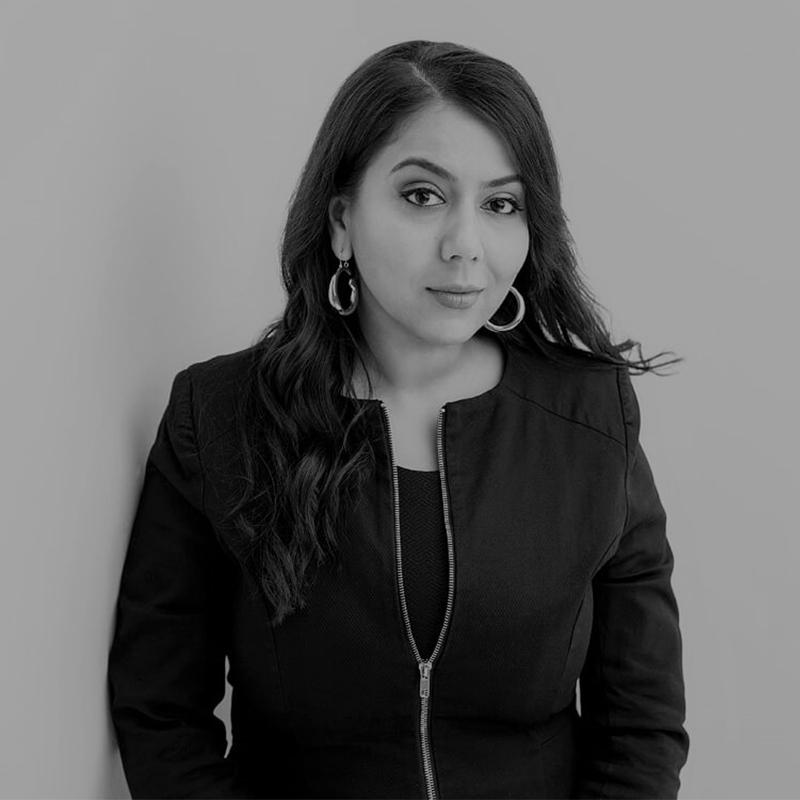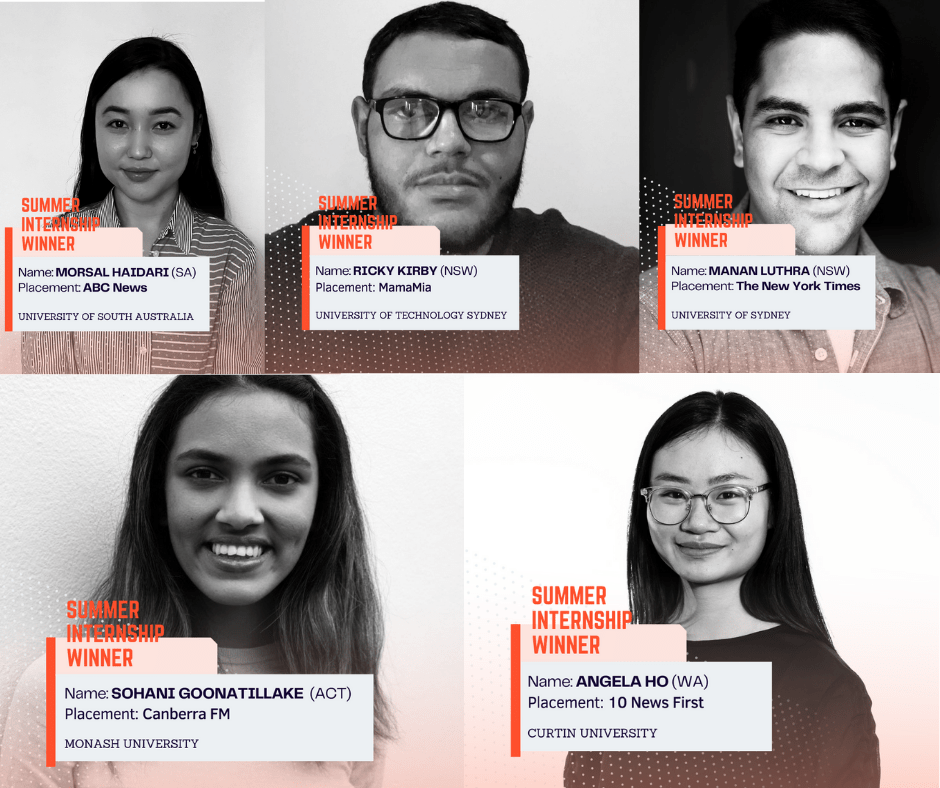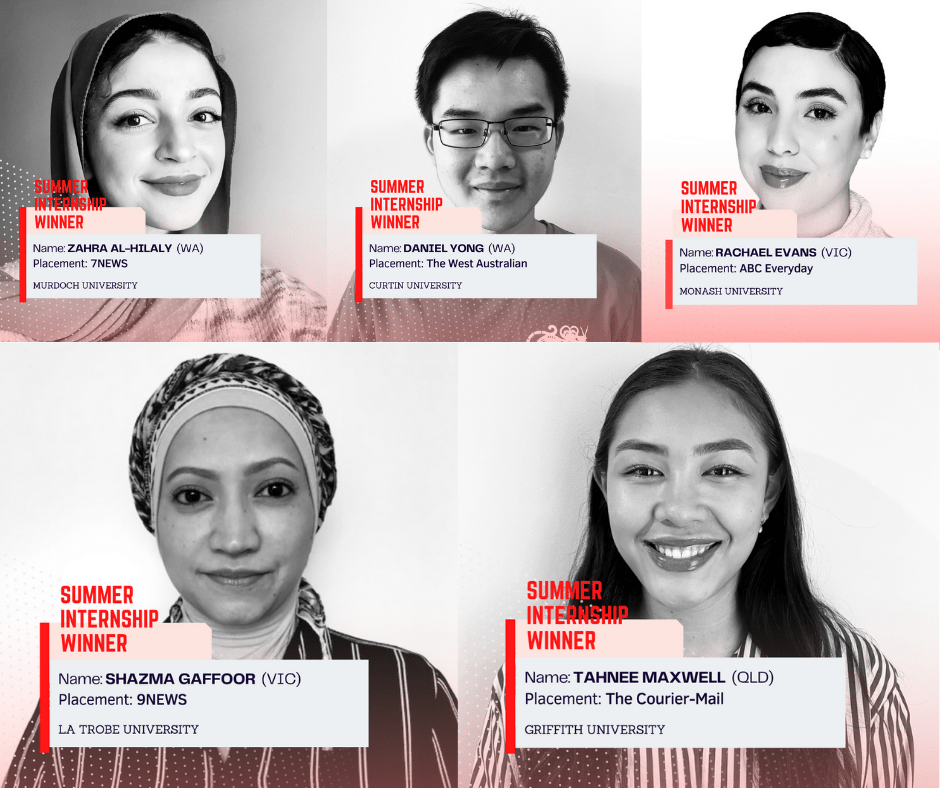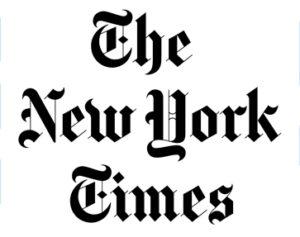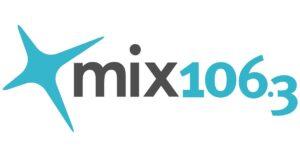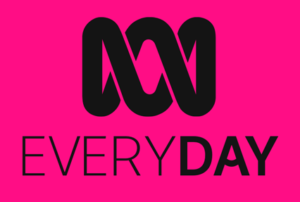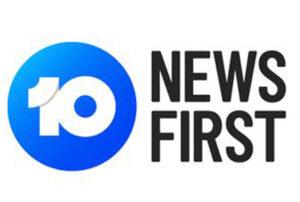Author: mediadiv
July 2022 Newsletter
Hi MDA supporters,
In this July newsletter, our three MDA political fellows give us the lowdown on what it was like covering the recent federal election from the parliamentary press gallery during their placements with The Guardian, the Sydney Morning Herald and AAP. We also spotlight our SMH political fellow, Katherine Wong to hear about her experience as a political reporting ‘newbie’ and her tips for young journos! We introduce the first four women of colour mentorship program pairs in our new annual program cultivating the next wave of editorial leaders. We’re also calling for expressions of interest from early to mid-career Australians of Chinese heritage to undertake an eight-week Secondment program working in mainstream newsrooms. Our 2021 Summer interns reflect on their experiences during their internships. Entries are now open for the 67th Walkley Awards! And finally, we are so proud to announce that our CEO, Mariam Veiszadeh is one of the 12 Community ambassadors for the Racism. It Stops With Me. Campaign.
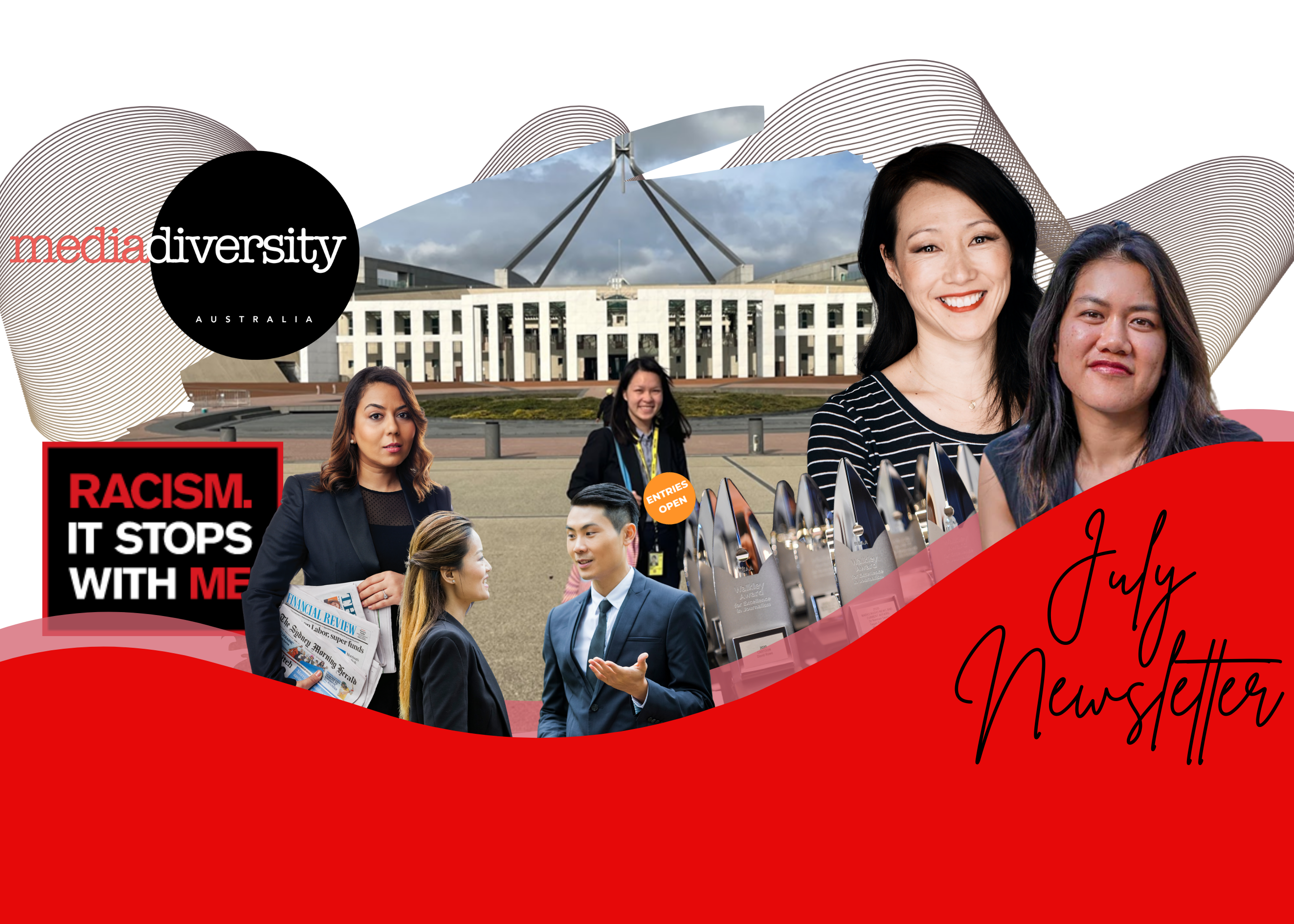
In this issue:
- Spotlight on: MDA’s 2022 SMH political fellow, Katherine Wong
- Political Fellowships: Our three political fellows share their insights post election
- Women Of Colour Mentorship Program: Introducing the first 4 mentor + mentee pairings
- Secondment program for Chinese-Australians: Calling for expressions of interest
- Google Summer Internships: Let’s hear from our 2021 Summer interns!
- End of Year Walkley Awards: Entries are now open!
- Racism. It Stops With Me. Campaign: Our CEO Mariam Veiszadeh is one of 12 Community Ambassadors
Spotlight on: MDA’s 2022 SMH political fellow, Katherine Wong
Having the opportunity to write, publish, and learn within the press gallery has further stoked my passion for journalism.
(MDA) They understand the difficulties of being a person of colour in journalism which means they know how to help, facilitate connections when needed, and helped validate me when I needed a boost of confidence or felt the weight of imposter syndrome.
-MDA’s 2022 SMH political fellow, Katherine Wong
You were one of MDA's 2022 Federal Election Political Fellows - Can you tell us a bit about your time at the press gallery during your fellowship?
Working in the press gallery was an amazing experience. I had a chance to talk to, and work with, some of the best journalists in the country, and have my work published in one of the biggest print newspapers in the country. To be able to publish my own stories on young people’s perspectives of the election, diverse voices in Australian literature, and even more silly stories about political memes has been a surreal experience. Having the opportunity to write, publish, and learn within the press gallery has further stoked my passion for journalism. While I expected there to be a strong sense of competition and some degree of hostility within the press gallery, I found it wasn’t like that at all. There are so many empathetic journos who understand what it’s like to be a beginner in the industry, and everyone did whatever they could to help me find my feet. It is incredibly inspiring to walk into work everyday and be surrounded by people who are so supportive, lovely, hardworking, and love their job. There are very few places where you can experience this camaraderie.
Following the fellowship, what are your career plans? What is one piece of advice you can offer other young diverse journalists like yourself who are taking their first steps in the industry?
I’m still in the process of applying for jobs and have received an offer to work in lifestyle media, but I’m trying to get back into a major outlet as soon as I can. I’m still not 100 per cent sure what I want to specialise in or where I want to be, but I know I want to be in journalism. I think I’m leaning towards culture news but since I’m still at the beginning of my career, I want to keep my mind and options open to trying new things. Emerging journos have probably heard this a million times before, but honestly the best tip is to make friends wherever you can. Take any and every opportunity to get lunch or a coffee, don’t be afraid to chat to people while washing your hands in the bathroom, keep in contact with people you’ve met along the way (especially other young journos). These people are the ones you can ask for help, the people who will refer you to opportunities, and who will support you through the rejections we all inevitably have to face.
Can you tell us a bit about your experience with Media Diversity Australia and what its mission means to you?
Media Diversity Australia has been so supportive throughout my experience in the Fellowship. They always reached out to make sure I felt okay in the high-pressure environment of the Press Gallery, and I could always turn to them for honest help and feedback. They understand the difficulties of being a person of colour in journalism which means they know how to help, facilitate connections when needed, and helped validate me when I needed a boost of confidence or felt the weight of imposter syndrome.
MDA’s vision to champion cultural diversity in Australian news and media means helping aspiring journalists get their foot in the door and provide support, so young POC can stay in the industry and wield influence. It means challenging the status quo to dramatically change Australia’s media landscape for the better. It means listening to and actively addressing the concerns of an ever-growing demographic of Australians, and advocating for equal participation for all.
Q. What was your favourite part of the Fellowship?
Famida Rahman (AAP):
It was really fun finding and successfully pitching stories that initially seemed small and had little coverage before they blew up.For example, finding the story about Robbie Beaton’s false address before it became a full AFP investigation for electoral fraud. Or when I successfully pitched and published a story about territory rights, interviewed four politicians on the issue, before it became a major talking point towards the end of the campaign. These types of stories were really exciting and made me feel like what I was writing had a real impact.
It was surreal to work in the parliament house after spending years studying its significance and working to administer the policies and laws made there. It is also such a beautiful building with lots of gardens and decent food!
I had a lot of fun connecting and making friends with the other fellows
Khaled Al Khawaldeh (The Guardian):
This is a tough one, I absolutely loved every moment of it. The parts that will stick with me forever have to be the feeling of publishing my first story. Seeing my byline up there on the Guardian felt like an accumulation of years of work coming to fruition.
Katherine Wong (SMH):
My favourite part of the Fellowship was having the chance to work and pitch in a major newsroom. To have my stories – thought of, pitched, and written completely by myself – read by thousands of people on a national level, is exhilarating. The atmosphere of a newsroom was amazing as well. The hustle and bustle, watching these senior journalists put out 4 or 5 pieces a day and being able to help out with that – it was so cool. I also loved being in the Press Gallery. It was a surprisingly friendly and communal place. Everyone would say hi to each other and stop for chats, journalists would pop in and out of each other’s newsrooms, even the security guards were really friendly.
What are the three most important things you learned from your Fellowship?
Famida Rahman (AAP):
- How to write in the news writing style
- Judging newsworthiness and learning how to identify the most interesting news angles for each story
- Building the confidence to find and pitch my own stories and not taking it personally if they were rejected
Khaled Al Khawaldeh (The Guardian):
Pick up the phone, don’t be complacent (there is no time in a newsroom), be brave and have thick skin, write concisely and cleanly, style guides are there for a reason, your network is everything.
These are just some of the valuable lessons I learned in this experience, working with some of the top journalists in the country.
Katherine Wong (SMH):
- Don’t be afraid to ask for help, advice, or even a job. Most of the people in the newsroom want to help each other and understand how hard it is to break into this industry.
- Journalists and editors are people, as are the people you talk to. Be polite and professional, even if you disagree with others. It doesn’t cost anything to be polite.
- Journalists need to be confident and have no shame. If you don’t feel confident, just fake it to make it. Don’t be afraid to repeatedly call, email, or just generally nag people.
Was there much diversity in the teams you worked on? How did that make you feel?
Famida Rahman (AAP):
I noticed a real lack of cultural diversity in the AAP Canberra Office, I was the only person of color in the newsroom. The lack of cultural diversity was also reflected in the press gallery more broadly. Everyone at AAP was really lovely and I never felt negatively about being from a diverse cultural background while I was part of their team. It completely felt like a non-issue. However, working in the press gallery/parliament more broadly was a bit overwhelming and I sometimes wondered if I really had a place there.
Khaled Al Khawaldeh (The Guardian):
There was an okay amount in Sydney but none at all in Canberra. It is exactly what I expected so it didn’t make me feel any type of way. However, it could feel like I didn’t belong at times but that being said – getting weird stares from people in the press gallery corridor etc. only strengthened my resolve and made me feel even prouder to be there.
Katherine Wong (SMH):
There wasn’t very much diversity in either the Canberra or the Sydney teams. For the most part, this didn’t affect my day-to-day work too much, but I definitely noticed a difference in the way I acted when talking to POC editors and journalists, compared to non-POC members of the newsroom. When I pitched to POC editors, like Osman Faruqi, I felt much more confident and comfortable with my ideas. The process was much easier, and I was less nervous about receiving feedback. However, when I pitched to non-POC editors, I felt like I really needed to prove that my idea was worth pursuing and that people would genuinely read it. It made me feel much more anxious about the entire process.
Women of Colour Mentorships: Meet the first four mentor + mentee pairs
The Women of Colour Mentorships in partnership with Crescent Foundation, University of Melbourne, and Monash University, is designed to empower First Nations and culturally and linguistically diverse women journalists and provide them with the requisite knowledge and skills to navigate climbing the ranks of editorial leadership.
Meet our first four mentor and mentee pairings…
Antoinette Lattouf (MDA/Journalist/ Author) – MENTOR
Nehal Dalgliesh – MENTEE
Mibenge Nsenduluka (Journalist/Author) – MENTOR
Ruth Brooke – MENTEE
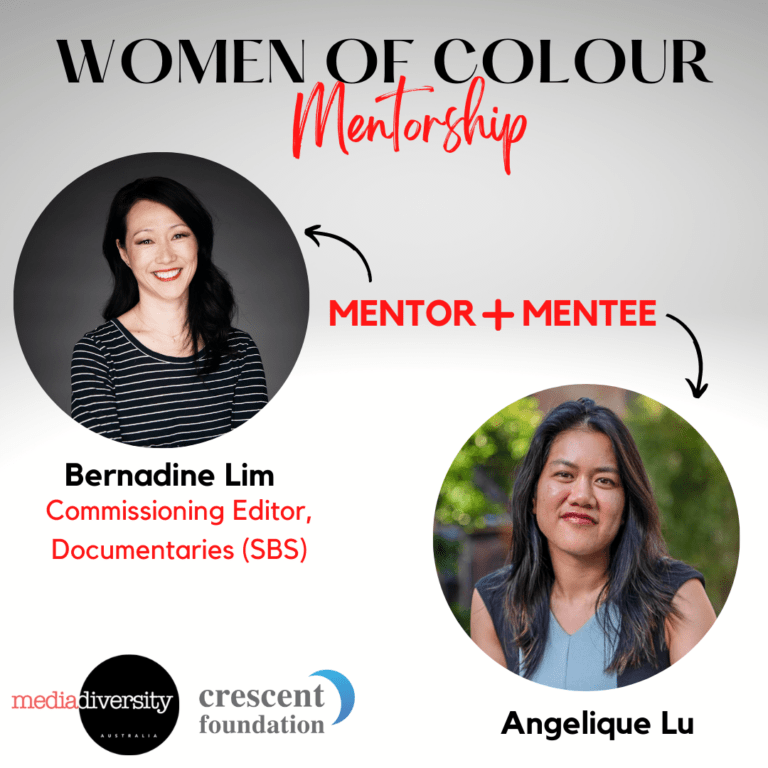
Bernadinr Lim (Commissioning Editor, Documentaries SBS) – MENTOR
Angelique Lu – MENTEE
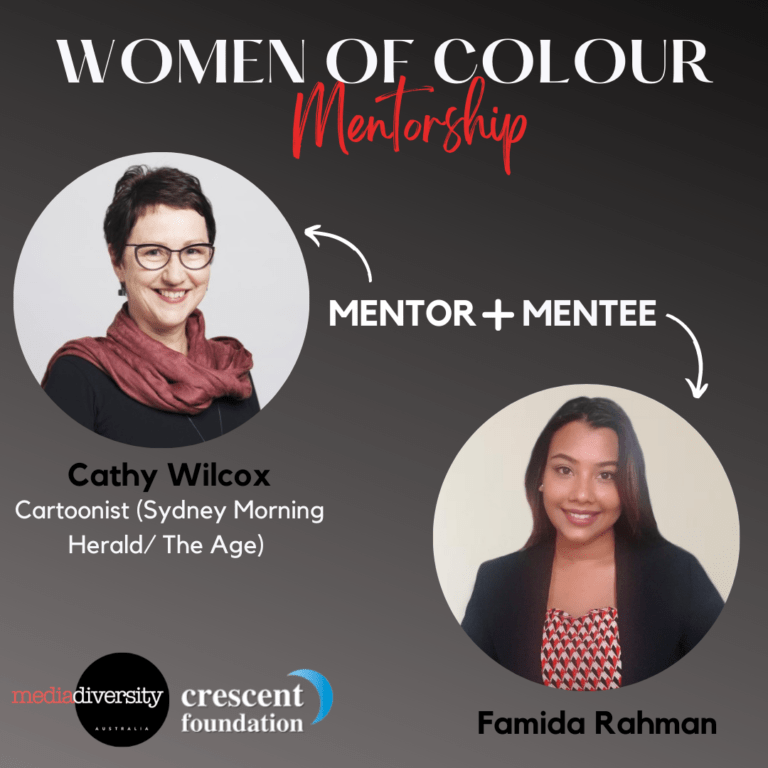
Cathy Wilcox (Cartoonist at SMH/ The Age) – MENTOR
Famida Rahman – MENTEE
Chinese-Australian Journalism Secondment Program, in partnership with the National Foundation for Australia-China Relations (NFACR) and the National Ethnic and Multicultural Broadcasting Council (NEMBC): Apply NOW!
Media Diversity Australia is calling for expressions of interest from early to mid-career Australians of Chinese heritage with experience or an interest in working in journalism, to undertake an eight-week program working in mainstream newsrooms.
The eight week program is designed to improve journalism coverage of Chinese communities in Australia, by increasing the number of journalists with strong Chinese cultural connections.
It will provide three Chinese-Australian professionals with the knowledge and skills to navigate the ranks of editorial leadership, and mid-career Chinese-Australians working in other professions with flexible journalism work that may lead to a potential career pivot.
Applicants will preferably have experience working in community media, new media or demonstrated strong writing and/or presentation skills
Applicants can apply by emailing MDA’s Director of Special Projects, Simone Jordan: simone@mediadiversityaustralia.org
For more information on the Chinese- Australian Media Secondment Program visit our website at https://www.mediadiversityaustralia.org/secondment/
Google Summer Internships: Let’s hear from our 2021 Summer interns!
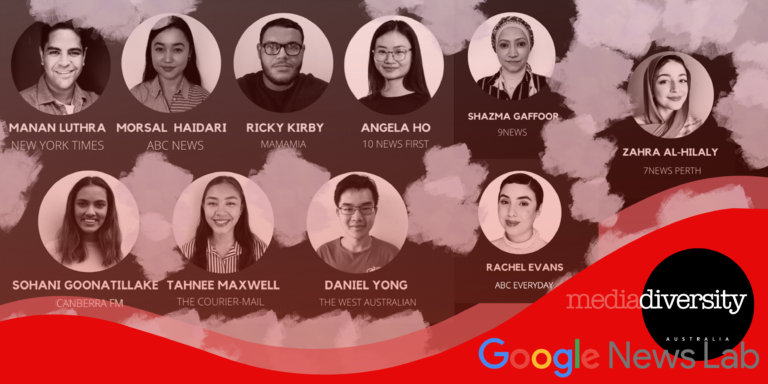
What was your favourite part of the internship?
Manan Luthra, The New York Times: “I loved the practical opportunities it provided. Not only was I given the chance to independently produce stories, but I was also given the freedom to find my own sources, conduct interviews with them, and simplify my writing skills to suit a mass audience.”
Ricky Kirby, MammaMia: “My favourite part was having the opportunity to contribute to Mamamia, having something with my name published on their website is really cool.”
Tahnee Maxwell, The Courier-Mail: “I enjoyed being around like-minded people and seeing the way they interpreted news events and then what angles they would come up with. It was also great being around people who supported my future career and encouraged me.”
What about your internship do you think could have been improved?
Angela Ho, 10 News First: “Maybe a more formal scaffold for check-ins with my newsroom manager. There weren’t clearly definable milestones in my internship and I wasn’t sure when I’d have more formal conversations with my newsroom manager about her expectations of me. I think I did well overall, but I wasn’t sure whether there were specific criteria I should have satisfied. My newsroom manager seemed to be happy to let me drive these conversations.”
Rachael Evans, ABC Everyday: “Perhaps a bit more training from the team could’ve been provided, although I never exactly asked. For example, I would’ve loved to watch one of my co-workers do an interview, shadow the subs for a day, run through the style guide, have more insight on how editors edit, etc.”
Shazma Gaffoor, Nine News: “What I least liked was probably the waiting around at the start, but I turned it around and proactively worked towards doing my own packages.”
Was there much diversity in the teams you worked on? How did that make you feel?
Zahra Al Hilaly, Seven News: “Next to none. When MDA first mentioned the idea of being paired with a ‘CaLD buddy’ in the workplace I was tempted to say it wouldn’t be necessary, but the reality of turning up on day one in the newsroom to no one else of a different background surprised me more than I thought it would. A similar makeup was observed across different outlets when I met other journalists on-location, so meeting cadets on the road was awesome.”
Morsal Haidari, ABC News Adelaide: “I noticed straight away in the newsroom there was a lack of diversity. I had a childhood friend in the newsroom who is also from the same culture as I, which was very comforting. I realised we were the only people of colour although we fit in the newsroom culture effortlessly.”
Sohani Goonetillake, CanberraFM: “There was a lack of diversity in the newsroom, however, I did feel very welcome from the beginning. Despite our differences, I was fortunate to work in a team with similar values to mine so I felt respected and seen in the workplace.”
End of Year Walkley Awards: Entries are now open!
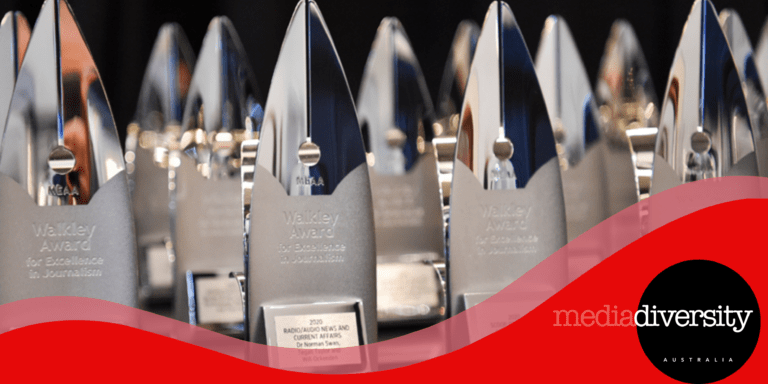
Entries are now open for the 67th Walkley Awards!
The Walkley Awards are open to all Australian media for work published on any platform between September 1, 2021, and August 31, 2022. Entries close at midnight on Tuesday, August 31, 2022. Apply now!
The Walkleys recognise excellence in Australian journalism across 30 categories, on all platforms including photojournalism, documentary, non-fiction books, and cartoons.
You can find all of the categories, terms, conditions and submit your entry here: https://www.walkleys.com/awards/walkleys
Racism. It Stops With Me. Campaign: Our CEO Mariam Veiszadeh is one of 12 Community Ambassadors
Media Diversity Australia is proud to support the Racism. It Stops With Me campaign. Racism is more than just harmful words or individual actions. It includes structural biases in our society, its laws, institutions, and ways of thinking.
We are proud to announce that our CEO, Mariam Veiszadeh was named one of the 12 Community ambassadors of the Racism. It Stops With Me. Campaign
Anti-racism means more than being ‘not racist’. It involves actively committing to taking action against racism, wherever it occurs. That might be in the form of harmful words or actions, but it may also be in the form of structural discrimination in the workplace, or in the justice and health systems, or in the lack of representation in positions of power, such as media, boardrooms or parliaments. Anti-racism means standing shoulder to shoulder with those advocating for justice.
The Australian Human Rights Commission has developed a range of resources, including a conversation guide and Workplace Cultural Diversity Tool, to help people and organisations strengthen their understanding, and develop ways to address racism.
MDA is committed to learning more and taking action. Racial inequality affects all of us, directly or otherwise, and there is a role for us all to play in addressing it. This year’s Racism. It Stops With Me campaign aims to encourage allies to reflect on how racial inequality affects all of us, and take a stand against it. There is a role for everyone to play in addressing racism and begins by asking yourself the hard questions.
Want to help create a media that looks and sounds like Australia?
As a not-for-profit organisation, we rely on the help of our incredible volunteers. With your financial and volunteer support, we can continue to run programs to support culturally and linguistically diverse journalists, conduct agenda-setting research, run networking events, provide practical solutions for the media industry, and much more. If you would like to make a tax-deductible donation to support the vital work we do, please click here.
About us
Media Diversity Australia (MDA) is a national not-for-profit organisation led by journalists and media professionals. Australia is culturally and linguistically diverse, and our media should be too. Established in 2017, MDA has a unique role as a champion of cultural diversity in Australian journalism and news media. We have a vision for a media industry with full and equal participation for culturally diverse people at all levels.
Get in touch:
- Social Media & Communications Producer: Nayonika Roychoudhury
- Email: comms@mediadiversityaustralia.org
June 2022 Newsletter
Hi MDA readers,
In this June newsletter, we spotlight the Ghanaian born, Mussellbrook raised journalist and author, Mawunyo Gbogbo who’s enthralling memoir, Hip Hop and Hymns, is a must-read! Calling all TV journalists, either on camera or off camera to help us out by completing a short anonymous research survey about representation in newsrooms. We bid farewell to our Amplifying Voices 2022 graduates as we celebrate their incredible transformation into confident spokespeople for their communities. We also introduce MDA’s 2022 chapter members, made up of journalists and media professionals across New South Wales, Queensland, and Victoria. We celebrate The Greatest Menace, an Audible podcast which this year took out the 2022 Media Diversity Australia Award at the Mid-Year Walkleys. And while you’re with us, take a look at our snaps from our ‘Without Fear and Favour’ forum on reporting on China which we held in partnership with the National Ethnic Multicultural Broadcasters’ Council. Oh! And if you like our work, please make a tax-deductible donation to Give Back Now!
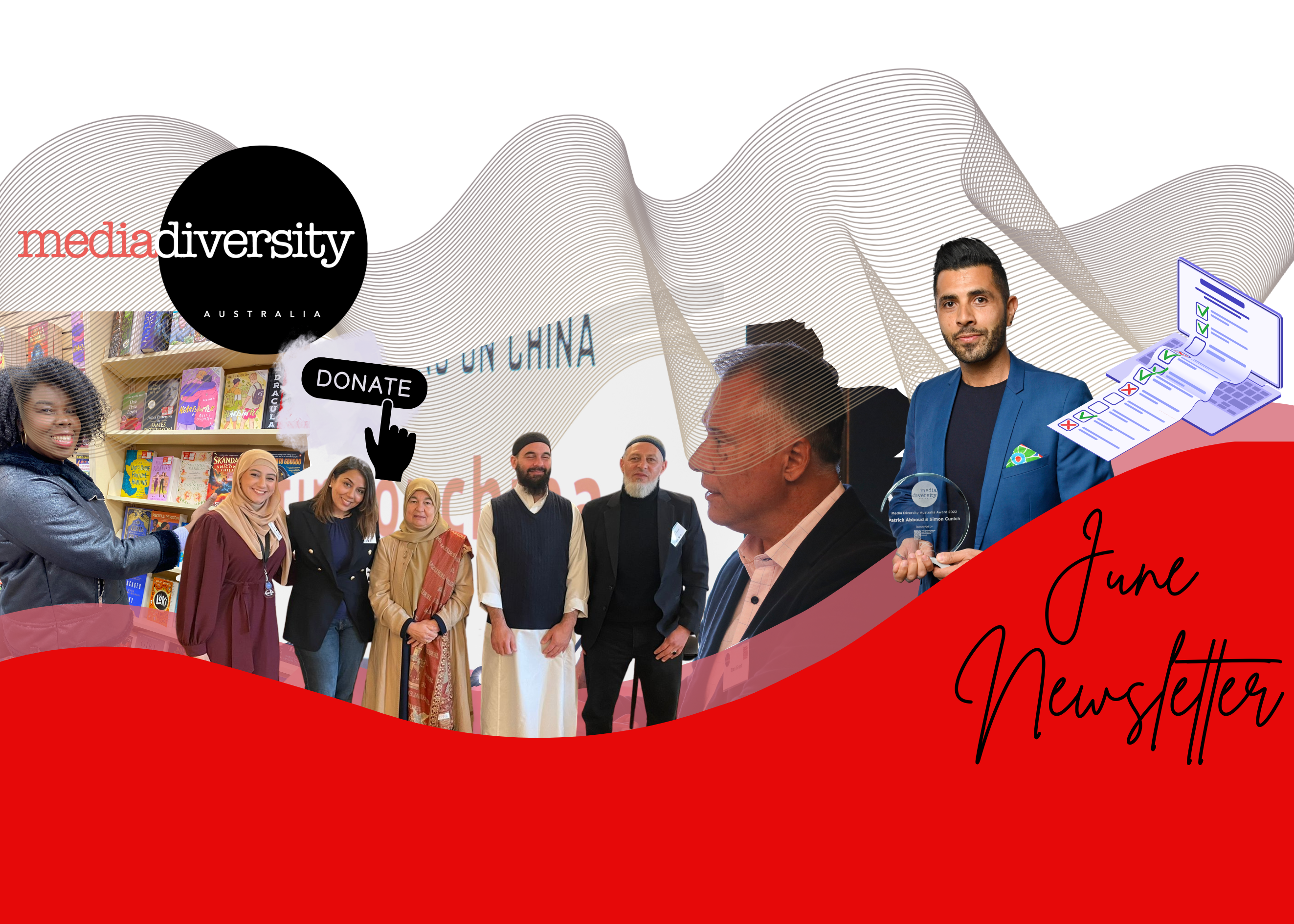
In this issue:
- Spotlight on: Mawunyo Gbogbo, Journalist & Author of Hip Hop and Hymns
- Calling all TV journalists: Whether you’re in front of or behind the camera, we need your help: please fill in this anonymous survey about representation in your newsroom
- 2022 Media Diversity Australia Award winner: ‘The Greatest Menace’, Award administered by the Walkley Foundation
- Amplifying Voices: A media training program for Muslim youth and community leaders. We congratulate our 2022 Graduates!
- MDA Chapter Roles: Introducing the newest additions to the team of journalists joining our MDA chapter committees across Australia!
- Reporting on China – Without Fear or Favour: Our panel on the difficulties of reporting China and what journalists can do about it, hosted by the inimitable Stan Grant
- GIVE BACK NOW: Support us with an end of financial year tax-free donation
Spotlight On: Mawunyo Gbogbo, Journalist & Author of Hip Hop and Hymns
I want Australians to ask themselves the hard questions. Why do I see mostly white faces on the television when people like me exist? It’s not because we’re not talented. It’s not because we’re not interested in on air roles. It’s not because we’re not working our butts off to make it happen. It’s because of systemic and institutionalised racism and unconscious bias.
–Mawunyo Gbogbo, Journalist and Author
Congratulations on your debut book, Hip Hop & Hymns! Your memoir has been described as a page turner and has deeply resonated with many. Can you tell us a bit about your book?
Thank you so much. I’m thrilled by the number of people who’ve told me they couldn’t put it down and were swept away by it. In a nutshell, it’s a memoir about race, identity, music and love. It’s a coming-of-age story about growing up Black in a country town in Australia and it’s also about some of the challenges I’ve faced trying to build a career in the media as a woman of colour. And it’s a tragic love story. So, a lot of things all rolled into one with music as its backdrop given the vital role music has played in my upbringing and throughout my life.
Your book discusses some powerful themes and shines a light on important discourses that are not spoken about enough. What are some much needed conversations you hope take place as readers flip through the pages of your memoir?
I want Australians to ask themselves the hard questions. Why do I see mostly white faces on the television when people like me exist? It’s not because we’re not talented. It’s not because we’re not interested in on air roles. It’s not because we’re not working our butts off to make it happen. It’s because of systemic and institutionalised racism and unconscious bias. Another question I’d like people to ask themselves is – is the criminal justice system in Australia working? If the goal is reform, the answer would be no. Jailing 10-year-olds does nothing more than traumatise children and ultimately increase the likelihood that they’ll re-offend meaning you could be a victim of crime because recidivism rates are so high. I don’t have the answers. But I think we should be listening to people with lived experience in the criminal justice system and advocating for change.
You’ve had an interesting and impressive career progression. Can you tell us a bit about your journey till now?
I’m currently a music and pop culture reporter for Double J and ABC News. In this role, I write online articles and sometimes appear on telly or the radio to talk about these stories.
I have worked as a features reporter and producer for ABC Radio Sydney, as a journalist for ABC NewsRadio, a segment producer for the Today show on the Nine Network, and an associate producer for Insight on SBS TV, where I won a United Nations Association of Australia Media Peace Award for Increasing Awareness and Understanding of Children’s Rights and Issues.
I was also part of the ABC Regional and Local team who together with ABC News won a Walkley Award in 2020 for Coverage of a Major News Event or Issue for the ABC Bushfire Coverage.
The skills I’m most proud of include my killer writing skills – my colleagues at Nine used to say constantly “No one can write an intro like Marnie,” (they called me Marnie there) and my writing abilities are also highly valued in my current role. And I’m also adept at identifying and locating unique, interesting, and difficult to find talent.
Our readers include young diverse journalists and reporters taking their first steps into the media industry. - As someone who has worked in the industry, what is one piece of advice you can offer them?
If I had my time again, I would pick an area and specialise in it early. I didn’t do that which means while my career has been interesting, I’ve been at the same level for many years, moving sideways into very different roles but not progressing up the ladder, so to speak. My advice would be to pick an area – if you’re interested in business – do that. If it’s arts and entertainment that floats your boat – stick with that. If it’s sport… you get my drift. Also, select a medium – TV, radio, magazines, online, or newspapers. Don’t do what I did and do absolutely everything, ‘cos 20 years on, you may still be a junior reporter.
Led by experts from the University of Sydney, Deakin University, and UTS in collaboration with Media Diversity Australia, we invite you to complete the survey about representation in Australian newsrooms as a regular part of Australian media diversity practice. All information will remain anonymous and de-identified. The online survey takes no more than five minutes to complete.
Our aim with this survey is to find out more about people working in television news and current affairs – whether on screen (presenter/reporter) or off screen (producer/ researcher/ camera operator/ editor/ graphics).
So, if you or anyone you know works in television news and current affairs, we’d love to hear from you! Take this anonymous five minute survey NOW
Amplifying Voices: A media training program for Muslim youth and community leaders. We congratulate our 2022 Graduates!
Minority communities find themselves often thrown into the media spotlight out of the blue and often feel ill prepared and struggle to navigate the beast that is the media. The Amplifying Voices Program is designed to level that unequal playing field to ensure communities are well equipped with the skills, know-how, and connections to navigate their interactions with mainstream media and to engage proactively on their terms. Ultimately it also helps bridge the gap between community members and members of the media which is invaluable.
–Mariam Veiszadeh, CEO of Media Diversity Australia
A huge CONGRATULATIONS to our Amplifying Voices 2022 Sydney graduates on successfully completing the media training program for Muslim youth, women, and religious leaders from diverse ethnic and religious backgrounds.
The Amplifying Voices Program took place over five weeks (14th May – 11th June 2022) at the Judith Neilson Institute for Journalism and Ideas. The purpose of the program was to build the capacity of delegates to engage with traditional Australian media and work on their skills as media spokespeople. We also wanted to strengthen their knowledge of how social media operates to better engage their audiences.
We began Amplifying Voices in 2021 and designed and delivered a program in collaboration with the Judith Neilson Institute of Journalism and Ideas. This year, we ran a refreshed version of the program, with a number of presentations, panels, and workshops.
The sessions focused on promoting accurate information and better representation of the Muslim faith and community in Australia, including correcting misrepresentations. We want to to help improve the relationship between Muslim communities and media professionals. The participants spoke up about several significant challenges facing Australian Muslims. And pleasingly, their feedback about the program was overwhelmingly positive.
MDA Chapter Roles: Introducing the newest additions to the team of journalists joining our MDA committees across Australia!
A warm welcome to our 2022 MDA state chapter members across New South Wales, Queensland and Victoria – some old and some new! Our members consist of journalists and/or media professionals who mirror MDA’s vision and are passionate about creating long lasting impact when it comes to diversifying the media landscape.
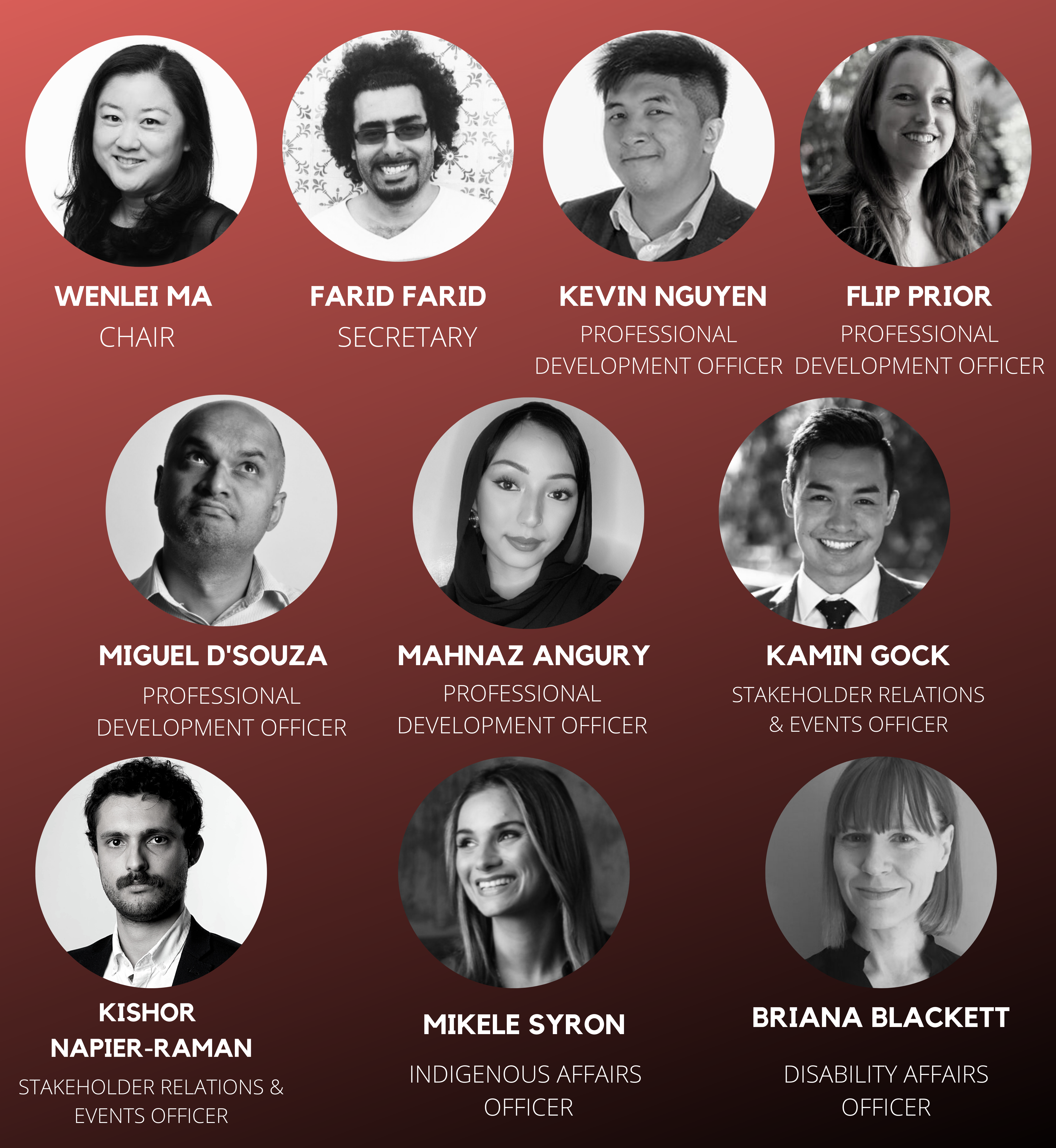
New South Wales Chapter
Chair: Wenlei Ma
Secretary: Farid Farid
Professional Development Officer: Kevin Nguyen
Professional Development Officer: Miguel D’souza
Professional Development Officer: Mahnaz Angury
Professional Development Officer: Flip Prior
Stakeholder Relations & Events Officer: Kamin Gock
Stakeholder Relations & Events Officer: Kishor Napier-Raman
Indigenous Affairs Officer: Mikele Syron
Disability Affairs Officer: Briana Blackett
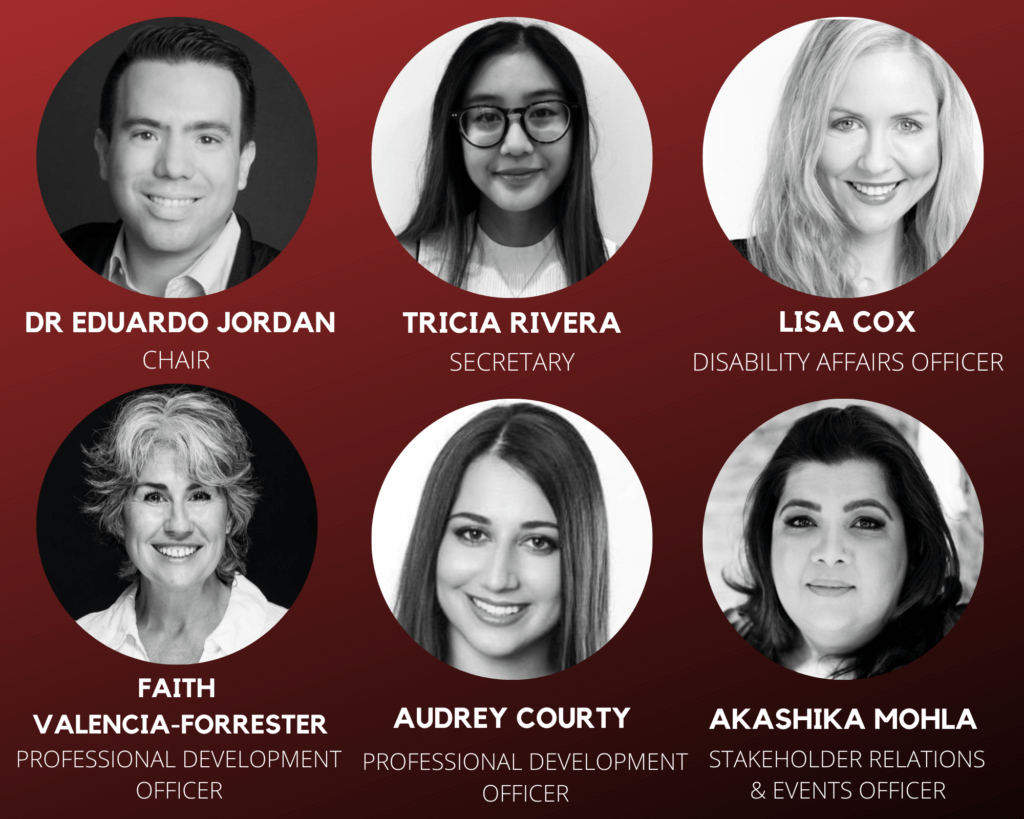
Queensland Chapter
Chair: Dr Eduordo Jordan
Secretary: Tricia Rivera
Disability Affairs Officer: Lisa Cox
Professional Development Officer : Faith Valencia-Forrester
Professional Development Officer : Audrey Courty
Stakeholder Relations & Events Officer: Akashika Mohla
Indigenous Affairs Officer: VACANT seeking applicants
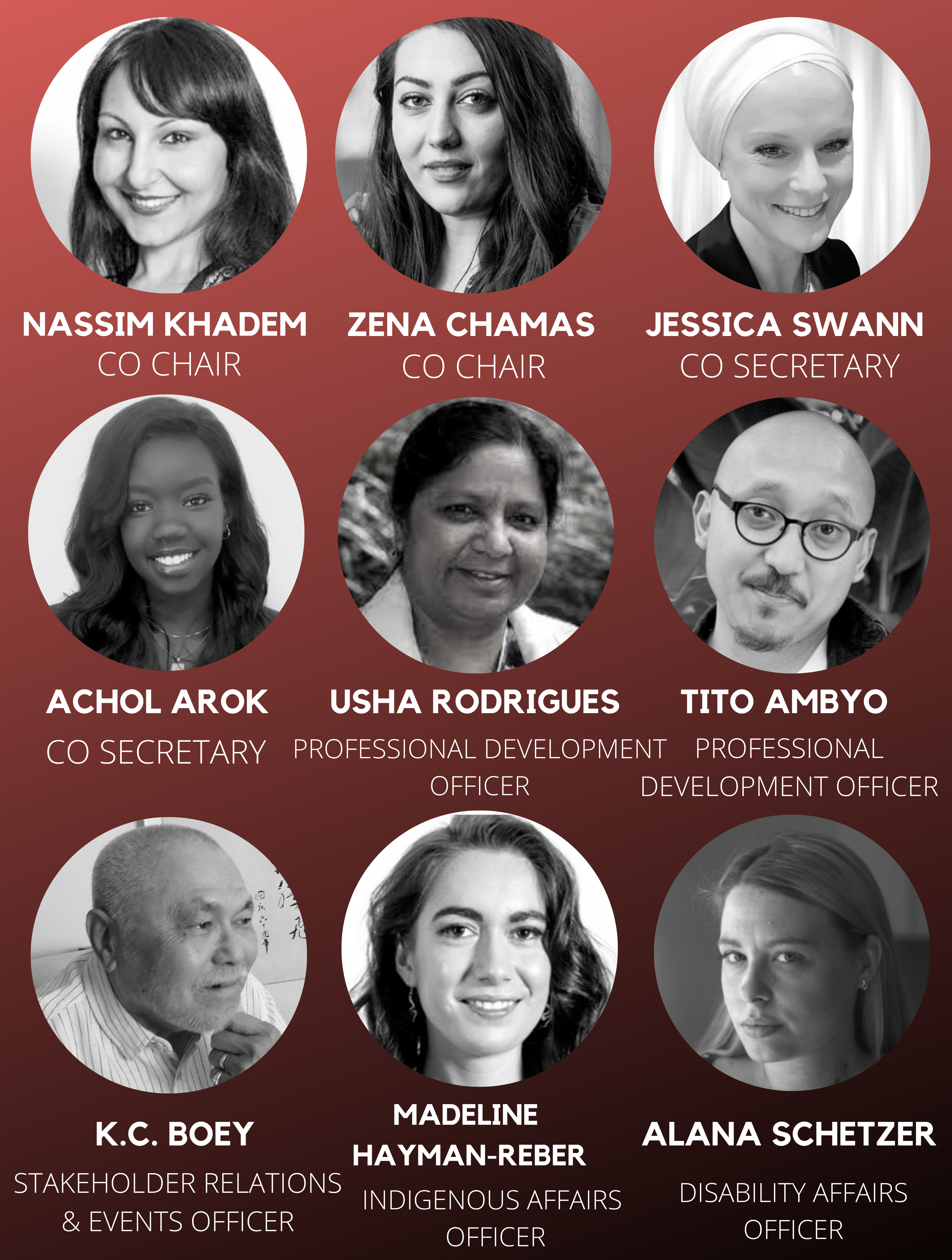
Victoria Chapter
Co Chair: Nassim Khadem
Co Chair: Zena Chamas
Co Secretary: Jessica Swann
Co Secretary: Achol Arok
Professional Development Officer: Usha Rodrigues
Professional Development Officer: Tito Ambyo
Stakeholder Relations & Events Officer: K.C.Boey
Indigenous Affairs Officer: Madeline Hayman-Reber
Disability Affairs Officer: Alana Schetzer
‘The Greatest Menace’ wins 2022 Media Diversity Australia Award administered by the Walkley Foundation
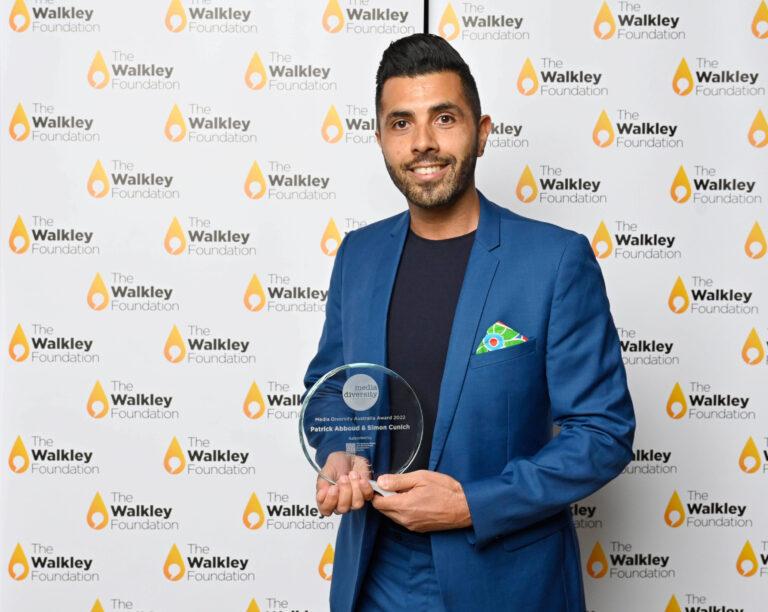
A huge congratulations to Patrick Abboud and Simon Cunich, who produced “The Greatest Menance: Inside the Gay Prison Experiement, for ”Lockdown Productions and Audible. They won the 2022 Media Diversity Australia Award at the Mid-Year Walkleys on June 15th!
The judging panel – Rhanna Collins (NITV), Jeremey Fernadez, (presenter, ABC TV News) and Zena Chamas (freelance journalist) said: “The Greatest Menace revisits rumours of a long-forgotten gay prison on the edges of an isolated town in alpine New South Wales. Patrick Abboud and Simon Cunich investigate what happens when prejudice, police cover-ups, and government-sponsored human experimentation collide with notions of sexuality, gender identity, cultural heritage, and faith. An exceptional piece of work.”
Media Diversity Australia CEO Mariam Veiszadeh, who presented the award, said, “Whose stories are told or not told, and how they are framed within the media landscape plays a significant role in how historically underrepresented groups are perceived in the broader community. This year’s winner of the 2022 Media Diversity Australia Award administered by the Walkley Foundation, is an incredible example of a piece of work that does precisely that, as it holds a microscope to hidden prejudice and the dark and buried history of a long forgotten gay prison.”
Reporting on China - Without Fear or Favour: Our panel on the difficulties of reporting China and what journalists can do about it, hosted by the inimitable Stan Grant
Media Diversity Australia in partnership with the National Ethnic Multicultural Broadcasters’ Council held the Without Fear or Favour: Reporting on China forum at the Judith Neilson Institute on Monday, May 30.
The panel discussed challenges faced by Chinese Australian journalists when reporting on China and deliberated on what media organisations do to ensure they can report without fear or favour. It was well received on social media too. Take a look at #reportingonchina
The event was brilliantly moderated by Stan Grant with our fantastic line of panellists consisting of Mandi Wicks, News Director (SBS); Jennifer Hsu, Research Fellow (Lowy Institute); Songfa Lui, President (ICMS radio); and Echo Hui, Investigative journalist (ABC).
A big thank you to the MDA team for their hard work in bringing MDA founder, Isabel Lo’s vision to life! We look forward to having many more topical conversations like this in the future.
Want to be notified next time MDA hosts an event? Email us your name, position, email and number at comms@mediadiversityaustralia.org and we will be sure to keep you updated on our upcoming events.
GIVE BACK NOW: Support us with an end of financial year tax-free donation
It’s time to GIVE BACK NOW and become an active part of the change we want to see. MDA’s mission is to create a media landscape that looks and sounds like Australia. We have a vision for a media industry with full and equal participation for culturally diverse people at all levels.
MDA is a not-for-profit organisation run predominantly by journalists and media commentators. With your support, we can continue to run programs to support CALD journalists, conduct agenda-setting research, run networking events, provide practical solutions for the media industry, and much more.
We need your support to continue fighting for equal representation and make a real impact in the media landscape.
Our mission is simple:
- Setting the agenda: We advocate for the value of cultural diversity and the opportunity for change, so that diversity is recognised as essential to the media’s role and success.
- Creating pathways: We deliver relevant, quality programs for media professionals to support their full and equal participation in the industry. Your donation will help us fund essential projects such as internships, fellowships, mentorships and secondments which will help educate and diversify Australia’s media landscape.
- Partnering for change: We are an honest partner for media organisations seeking to drive change, to support them to deliver on their commitments.
The choice is yours! Give Once or Give Regularly with a monthly, quarterly or yearly donation to ensure a longer term allyship with Media Diversity Australia. A regular monthly donation will support our work and our projects structurally!
Please make a tax-deductible donation today!
Want to help create a media that looks and sounds like Australia?
As a not-for-profit organisation, we rely on the help of our incredible volunteers. With your financial and volunteer support, we can continue to run programs to support culturally and linguistically diverse journalists, conduct agenda-setting research, run networking events, provide practical solutions for the media industry, and much more. If you would like to make a tax-deductible donation to support the vital work we do, please click here.
About us
Media Diversity Australia (MDA) is a national not-for-profit organisation led by journalists and media professionals. Australia is culturally and linguistically diverse, and our media should be too. Established in 2017, MDA has a unique role as a champion of cultural diversity in Australian journalism and news media. We have a vision for a media industry with full and equal participation for culturally diverse people at all levels.
Get in touch:
- Social Media & Communications Producer: Nayonika Roychoudhury
- Email: comms@mediadiversityaustralia.org
May 2022 Newsletter
Hi MDA readers,
In our May newsletter, we put a timely spotlight on the CEO of the Centre of Multicultural Political Engagement, Literacy, and Leadership (COMPELL), Tharini Rowette, and unpack how media and political diversity is inter-related. Prominent lawyer, Maker Mayek joins the MDA Advisory Board. Register NOW for the upcoming Reporting on China panel event moderated by Stan Grant. Our Amplifying Voices 2022 media training program commenced last Saturday, May 14. You can view sessions 1 and 2 updates and you can also hear from our Political fellows at the Canberra press gallery. And finally, book now to attend our co-founder Antoinette Lattouf’s ‘How To Lose Friends and Influence White People’ book events in Melbourne and Brisbane.
In this issue:
- Spotlight on: Tharini Rouwette, CEO of Centre of Multicultural Political Engagement, Literacy, and Leadership – media and political diversity
- Board Update: Maker Mayek joins MDA Advisory board
- Reporting on China Panel: RSVP Now!
- Amplifying Voices 2022 Media training: Snaps from our workshops
- Federal Election Political Fellowship: Update on our Fellows
- “How To Lose Friends and Influence White People” by Antoinette Lattouf: Brisbane & Melbourne book events

Spotlight On: Tharini Rouwette, CEO of Centre Of Multicultural Political Engagement, Literacy, and Leadership COMPELL
Our parliament is not representative of multicultural Australia, hence why we need diversity in parliament and also to normalise people of colour in leadership role
-Tharini Rouwette, CEO of COMPELL
We’ve seen an extraordinary influx of First Nations and Culturally and Linguistically Diverse (CaLD) first time federal candidates elected in this year’s federal election. These candidates have secured victories not only for their electorates and states but for their broader communities who will now see themselves reflected in Australian politics like never before. We know that diversity within the political sphere is a positive step in the right direction to encourage similar diversity within our media ranks.We put a timely spotlight on Tharini Rouwette who is seeking to diversify Australian politics.
You are the CEO and founder of COMPELL’s (Colour and Centre Of Multicultural Political Engagement, Literacy, and Leadership) parent company, ‘Allies in Colour’, an organisation dedicated to advancing multicultural Australia in jobs, business, and politics. Why did you form Allies in Colour and COMPELL?
Over the last decade, prior to forming my organisation, I volunteered my time and energy campaigning on various issues impacting marginalised communities. Impacting a small group of people was no longer satisfactory for me and I wanted to do something big that would positively impact the lives of bigger groups of marginalised communities in Australia. This is why I formed Allies in Colour and COMPELL.
At a professional level, I hail from a strong media and tech background having worked in a digital media capacity with companies such as Amazon, Adobe, Singtel/Optus and Google. At a personal level, I used my skills to campaign for political parties and grassroot organisations across Singapore, US and Australia. As an experienced political campaigner, I have worked on campaigns the likes of Bernie Sanders’ in America where I managed a 500-strong volunteer team to campaign for the 2020 presidential candidate all the way from Australia.
You have collated data about the cultural diversity of Australia’s Parliamentarians. Why is it imperative that we see more diversity in the Australian parliament?
Our parliament is not representative of multicultural Australia, hence why we need diversity in parliament and also to normalise people of colour in leadership roles. There’s about 4% of people of colour in parliament today (prior to the recent Federal election) which is hardly reflective of the Australian population that is increasingly becoming multicultural. The information collected, together with my follow-up surveys/interviews will hopefully be the beginning of a long journey towards collecting information that will inform us as to what we need to do to get more people of colour elected in government.
As a daughter of migrants and coming from a multicultural background, I’m always identifying ways to improve outcomes for multicultural Australia through brave and innovative ideas.
Do you think that media diversity impacts political diversity?
I’ve got no doubt that there’s a significant relationship between lack of media diversity and lack of representation in politics. For instance, the lack of Australian Chinese candidates running in this federal election could potentially be directly related to the anti- Chinese sentiment perpetuated by influential, non-diverse journalists/political commentators, towards the Australian Chinese community.
A big congratulations to prominent lawyer, Maker Mayek on joining MDA’s Advisory Board alongside Stan Grant, Waleed Aly, Director of Indigenous Content at SBS Tanya Denning Orman, former Race Discrimination Commissioner Tim Soutphommasane, Hugh Riminton, academic Monica Attard, distinguished lawyer Katrina Rathie, CEO of MultiConnexions Sheba Nandkeolyar and philanthropist Talal Yassine.
Maker is a practicing lawyer, enrolled in the Supreme Court of the Australian Capital Territory and High Court of Australia, and a passionate community advocate. Currently, he is the Principal Solicitor and Director of Mayek Legal, Barristers & Solicitors and a board member of the Federation of Ethnic Communities Councils’ of Australia, and the Chair of its New and Emerging Communities committee.
He was a former board member of the Ethnic Communities Council of Victoria; and a former editor and board member of the Journal of Politics and Law, an international journal dedicated to promoting academic exchange in the field of politics and law. Mayek was also a recipient of the 2020 Victorian Government’s African Board and Governance Scholarship.
For more information on our Advisory Board visit MDA’s website- https://www.mediadiversityaustralia.org/about/advisory-board/
Reporting on China Panel: RSVP Now!
Without Fear or Favour: how Chinese Australian journalists can cover China safely and fairly – Panel event hosted by Stan Grant.
China’s geopolitics, human rights record, COVID-19 handling and perceived influence on Australia are dominant news topics. Journalists and media commentators, particularly those of Chinese heritage, often fear repercussions from Chinese authorities or their supporters. Newsrooms also often struggle with balance and nuance, such as the very different opinions and culture of their Chinese audiences – at least those that are engaged with mainstream news.
The resulting self-censorship, limited contacts and cultural understanding affects reporting quality. This then shapes the engagement by the Chinese community with Australian media – and Australia as a whole.
Media Diversity Australia in partnership with the National Ethnic and Multicultural Broadcasters’ Council, NEMBC are excited to present Without fear or favour: Challenges of reporting on China. This is a must-attend event for any watcher of China, its relationship with Australia, balance, and multiculturalism.
The panelists include Mandi Wicks (News Director, SBS), Jennifer Hsu (Research Fellow, Lowy Institute), Echo Hui (Investigative Journalist, ABC), and Songfa Liu (NEMBC member & President ICMS).
Want to attend this event on Monday, 30th May 2022?
Register here: https://www.eventbrite.com/e/without-fear-or-favour-challenges-of-reporting-on-china-registration-331576192317
Amplifying Voices 2022 Media training: Snaps from our workshops

The Amplifying Voices media training provides participants with direct access to invaluable and unique insights from industry insiders that have decades of experience. Most critically, the facilitators understand the unique issues that come with media reporting and representation of people from culturally and religiously diverse backgrounds.”
– Ahmed Kilani, Muslim Chaplain
Department of Justice NSW
Established in 2021, Amplifying Voices is a media training program designed for diverse leaders in Australian communities; young people, women, and people from diverse and ethnic backgrounds. This year’s program is focused on building the capacity of delegates from the Australian Muslim community to engage with traditional Australian media, and enhance their skills as media spokespeople.
The program includes a series of workshops which empower delegates with the knowledge and practical skills they need to be impactful representatives in, and for, their community.
Project Manager, Dania Roumieh says that “Amplifying Voices has provided an enriching opportunity to individuals of culturally and linguistically diverse (CALD) communities who have a strong interest in diversifying our Australian media. After our first session, our selected participants had really positive feedback about the sessions and loved being able to meet and engage with an elite group of industry insiders. “
The first session of Amplifying Voices 2022 was held on Saturday, May 14, 2022 at the Judith Neilson Institute with 20 participants present.
Amplifying Voices 2022, Session 1: The News Process
Walking the tightrope: Being a Muslim media commentator, presented by MDA CEO, Mariam Veiszadeh
Legal Training presented by professional media lawyer, Lesley Power, offering tips and informative pointers on topics surrounding defamation and libel.
A Day In the Life of a Reporter panel moderated by MDA’s Director of Special Projects, Simone Amelia Jordan. The panellists included Rayane Tamer, SBS News Digital Journalist; Emily Feszcuk, Journalist at The Western Weekender and Daniel Sutton, Senior Journalist with Network 10.

Amplifying Voices 2022, Session 2: Islam and The Media
The second session of Amplifying Voices 2022 was held on Saturday, May 21, 2022 at the Judith Neilson Institute with 20 participants present.
What The Data Tells Us presented by Stijn Denayer, CEO of All Together Now
Is Islam Misrepresented, Or Does Islam Misrepresent Itself? Presented by Mariam Veiszadeh, CEO of MDA
How Religious Leaders Respond panel moderated by MDA’s CEO and community leader, Mariam Veiszadeh. The panellists included Maha Abdo, CEO of Muslims Womens Association; Ahmed Kilani, Muslim Chaplain and Sheikh Wesam Charkawi, Abu Hanifa Institute.
Follow Media Diversity Australia on Twitter and Instagram for live updates on the upcoming Amplifying Voices 2022 sessions.
Federal Election Political Fellowship: Update on our Fellows
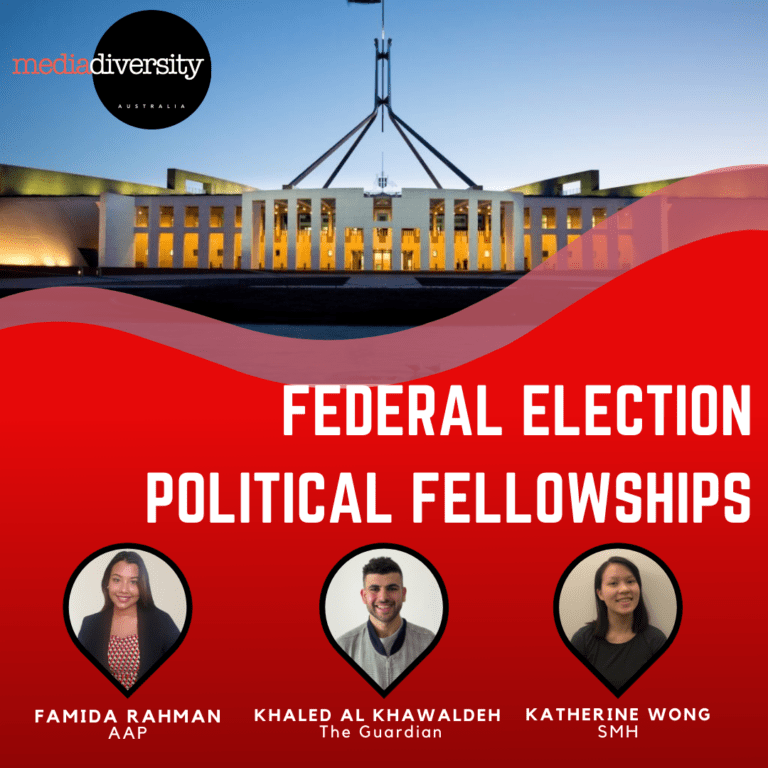
Huge congratulations to all first time federal candidates from First Nations and Culturally and Linguistically Diverse backgrounds who have secured victories this election👏🏽
Follow MDA as we seek to do the same for Australian media!
Our Federal Election Political 2022 Fellows have successfully completed their fellowships! We are so proud of them. We hope the MDA political fellowship program becomes a regular fixture and helps pave a way for political reporting to become as diverse as the people who consume it.
Let’s hear from our political fellows, Katherine Wong (Sydney Morning Herald), Khaled Al Khawaldeh (The Guardian) and Famida Rahman (AAP).
Why is it important to diversify the Press Gallery?
Katherine Wong- The Canberra Press Gallery is the main stage for journalists to question politicians on issues that matter to their constituents. As electorates across Australia become more culturally and linguistically diverse, we need diverse journalists in the Press Gallery to platform the concerns of diverse Australians.
Khaled Al Khawaldeh- Like everything in life, politics is observed and relayed to audiences through the lens of the observer. The observer in this case is the press gallery journo and the lens is their world view as dictated by their upbringing, surroundings and experiences. By only having people with very similar lenses in the press gallery we risk the chance of missing vital angles and stories and we reduce the nuance of our national dialogue.
Famida Rahman- It is important to diversify the Canberra Press Gallery to capture broader perspectives in the coverage of Australian Federal politics. As diversity and multiculturalism continues to grow in Australia, it is important for it to be reflected and represented in an institution that plays an essential role in Australian democracy.
Which Australian political journalist do you admire?
Katherine Wong- I admire Amy Remeikis for her passion and tenacity. Her coverage of women’s issues was groundbreaking, thorough, and has had an immense impact on Australian politics.
Khaled Al Khawaldeh- Katherine Murphy, I admire her writing style greatly, the ability to be scathing and charming at the same time. I also think she has a real grip on the issues and is fearless in talking about them.
Famida Rahman- I really admire the accuracy and objectivity with which Katharine Murphy from the Guardian.As a journalist with over 2 decades of experience in the Canberra Press Gallery, and a background in the Australian Public Service, I have a great deal of respect for her work.
What does Media Diversity Australia’s mission mean to you?
Katherine Wong- Media Diversity Australia’s mission means improving representation in news media so all Australians feel seen and heard. It allows diverse journalists to air their communities’ concerns, highlight their wins, and show off their cultures. It means pulling the Australian media space into the modern day, and forcing it to acknowledge the people it once ignored and undermined.
Khaled Al Khawaldeh- It means a chance to change Australia for the better. To move the country beyond its entrenched colonial mindset by facilitating a new national
image of what it means to be Australian.
Famida Rahman- Navigating the academic and professional world as a young person from a culturally diverse background can be challenging. Media Diversity Australia and its mission has given me the opportunity to continue exploring who I am and where I fit professionally, in a way that embraces and celebrates my background.
For more information on our political fellows and regular updates on the Federal Election Political Fellowship follow us on Twitter, Instagram, Facebook and Linkedin.
“How To Lose Friends and Influence White People” by Antoinette Lattouf: Brisbane & Melbourne book launch events
Award-winning journalist and MDA Co-founder Antoinette Lattouf’s debut book ‘How to Lose Friends and Influence White People’ puts a microscope to the actions of those in a position of influence and holds them accountable while examining what happens to those that dare to challenge white institutions of power.
Lattouf cares deeply about being part of the solution to this problem, and uses warmth, humour, and research to provide evidence-based and practical solutions that can be put into practice by anyone – from a seasoned academic who is a person of colour, through to a suburban white teenage girl.
Attend Antoinette Lattouf’s upcoming book events:
- Antoinette Lattouf in conversation with Indigenous media personality Shelley Ware and comedian Nazeem Hussain in Melbourne on Wednesday, June 1, 2022 at 6:30pm. Location: Readings, Hawthorn (Melbourne).
Book here: https://www.trybooking.com/events/landing?eid=889479&
- Antoinette Lattouf in conversation Indigenous lawyer Eddie Synot and Seven news presenter Katrina Blowers in Brisbane on Wednesday, June 8, 2022 at 6:30pm. Location: Avid Reader, West End (Brisbane).
Book here: https://avidreader.com.au/events/antoinette-lattouf-how-to-lose-friends-and-influence-white-people
Purchase the book here:
Want to help create a media that looks and sounds like Australia?
As a not-for-profit organisation, we rely on the help of our incredible volunteers. With your financial and volunteer support, we can continue to run programs to support culturally and linguistically diverse journalists, conduct agenda-setting research, run networking events, provide practical solutions for the media industry, and much more. If you would like to make a tax-deductible donation to support the vital work we do, please click here.
About us
Media Diversity Australia (MDA) is a national not-for-profit organisation led by journalists and media professionals. Australia is culturally and linguistically diverse, and our media should be too. Established in 2017, MDA has a unique role as a champion of cultural diversity in Australian journalism and news media. We have a vision for a media industry with full and equal participation for culturally diverse people at all levels.
Get in touch:
- Social Media & Communications Producer: Nayonika Roychoudhury
- Email: comms@mediadiversityaustralia.org
April 2022 Newsletter
Hi MDA supporters,
In this month’s newsletter, in celebration of the first Asian-Australian woman being appointed to the board of an Australian media organisation we put the spotlight on Katrina Rathie, non-executive Director to Special Broadcasting Service. Find launch details and link to purchase MDA Co-founder Antoinette Lattouf’s book How to Lose Friends and Influence White People. We also introduce our upcoming event ‘Without Fear or Favour: How Chinese Australian journalists can cover China safely and fairly’ hosted by Stan Grant. Apply now for MDA’s voluntary Chapter Roles in NSW, VIC and QLD. And finally, meet the mentors for our Women of Colour Mentorship Program.
In this issue:
- Spotlight On: Katrina Rathie, the first Asian Australian woman appointed to the Board of an Australian media organisation (SBS)
- How to Lose Friends and Influence White People: Antoinette Lattouf’s book launch
- Without Fear or Favour: How Chinese Australian journalists can cover China safely and fairly
- MDA Chapter Roles: Job opportunities
- Women Of Colour Mentorship: Meet the Mentors!
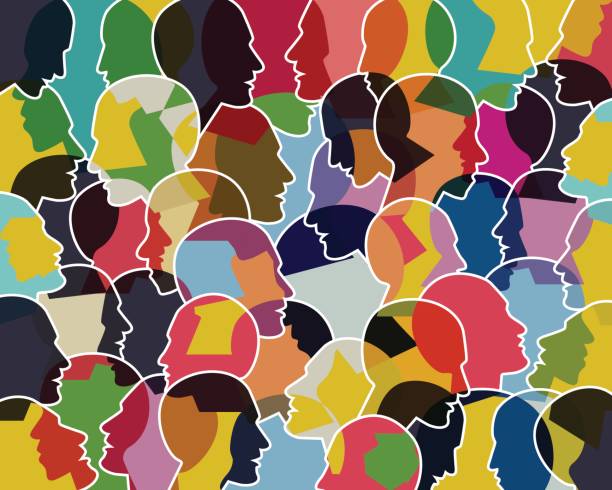
Spotlight On: Katrina Rathie, the first Asian Australian woman appointed to the Board of an Australian media organisation (SBS)
I am still the only Asian-Australian to have the privilege of leading a top-tier legal firm in Australia.
What does your new role as a non-executive Director to the Special Broadcasting Service (SBS) Board involve?
I am very excited about my new role as a Non-Executive Director of SBS. The appointment was made on 31 March 2022 by the Governor-General on the recommendation of The Hon Paul Fletcher, the Minister of Communications, Urban Infrastructure, Cities & the Arts, and the Morrison Government.
The role of the Board is to decide the objectives, strategies, and policies to be followed by SBS and to ensure that SBS performs its functions in a proper, efficient, and economical manner and with the maximum benefit to the people of Australia.
As the first Asian Australian woman appointed to the Board of an Australian media organisation (SBS), what are some diversity related issues you hope to address?
SBS is usually considered the gold standard when it comes to diversity in the media, but like everything, there’s always room for improvement. I come as a new independent director with fresh eyes and an open mindset. My 5 years on the Advisory Board of MDA have helped me think deeply about diversity issues in the media. As the Australian-born daughter of immigrants, I have lived and learned experiences that I hope to bring to the Board table. I do think that we need to tackle the issue of cultural diversity and racism gently but effectively.
I’d like to see more local stories told about our Indigenous community explaining our history in their words, the importance of the Uluru Statement of the Heart and voice, stories showing diverse women succeeding in sport, stories about migrants who are innovating and running successful businesses, more profiles on our most successful multi-cultural role models and business leaders.
From lawyer at international law firm King & Wood Mallesons to the first Asian Australian woman appointed to the Board of an Australian media organisation, can you tell us a bit about your journey till now?
My parents lived in a house next door to the late Kerry Packer – he used to fly the Channel 9 helicopter from Park Street or Palm Beach and land in the backyard next door while I was studying. There were always journalists, television presenters, cricketers, celebrities, and politicians around. The world of television, newspapers, and magazines seemed so incredibly glamorous to me. I dreamed of being a journalist, but Kerry Packer and my Chinese-born father encouraged me to study law. You know the old story of Asian immigrant parents wanting their children to be doctors, lawyers, and professionals. That was me.
I enrolled in Commerce/Law at UNSW Sydney.I won the UNSW Media Law Prize for best student in media law. From there, I went on to work at Stephen Jaques, which became Mallesons Stephen Jaques then King & Wood Mallesons. At the time, I was the first female Asian-Australian to work at an establishment law firm.
In the late 80s, I did the New York Bar and worked for an advertising and media law firm, representing ABC, HBO, and many fabulously creative agencies in a world like Mad Men. After meeting my Australian husband at a New York Met’s game, we returned to Australia and I became the legal columnist for B&T Magazine and started the climb to law firm partnership.
I became a partner at the firm, a position that I held for 25 years, including the last 7 as Partner in Charge of Sydney. I am still the only Asian-Australian to have the privilege of leading a top-tier legal firm in Australia.
Throughout my career, I have been a strong advocate and role model for gender and cultural diversity including serving on the Advisory Board of Media Diversity Australia and NSW Law Society Diversity & Inclusion Committee. I am the NSW Patron of the NSW Asian Australian Lawyers Association, a Judge of the 40 under 40 Asian-Australian Awards, and I sit on the Culture Strategy Committee of Sydney University and the Law Advisory Committee at UNSW Law & Justice.
Our readers include young diverse journalists and lawyers - can you offer them some advice as they take their first steps into the industry?
If you follow and be guided by your passion and purpose, you will be happy. I have ended up being selected for the SBS board because it combines my passion for multiculturalism, media, broadcasting, and digital communications with my skills in law, business, leadership, and governance. It’s a beautiful fit.
To the lawyers, whenever you write something be it an email to a client, a formal cease and desist letter to the other side, an affidavit, or a submission for Court, my litmus test has always been “Would I be proud of what I have written if it ends up on the front page of the Sydney Morning Herald tomorrow morning?” This test has rarely failed me. If you doubt it, keep it in your drafts box and look at it again in the morning.
To the journalists, storytelling is an amazing super-power. Journalism is a courageous and important profession, tell those great stories well and call things out. In investigative journalism, facts, truth, authenticity, and compassion really matter. But always have fun with it – journalism should both educate and entertain.
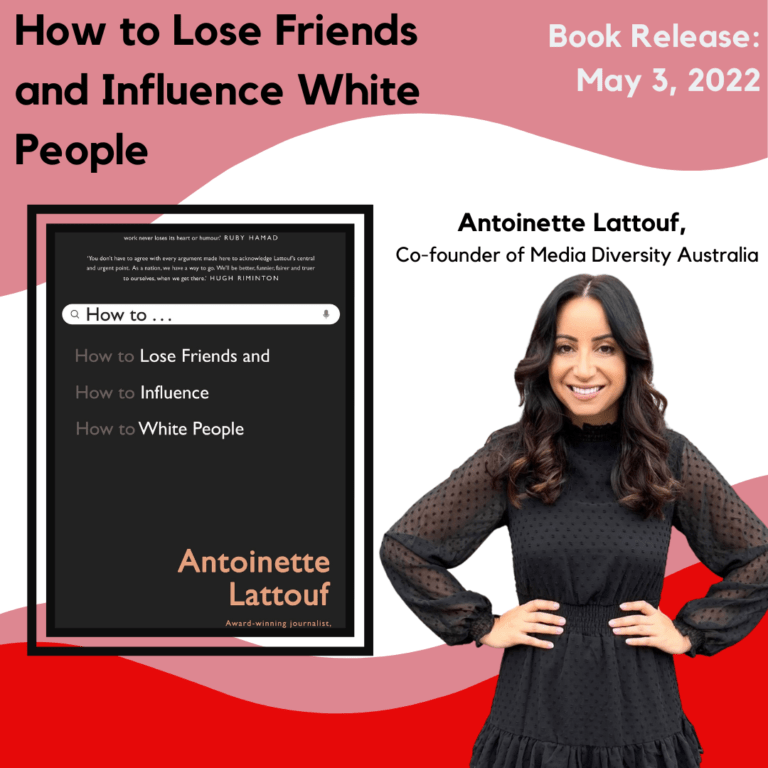
This is arms in the air, squeal in delight reading! Anyone who’s felt the scourge of discrimination is vindicated by the home truths delivered page after page. Antoinette fearlessly uses lived experience, real time Australian examples, expert opinion & irrefutable research to deliver tools for change.
– Narelda Jacobs
A guide through the balancing act of activist, advocate, and ally, remembering that just because others are learning you don’t need to be the teacher, from our very own -the dynamic and sharp co-founder of Media Diversity Australia, Antoinette Lattouf.
For those of you who are not familiar with the journey of how MDA was founded, parts of the book are dedicated to telling the story! It is a ground-breaking and honest exploration of the modern manifestations of systemic racism in Australia today, and how we, as a collective, can take steps to make change.
Antoinette Lattouf puts a microscope to the actions of those in a position of influence and holds them accountable while examining what happens to those that dare to challenge white institutions of power.
Antoinette’s protein shake for advocacy:
1 generous scoop of measured optimism
3 heaped tablespoons of evidence-based advocacy methods
2 cups of community support, ½ a cup of self-reflection and growth, 100g of self-care
A pinch of humour
Link to purchase: https://www.penguin.com.au/books/how-to-lose-friends-and-influence-white-people-9781761044007#:~:text=Poignant%2C%20inspiring%2C%20funny%20and%20most,you’re%20trying%20to%20influence.
Without fear or favour: how Chinese Australian journalists can cover China safely and fairly
Without Fear or Favour: how Chinese Australian journalists can cover China safely and fairly. Hosted by Stan Grant, the live event will examine two challenging issues: (1) How Chinese background journalists can cover China-Australia relations given the perceived and real threats of reprisals or attacks on their China-based family or themselves, and (2) How newsrooms can cover China in a way that engages a Chinese diaspora that often have very different opinions on their country of heritage.
The panel on Australian media coverage of China will be held on Tuesday, 31st May 2022 at the Judith Nielsen Institute.
The panelists include Mandi Wicks (News Director, SBS), Jennifer Hsu (Research Fellow, Lowy Institute), Echo Hui (Investigative Journalist, ABC), and Songfa Liu (NEMBC member & President ICMS).
Want to attend the event, Without fear or favour: how Chinese Australian journalists can cover China safely and fairly on 31st May 2022?
Email us at comms@mediadiversityaustralia.org to be added to the invitee list. Please include your preferred name, number, email address and occupation in the body of the email.
Job Opportunities: MDA Chapter Roles
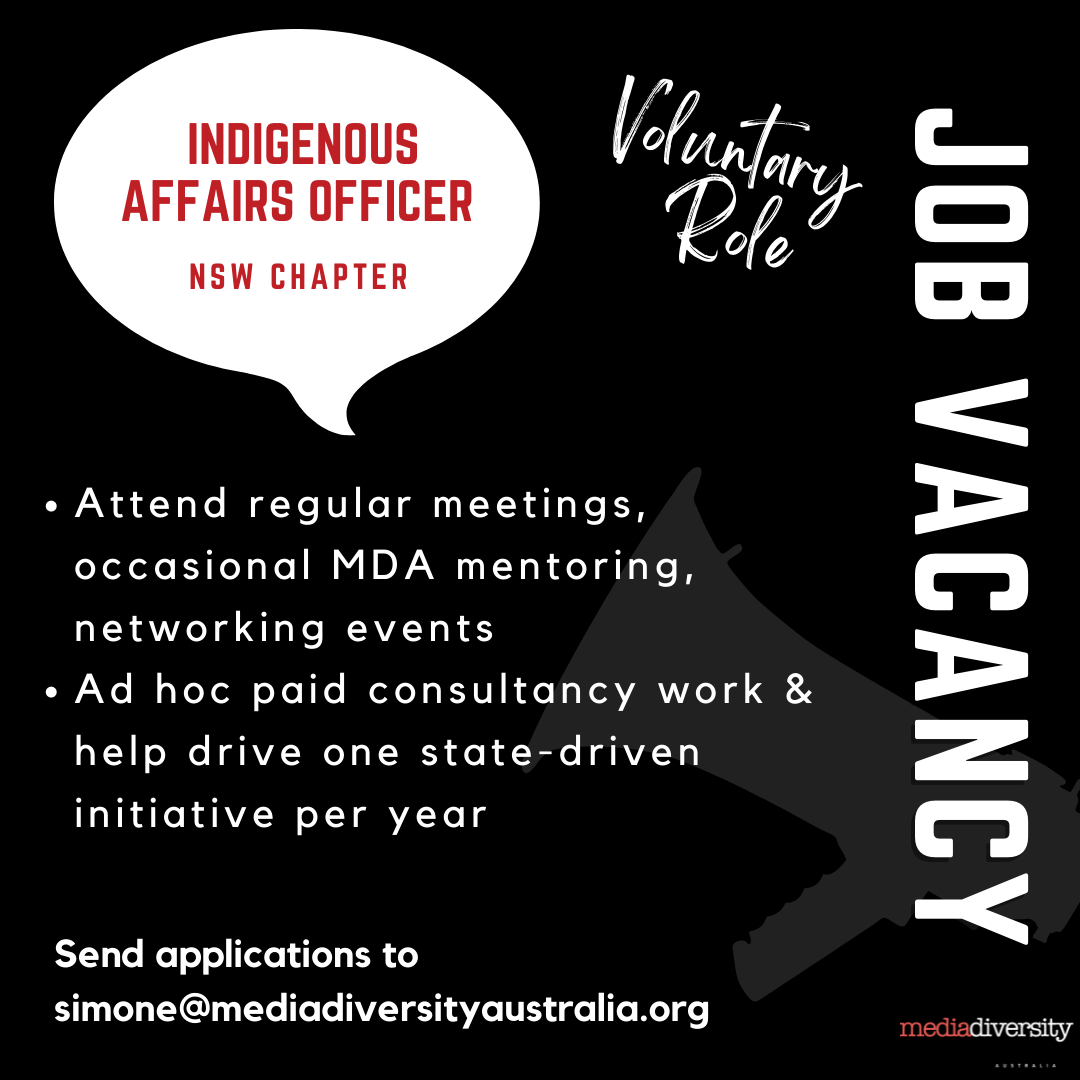
Media Diversity Australia is a nationwide not-for-profit organisation run by journalists and communication professionals. Established in 2017, MDA has a unique role as a champion of cultural diversity in Australian journalism and news media.
QUEENSLAND
Indigenous Affairs Officer to join our Queensland Chapter.
In this voluntary role, you will attend a one-hour meeting each quarter, be available for MDA mentoring when called upon, have the willingness and availability to engage in ad hoc, paid consultancy work (e.g. sharing insight with organisations about matters relating to First Nations issues) and participate in one state-driven initiative per year.
This position will suit an active and experienced reporter or communications professional with a demonstrated understanding of the issues and events that affect First Nations people, a strong network of contacts within First Nations communities across Australia, and an understanding of cultural protocols.
———————————————————————————————————————————————————–
VICTORIA
Disability Affairs Officer to join our Victoria Chapter.
In this voluntary role, you will attend a one-hour meeting each quarter, be available for MDA mentoring when called upon, have the willingness and availability to engage in ad hoc paid consultancy work, and participate in one state-driven initiative per year.
This position will suit an active and experienced reporter or communications professional with a demonstrated understanding of the issues and events that affect persons living with a disability. You should be committed to changing the representation of disability across mainstream media given how influential the industry is in shaping social attitudes.
———————————————————————————————————————————————————–
NEW SOUTH WALES
Secretary to join our New South Wales Chapter.
In this voluntary role, you will attend a one-hour meeting each quarter, be available for MDA mentoring when called upon, have the willingness and availability to engage in ad hoc paid consultancy work and participate in one state-driven initiative per year.
This position will suit an active and experienced reporter or communications professional who is well-organised and will arrange monthly meetings, send out agendas and take minutes.
————————————————————————————————————————————————————
Events Coordinator to join our New South Wales Chapter.
In this voluntary role, you will attend a one-hour meeting each quarter, oversee at least three networking events per year in your state, be available for MDA mentoring when called upon, have the willingness and availability to engage in ad hoc, paid consultancy work and participate in one state-driven initiative per year.
This position will suit an active and experienced reporter or communications professional with a solid roster of industry contacts and a useful amount of, or desire to learn, event planning experience.
————————————————————————————————————————————————————
Indigenous Affairs Officer to join our New South Wales Chapter.
In this voluntary role, you will attend a one-hour meeting each quarter, be available for MDA mentoring when called upon, have the willingness and availability to engage in ad hoc, paid consultancy work and participate in one state-driven initiative per year.
This position will suit an active and experienced reporter with a demonstrated understanding of the issues and events that affect First Nations people, as well as a strong network of contacts within First Nations communities across Australia and an understanding of cultural protocols.
————————————————————————————————————————————————————
APPLICATION DETAILS:
To apply for any of the above positions, please send your resumé and in the body of your email, outline your motivation for applying for the role, why you think you are suitable and why Media Diversity Australia’s mission aligns with your own.
Send your applications to simone@mediadiversityaustralia.org
Women of Colour Mentorship: Meet the Mentors!
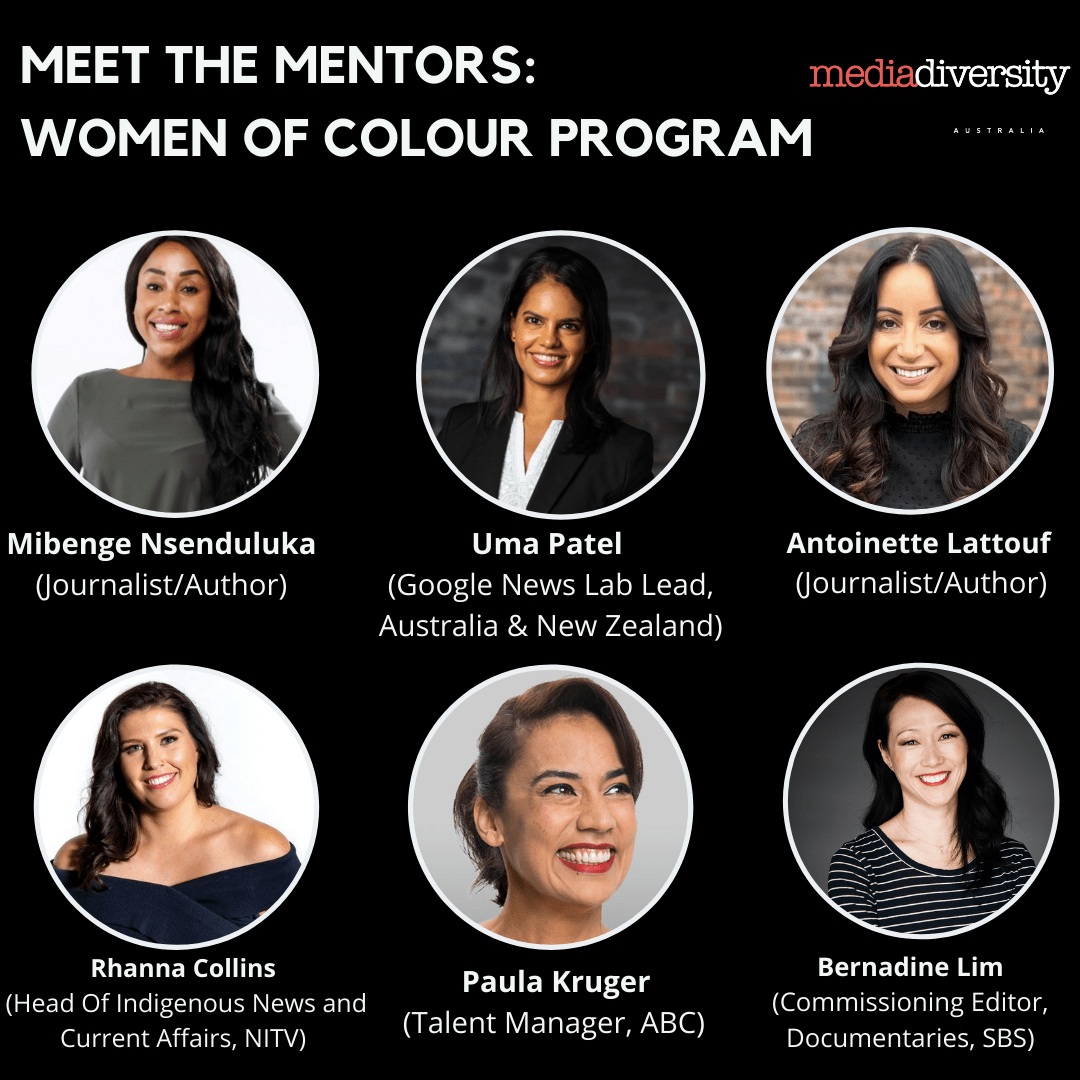
The Women of Colour Mentorships in partnership with Crescent Foundation, University of Melbourne, and Monash University, is designed to empower First Nations and culturally and linguistically diverse women journalists and provide them with the requisite knowledge and skills to navigate climbing the ranks of editorial leadership.
The MENTORS for the Women Of Colour Mentorship Program are as follows:
- Rhanna Collins (Head Of Indigenous News and Current Affairs, NITV)
- Bernadine Lim (Commissioning Editor, Documentaries, SBS)
- Uma Patel (Google News Lab Lead, Australia & New Zealand)
- Antoinette Lattouf (Journalist/Author)
- Paula Kruger (Talent Manager, ABC)
- Mibenge Nsenduluka (Journalist/Author)
Mentorships will take place with one mentor connected to one media outlet for the duration of the placement. Once accepted, each applicant will be matched with the right Mentor.
Are you an EARLY to MID career First Nations or culturally and linguistically diverse (CALD) journalist interested in being mentored by senior women in media as you progress into a leadership role? Join our Women Of Colour mentorship program and get a chance to train under these brilliant mentors!
Entries close on May 11th, 2022, 5pm.
Send your mentee applications to MDA’s Director of Special Projects, Simone Amelia Jordan at simone@mediadiversityaustralia.org
More info about the program here: https://www.mediadiversityaustralia.org/opportunities/
Want to help create a media that looks and sounds like Australia?
As a not-for-profit organisation, we rely on the help of our incredible volunteers. With your financial and volunteer support, we can continue to run programs to support culturally and linguistically diverse journalists, conduct agenda-setting research, run networking events, provide practical solutions for the media industry, and much more. If you would like to make a tax-deductible donation to support the vital work we do, please click here.
About us
Media Diversity Australia (MDA) is a national not-for-profit organisation led by journalists and media professionals. Australia is culturally and linguistically diverse, and our media should be too. Established in 2017, MDA has a unique role as a champion of cultural diversity in Australian journalism and news media. We have a vision for a media industry with full and equal participation for culturally diverse people at all levels.
Get in touch:
- Social Media & Communications Producer: Nayonika Roychoudhury
- Email: comms@mediadiversityaustralia.org
March 2022 Newsletter
Hi MDA supporters,
In our March newsletter, we put the spotlight on MDA’s new project manager, Dania Roumieh. Applications are now open for MDA’s Women of Colour Mentorships in partnership with Crescent Foundation, University of Melbourne, and Monash University. Additionally, entries for the MDA Award at the mid-year Walkleys are open. ENTER NOW to be in the running! Catch a sneak peak behind the scenes of Community Voices Melbourne 2022. We also introduce our upcoming #BeingAnAlly campaign, as a follow-up to our hugely successful #ThingsIveHeard campaign. And finally, in honour of International Women’s Day, we present to you MDA Impact: IWD Edition.
In this issue:
- Spotlight on: Dania Roumieh, MDA’s New Project Manager
- Women Of Colour Mentorships: Apply now!
- MDA Award at mid-year Walkleys: Entries are open.
- Community Voices Melbourne: Behind the scenes.
- #BeingAnAlly: A follow up to our #ThingsIveHeard campaign
- MDA Impact: International Women’s Day Edition

Spotlight On: Dania Roumieh,MDA's Project Manager
Media Diversity is the acknowledgment and acceptance of sharing the media stage with those who are from multiple diverse religions, ethnicities, and minority groups who all have authentic stories to share.
What does your role as MDA’s project manager consist of?
Working as a project manager at Media Diversity Australia involves having a positive attitude and ideas, which adds to the excitement of working with an innovative team. When I have a team that really supports me in what I do and what I’m passionate about, it makes my job so much more achievable. As a project manager, I’m a visionary with endless ideas that I aspire to bring to life and there’s always a starting point. As a project manager of amplifying voices, I’m excited to strengthen our diverse communities to develop a stronger relationship with the media and stakeholders. This requires a strong contribution to purposeful conversations and engaging with highly accomplished industry professionals. In my position, I oversee a project that aims to diversify our Australian media and provide opportunities to future generations to enrich the experience of the audience.
What were some of the areas you delved into before joining MDA?
Prior to joining Media Diversity Australia, I was thoroughly exploring other areas of media, and promoting diverse voices. It started at Western Sydney University when I was elected as a Student Editor and member of the Publication Committee. Here, I initiated and founded ‘Humans of Western Sydney University’, which promotes and showcases a diverse collection of unique stories shared by students, and which has now become a permanent feature of the editorial column. I am also on the advisory for the Australian National Imams Council (ANIC) as the Media and Youth Affairs Advisor, simultaneously while freelancing pieces to publish alongside my other publications with ABC Religion & Ethics, AMUST, and many more.
And finally, what does Media Diversity mean to you?
First and foremost, from my diverse perspective, Media diversity is the essence of formulating exposure and increasing visibility of minority and Culturally and Linguistically diverse (CALD) communities in Australian media. It’s the acknowledgement and acceptance of sharing the media stage with those who are from multiple diverse religions, ethnicities and minority groups who all share authentic stories to share. It is unfortunate that people from various faiths and communities are underrepresented in a multicultural country, and that newly established journalists are challenged with landing positions in Australian media. It is vital that our media facilitates and enhances the connection between the diverse communities and individuals across the Australian landscape.
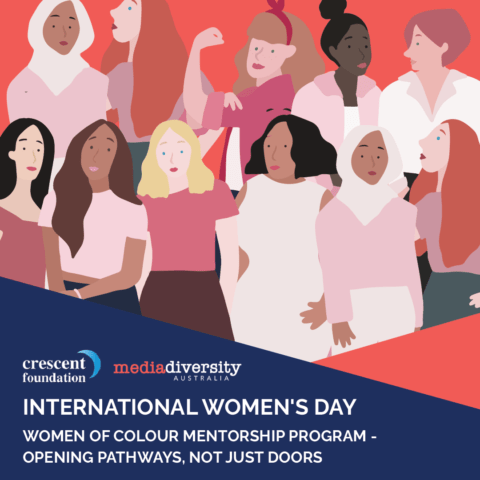
MDA is launching the Women of Colour Mentorship Program supported and funded by the Crescent Foundation to empower female journalists from culturally and linguistically diverse (CALD) backgrounds to attain leadership positions in Australian media.
The mentorship program, with Monash University and University of Melbourne as partners, is designed to address the obvious lack of women in senior decision-making roles in the Australian media.
MDA will select 12 mid-career, women journalists of First Nations and culturally and linguistically diverse backgrounds to take part in the mentoring program. Over 12 months, each mentee will be paired with an established media professional and receive in-person and online sessions to build their skills in leadership, presentation, compelling storytelling, and career development.
The Mentorships are scheduled to commence in mid-2022. Applications OPENED on Friday, March 4, 2022, at 9 am AEDT and will CLOSE on Wednesday, May 4, 2022, at 5 pm AEST.
View application details and full description here.
Applicants can apply by emailing MDA’s Director of Special Projects, Simone Jordan at simone@mediadiversityaustralia.org
MDA Award at mid-year walkleys: Entries are open!
Entries are OPEN for the Media Diversity Australia Award administered by The Walkley Foundation!
The Media Diversity Australia Award honours journalists who are making an outstanding contribution through their reporting or coverage of diverse people or issues in Australia. This includes culturally and linguistically diverse communities (CALD) and people with disability (PWD).
It celebrates reporting that demonstrates notable courage in raising awareness of CALD and/or PWD experiences and perspectives, as well as innovation in the telling of these stories. It recognises the significance of media coverage in providing nuanced reporting that serves to alter perceptions and attitudes, challenge stereotypes and fight misinformation.
Submissions are open to all journalists working in mainstream, community or alternative media, as individuals or in collaboration with others. Eligibility for the Media Diversity Australia award is based on independent acts of journalism, free from any commercial or corporate interests.
Enter NOW to be in the running! – https://www.mediadiversityaustralia.org/about/awards/
Community Voices Melbourne: Behind the scenes!
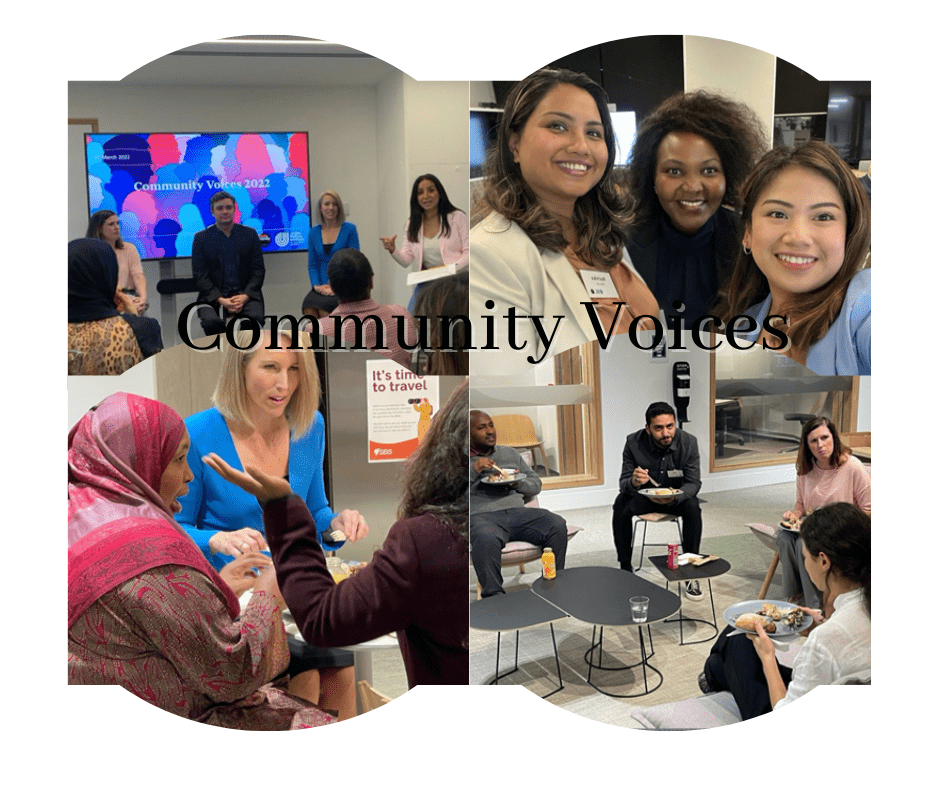
“We were able to witness the incredible confidence and empowerment the program instilled in all of the participants last year and are delighted to be able to work with the Melbourne cohort this year.”
-Mariam Veiszadeh
CEO Media Diversity Australia
Community Voices Melbourne has kicked off! The inaugural Community Voices program in Sydney in 2021 exceeded all our expectations. MDA in partnership with The Judith Neilson Institute is thrilled to introduce the program to Melbourne this year. You can find a complete list of the 2022 Community Voices participants here.
The participants in the program’s Melbourne cohort heard from and dined with NINE newspapers editor David King, Network Ten VIC news director Nicole Strahan, and ABC VIC deputy news director Joanna McCarthy.
Read more about Community Voices 2022 here.
#BeingAnAlly: A follow up to our #ThingsIveHeard campaign
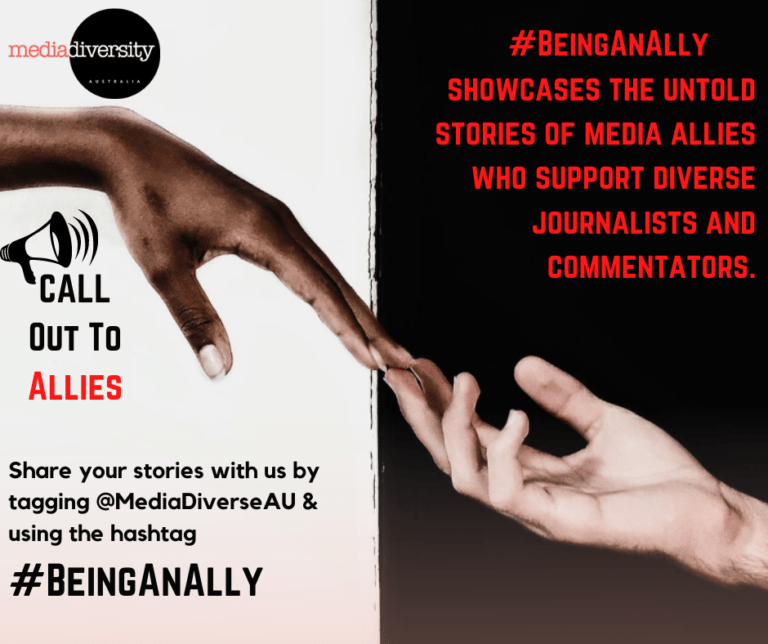
“Whether you’re in the whirlpool of overt racism or the subject of regular micro aggressions, there’s nothing more important than knowing there are people who see you and how you feel. Being an ally needs to become an honour and a privilege for every Australian who is in the envious position of not experiencing racism – and any other -ism that seeks to denigrate and humiliate”
– Monica Attard (Journalist, co director UTS Centre for Media Transition and Ally)
Last month we launched #ThingsIveHeard, a social media campaign that unearthed the many microaggressions that diverse journalists and commentators often endure in a media landscape setting. We received over 140 stories from culturally and linguistically diverse journos and media commentators sharing their experiences of workplace microaggressions that sting.
You can find these stories under the #ThingsIveHeard hashtag on Twitter.
As a natural follow-up to this campaign, MDA is now launching #BeingAnAlly which we hope will showcase the untold stories of media allies who support diverse journalists and commentators. This could be an incident they recall, commentary, or an observation. Reading such stories can be comforting for all of us who have felt a level of isolation at times within the media landscape and a source of encouragement to others to be active in their allyship.
If you are an ally, please share your comments and stories with us – using the #BeingAnAlly hashtag and tagging @MediaDiverseAU on Twitter, Facebook & Linkedin. We really want to hear from you.
MDA Impact: International Women’s Day Edition
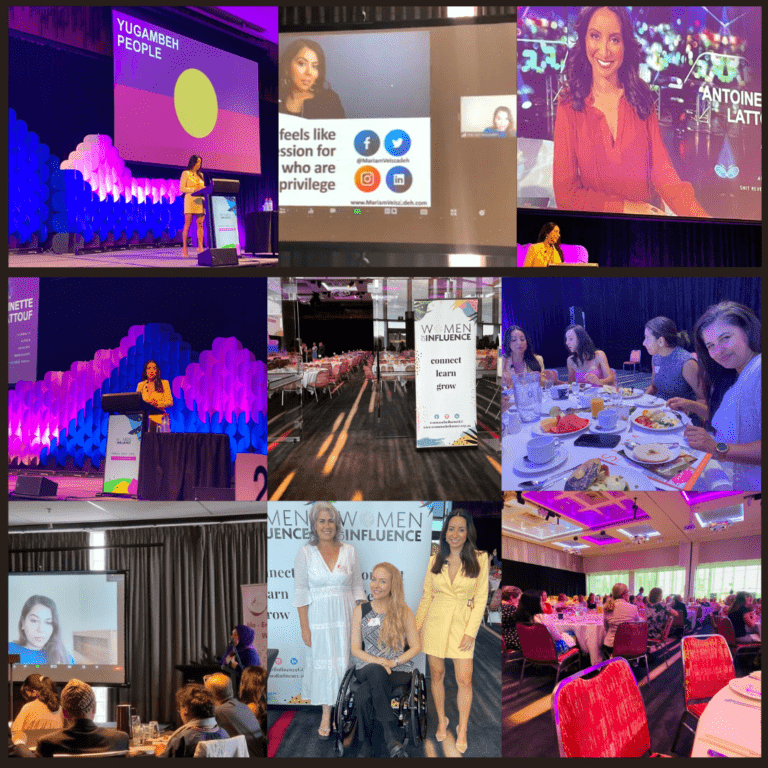
What does this year’s IWD theme #BreaktheBias mean to you?
“It means ensuring when we approach bias and try to challenge systemic barriers, we’re not only doing it for women that look and sound like us. It’s very easy for these conversations to just be about a certain type of woman from a certain type of background in a certain type of environment. So for me, breaking the bias means that we ensure that we look at all women.”
-Antoinette Lattouf
Co-founder Media Diversity Australia
To mark the 2022 International Women’s Day, we were out and about. Here is some of what we did:
- MDA’s Co-founder Antoinette Lattouf spoke at the Women of Influence event in Brisbane on International Women’s Day.
- MDA in partnership with Crescent Foundation, University of Melbourne, and Monash University launched Women of Colour mentorships as a response to the dramatic lack of women in Australian media senior decision-making roles (Application details above, apply now!).
- MDA’s CEO Mariam Veizadehwas invited to speak at the Future Women’s Forum in Sydney and delivered a keynote to Canberra’s Multicultural Women’s Forum.
- Mariam was also on a United Nations High Commissioner for Refugees panel
Want to help create a media that looks and sounds like Australia?
As a not-for-profit organisation, we rely on the help of our incredible volunteers. With your financial and volunteer support, we can continue to run programs to support culturally and linguistically diverse journalists, conduct agenda-setting research, run networking events, provide practical solutions for the media industry, and much more. If you would like to make a tax-deductible donation to support the vital work we do, please click here.
About us
Media Diversity Australia (MDA) is a national not-for-profit organisation led by journalists and media professionals. Australia is culturally and linguistically diverse, and our media should be too. Established in 2017, MDA has a unique role as a champion of cultural diversity in Australian journalism and news media. We have a vision for a media industry with full and equal participation for culturally diverse people at all levels.
Get in touch:
- Social Media & Communications Producer: Nayonika Roychoudhury
- Email: comms@mediadiversityaustralia.org
February 2022 Newsletter
Hi MDA supporters,
This month, we put the spotlight on Rashell Habib, the first woman of colour in a director role in Australian television. Rashell is the head of Digital News and Strategy at Viacom/CBS. We are also delighted to announce the 13 Community Voices participants in Melbourne. Our CEO, Mariam Veiszadeh will be at our upcoming networking event in Canberra, so please come along if you can. Ever wondered what a day in the life of an MDA intern looks like? Angela Ho at 10 First News shares her daily routine with us! The Jessie Cox Audio Fellowship applications are now open. And finally, catch up on what MDA has been doing so far this year!
In this issue:
- Spotlight On: Rashell Habib, the first woman of colour in a director role in Australian television.
- Community Voices Melbourne: Announcing the 13 participants winners
- A Day in the Life of a MDA intern: Angela Ho at 10 News First Perth
- MDA’s Canberra Networking event: RSVP now
- Jessie Cox Audio Fellowship: Apply now!
- MDA Impact: Our progress so far (2022 edition)
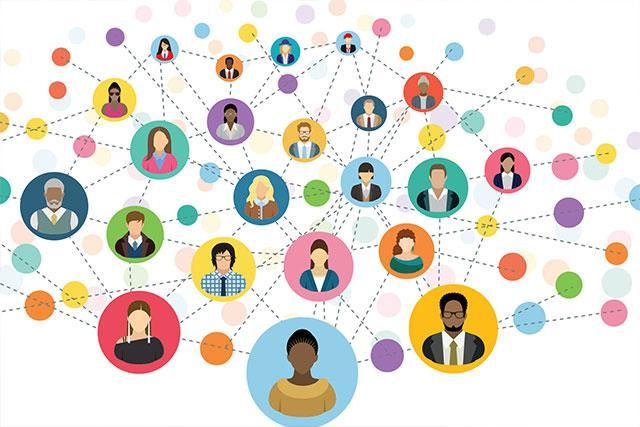
Spotlight On: Rashell Habib, the first woman of colour in a director role in Australian television.
It is a much tougher industry for women and women of colour, but don’t let either label identify you entirely- they are an important part of who you are but you are still forming who you are.
Can you give us a run-through of your career to date and a brief overview of your current role?
I started off as a cadet journalist for a local newspaper over 15 years ago, I am a print refugee, I then worked on multiple publications before moving into social and digital as news.com.au’s first social media editor. From there I moved to Netflix, before becoming news editor at 10 daily then social and digital editor for 10 news and now Head of Digital News & Strategy.
My role at the moment is a combination of content and diversifying news delivery to Australians.
As the first woman of colour in a director role in Australian television, what advice do you have for other women of colour who look up to you?
Honestly, it is a much tougher industry for women and women of colour, but don’t let either label identify you entirely- they are an important part of who you are but you are still forming who you are. Always strive to be the best at what you do, not the best woman, not the best person of colour, the best
The media landscape is constantly evolving, what are some issues that you would like to see the next wave of journalists addressing?
I think looking at helping younger audiences digest news and events without the use of sensationalism and talking down to audiences. At the moment publications use clickbait, celebrity news, salacious headlines etc to get people engaged, but we need to give audiences MUCH more credit and look at a way news fits into their lives and the new landscape, not changing what we report on.
MDA has recently launched the #ThingsIveHeard campaign which aims to highlight the often damaging comments many of us hear in the media landscape. Is there a personal anecdote and/or a divisive remark you overheard that you can share with us?
I have been lucky in that almost every newsroom I have worked in I have worked with open minded and truly talented people and leaders that built an environment that doesn’t allow for this. I think it’s more the unconscious bias that seeps through and a misunderstanding of multiple cultures, which doesn’t come from a place of malice but misunderstanding.
Though in saying that post-September 11, as a teen and with a surname like mine I did often, from friends get ‘careful she might blow you up’ comments. But like I said it didn’t come from malice but more a lack of understanding and empathy.
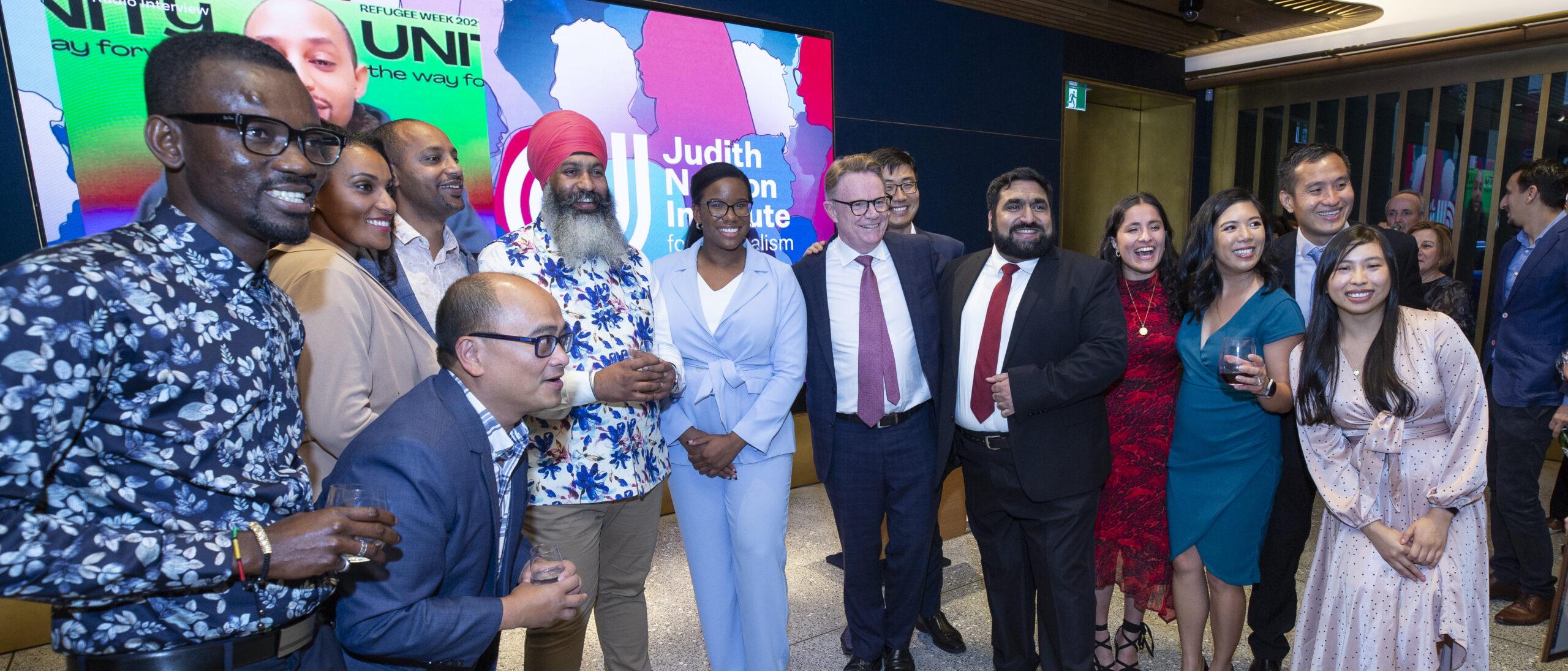
After the outstanding success of our Sydney program, we are expecting another fantastic outcome for our Melbourne participants with them becoming regular contributors to local and national media.
The second phase of the Community Voices initiative, which aims to connect people from underrepresented communities with news media, has kicked off with a new round of participants. It is the first time the program is being run in Melbourne.
Thirteen participants from Victoria will join Community Voices, an initiative from the Judith Neilson Institute for Journalism and Ideas and Media Diversity Australia, in 2022. Congratulations to the thirteen participants:
- Kimberly Clemencio is president of the Filipino-Australian Student Council of Victoria and a Study Melbourne Ambassador.
- Emily Fioramonte is a paralegal at Lander and Rogers and is studying law at the University of Melbourne.
- Daniel Haile-Michael is an engineering coordinator for the Mount Alexander Shire Council and chair of the Tigrian Community Association.
- Bakr Hawari provides youth outreach support for the Victorian Board of Imams and is studying International Studies at Deakin University.
- Charmaine Hunzwi is financial industry professional president of the Incubate Foundation, which offers professional support and opportunities for African Australians.
- Kathy Jonathan is an Australian-Kenyan public relations strategist, who helps to raise the profile of African-Australian brands.
- Harpreet Singh Kandra is a lecturer at Federation University and treasurer at the Siri Guru Nanak Darbar, a Sikh temple.
- Akat Mayoum is a former South Sudanese refugee, student, labourer and a keen cricketer.
- Saarah Ozeer is a director and co-founder of Bounce Refugee Youth Mentoring Program, who grew up in Sri Lanka, New Zealand and Australia.
- Ruchika Rawat is the founder of Community Aid Australia and a project lead at the Transport Accident Commission.
- Anaab Rooble is an Australian-Somali woman living with a disability, working as a human resources and finance manager at the Victorian Disability Worker Commission.
- Saima Saberi is a former refugee from Afghanistan, who works as a volunteer lawyer, interpreter and consultant supporting migrant and refugee women.
- Saththiyan Satchithanantham is principal at the Bharathi Academy, a Tamil-language school, and editor of Casey Tamil Manram, which promotes Tamil language and culture.
The program was open to Sydney residents in 2021, and Media Diversity Australia and JNI are exploring opportunities to expand the program in other states in the future.
A Day in the Life of a MDA Intern: Angela Ho at 10 News First Perth
I arrive at 8:30AM, check in with the Chief of Staff (COS) for a preliminary briefing of the day’s news, who’ll assign you to a story with a partner journo & cameraman.
Sometimes it’s a court/crime gig, or its reviewing historic footage in the system & compiling recent past scripts etc to get an overview of the story. You’re usually out on the road and en route to court/crime scene by 9AM.
If it’s a feature story with a later start, I’ll sit in on the producer’s meeting at 10AM. The COS provides the rundown on all the day’s stories and the outlook/potential for each is discussed.
I aim to be back in the office by 2 PM at the latest (most scripting starts happening in the car when you’re on the road).
Producers get busy from 3PM onwards, subbing journo’s scripts. Once I notice the newsroom kicking into gear I occupy myself by voicing, cutting & editing my own story together. It can be a time crunch from 4-5 PM to get all stories cut & edited and posted ready to air for the 5PM bulletin. When the bulletin goes live everyone hangs back to watch their story go to air and give feedback and support.
The sports bulletin goes live from Perth around 5:40, so I sometimes hang back to watch the broadcasting magic happen!
MDA’s Canberra Networking event: RSVP now!
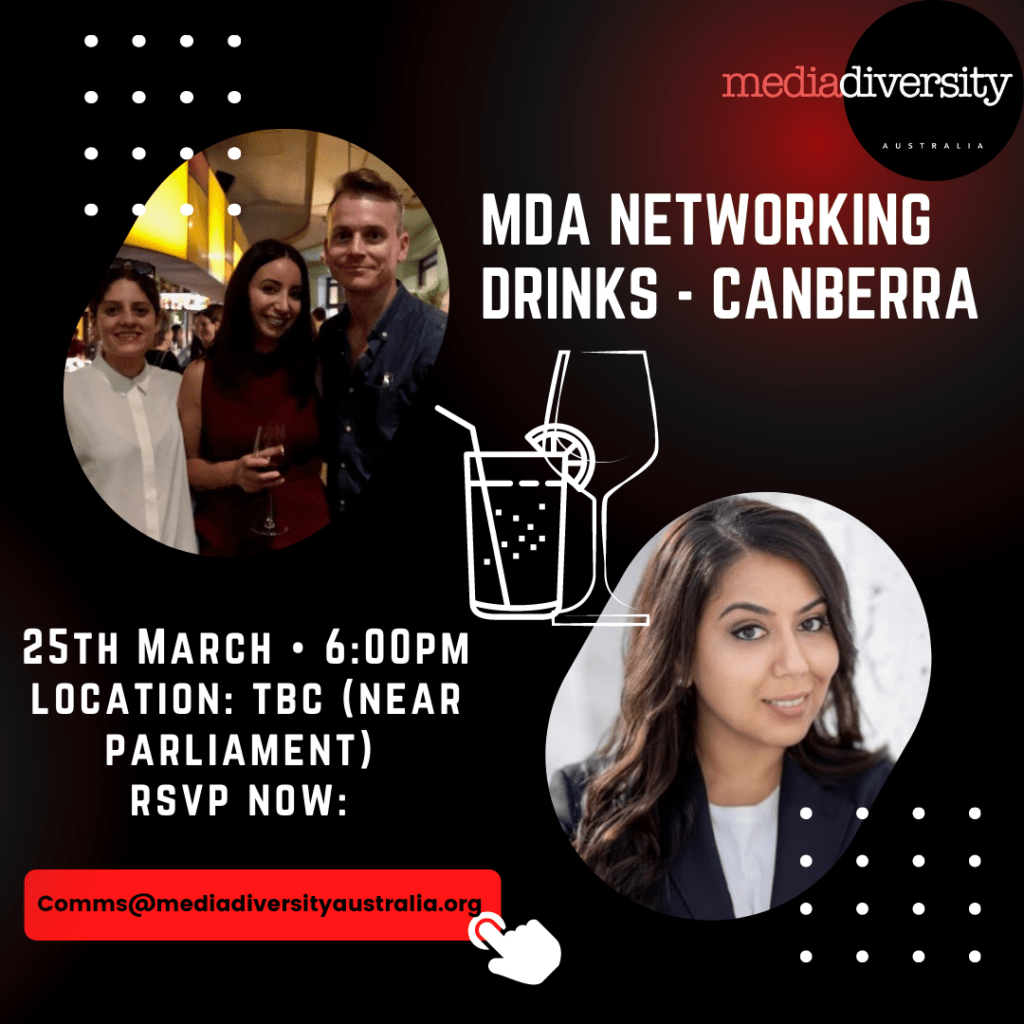
Are you interested in diversifying the media landscape in Australia? Come join MDA’s CEO, Mariam Veiszadeh in Canberra for a networking event on the 25th of March 2022 at 6pm. The location is yet to be confirmed (near parliament), so stay tuned and keep an eye out for event details on our socials.
MDA is launching its ACT chapter soon and we would love to connect with you!
The location details and event link will be available on our socials soon but if you would like to RSVP beforehand, please send an email to comms@mediadiversityaustralia.organd we’ll add you to the list.
Jessie Cox Audio Fellowship: Applications are now open!

The Jesse Cox Audio Fellowship is now open for applications! Designed to support a mid-career Australian storyteller from any discipline looking to innovate and push audio storytelling.
The fellowship offers $15,000 to the winning applicant, who’ll undertake a year-long program of targeted professional development. The fellow will also be supported with mentorships, professional introductions, networking opportunities, and in kind support relevant to their practice.
Applications are due midnight March 6 (AEST), find out more here: https://www.jcaf.org.au/apply
MDA Impact: Our progress in 2022 so far
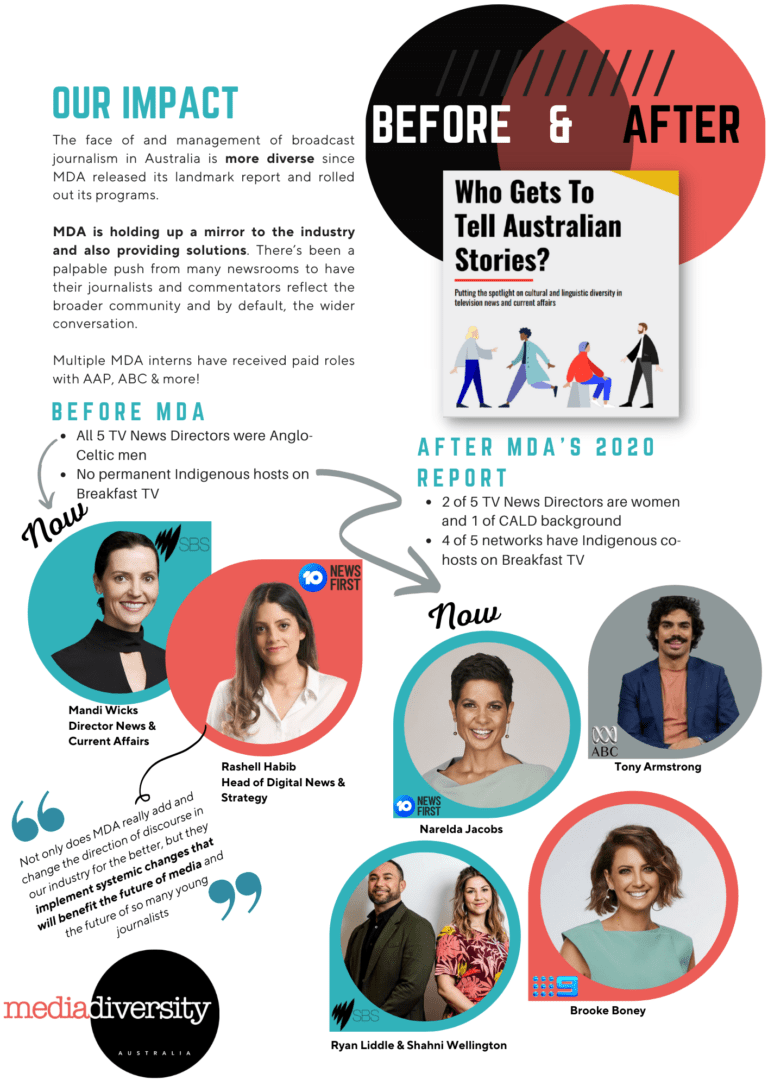
Community Voices: An initiative from the Judith Neilson Institute for Journalism and Ideas and Media Diversity Australia which aims to connect people from under-represented communities with news media
Twelve Sydney-based participants completed the program last year and have already made more than 100 media appearances for TV, radio, print and digital media.
Summer Internships:
Rachael Evans offered and accepted a paid casual position at ABC News Melbourne after her internship
Morsal Haidari was offered and accepted a position as the News Operations Assistant at 10 News First, Perth, during her final year. She will also be trained to do entry level casual reporting shifts.
Angela Ho (Summer Intern 2021/2022) currently works as a Freelance Reporter for 10 News First Perth.
Monique Pueblos (former MDA Summer Intern: 2019/2020) is currently a Cadet at SBS.
Olivia Nunes-Malek (Shortlist for MDA Summer Internship 2021/2022) is currently the Digital Producer at Network 10.
Abbir Dib (Former Summer Intern: 2019/2020) is currently working as the Associate Producer at 9NEWS Melbourne.
Political Fellowships:
Announced the three political fellowship winners and placed them in respectable outlets namely AAP, the Guardian and Sydney Morning Herald.
The three fellowship winners, Khaled Al Khawaldeh, Katherine Wong and Famida Rahman had a political QandA session with Political reporter Nour Haydar and Ehsaan Veiszadeh (session recording available on socials soon).
Jacob Shteyman (Shortlist for Political Fellowships 2021/2022) currently works as a Fact Checker at AAP.
Social campaigns:
MDA launched the #ThingsIveHeard campaign to highlight the microaggressions that diverse journalists endure in a media landscape setting and received over 140 stories and testimonials.
Want to help create a media that looks and sounds like Australia?
As a not-for-profit organisation, we rely on the help of our incredible volunteers. With your financial and volunteer support, we can continue to run programs to support culturally and linguistically diverse journalists, conduct agenda-setting research, run networking events, provide practical solutions for the media industry, and much more. If you would like to make a tax-deductible donation to support the vital work we do, please click here.
About us
Media Diversity Australia (MDA) is a national not-for-profit organisation led by journalists and media professionals. Australia is culturally and linguistically diverse, and our media should be too. Established in 2017, MDA has a unique role as a champion of cultural diversity in Australian journalism and news media. We have a vision for a media industry with full and equal participation for culturally diverse people at all levels.
Get in touch:
- Social Media & Communications Producer: Nayonika Roychoudhury
- Email: comms@mediadiversityaustralia.org
January 2022 Newsletter
Happy New Year MDA supporters,
In our first newsletter of 2022, we put the spotlight on Michelle Elias, a former MDA summer intern placed with the New York Times(2020), now a working journalist and mentor guiding the new wave of paid summer interns. We also announce the three winners of MDA’s Federal Election Political Fellowships and their placements in some of the best newsrooms in Australia. We are also thrilled to introduce MDA’s upcoming campaign #ThingsIveHeard, which focuses on raising awareness and informing others of the biases and negative comments diverse journalists often endure. Our CEO, Mariam Veiszadeh is nominated for the Pro Bono Australia #2022Impact25 awards (vote now!). And last but certainly not least, we quickly chronicle everything MDA achieved in 2021 as we step into 2022 with bigger plans and an unstoppable drive to make an impact.
In this issue:
- Spotlight On: Former MDA summer intern, Michelle Elias
- MDA’s Federal Election Political Fellowships: Announcing the 3 winners
- Upcoming campaigns: #ThingsIveHeard
- Pro Bono Australia #2022Impact25 nominee: MDA’s CEO Mariam Veiszadeh
- MDA Impact: Our journey in 2021

Spotlight On: Michelle Elias, former MDA intern, working journalist and mentor
I scrolled past a tweet talking about how much the face of broadcast journalism in Australia has changed since MDA released their jarring report on the matter.
What is one piece of advice you would offer someone who is about to enter the industry?
Journalism is our way to tap into the world we live in. Don’t overlook what’s right beside you. Listen closely to your community, your friends, coach, second cousin, et al. Who you know is different to the next person. An idea or perspective can come from anywhere, but more importantly, it will enrich and diversify the stories we hear. Your connection to that community or person can add insight and candour – use it.
Can you tell us a bit about your experience with MDA and what its mission means to you?
My Media Diversity Australia internship landed me in the New York Times’ Australia bureau for six weeks (dream!). My worldview grew instantly and I was talking to journalists in Hong Kong and all across Australia, thinking deeply about what it’s like to report for a global audience for the first time.
In one of the most celebrated newsrooms, MDA made me feel like I deserved to be there and grounded me with regular calls and check-ins. To this day, at times when I’m looking for advice, I’m still calling the connections I made at MDA.
On Twitter the other day, I scrolled past a tweet talking about how much the face of broadcast journalism in Australia has changed since MDA released their jarring report on the matter. It’s incredible what has been achieved in just a handful of years. There’s been a palpable push from newsrooms to have their journalists reflect the wider community and by default the wider conversation.
Tell us about your experience of being a mentor to the next wave of interns?
It’s still early days, but it’s been amazing to share the excitement, relive the nerves and quell the questions that plagued me just a couple of years ago. The media landscape is changing, and it’s an exciting time to be entering.
I’m hoping I can give the newcomers a person to call when they need advice – just like MDA did for me. This connection, which provides support and validation, is invaluable for CALD journalists who are underrepresented in the industry.
As a mentor who has worked closely with the next wave of interns, what do you think the new generation of journalists are bringing to the table?
The next wave of journalists are bringing a lot of vigor (me included!). They’re reinventing the way we consume news, moving to social media apps like Instagram (think @TheDailyAus) and Tik Tok to tell stories. Newcomers know that multiplatform journalism now includes podcasts and Tik Tok pieces to cameras too, especially if you want to reach an audience their (my) age.
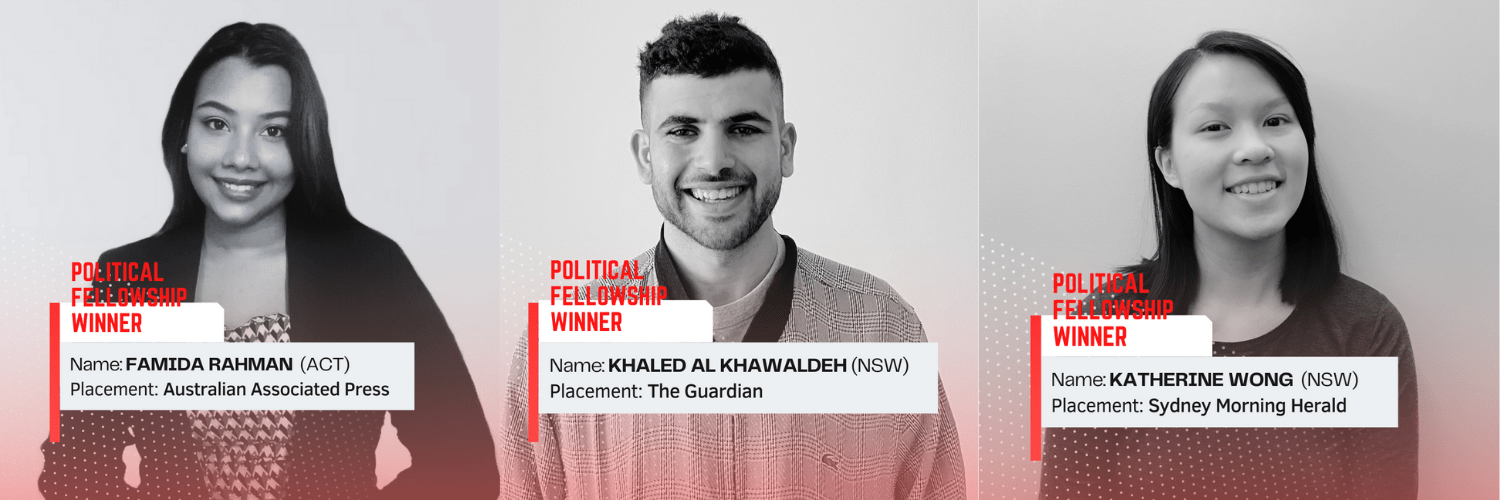
We are pleased to announce the three Political fellowship winners.
- Name: Katherine Wong (NSW)
- Placement: Sydney Morning Herald
“I’m Kat and I am a recent Science/Arts graduate with some experience in student publications, and a passion for history, politics, and accessibility in journalism. When I talk to friends or family about politics, they usually tell me that they will vote for whichever politician their parents or friends recommend. This isn’t necessarily because they don’t care about politics, but rather, they lack the time or resources to get invested. And this is especially true in young and diverse communities.”
- Name: Famida Rahman (ACT)
- Placement: Australian Associated Press
“I have followed what many might consider to be the traditional Canberra career path, of working for the public service after finishing law school. Following a few years of government work, and of making impromptu art galleries on the pin up boards behind my desk, I decided to take the leap and put myself forward for something a little bit different.
Covering the 2022 Federal Election may open the doors to a new and exciting industry and career path. One where I can continue to place my experiences of growing up as an Australian-Bangladeshi woman professionally, and the value that my voice brings coming from this background. “
- Name: Khaled Al Khawaldeh (NSW)
- Placement: The Guardian
“Having spent the majority of 2021 rerunning old question time sessions for no apparent reason, receiving this fellowship comes as a welcome affirmation that my peculiar lockdown habits were not in fact a waste of time !! Truthfully, I have always wanted to be in the Canberra press gallery but doubted my ability to get there. So to be offered a placement to work there at what I believe will be one of the most consequential elections to date is genuinely a dream come true. Moreover, to do so for an institution that I truly believe in – the Guardian Australia – still has me pinching myself!”
Upcoming campaigns: #ThingsIveHeard
The #ThingsIveHeard campaign aims to highlight the often damaging comments many of us hear on a regular basis that often leave us speechless while engaging in the media landscape whether as journalists, commentators, or general observers. Whether it is a personal anecdote where you are made to feel belittled or excluded in some way or conversations you’ve overheard that are riddled with overarching biases. We want to hear from you! Use the hashtag #ThingsIveHeard and tag @MediaDiverseAU on Twitter and share your stories with us.
The objective of this campaign is to increase awareness by creating a medium to share lived experiences and shine a spotlight on the seemingly innocuous but damaging assumptions made about and to CALD and other minority communities. Under this hashtag, you can share comments made directly to you or things you have overheard. It can range from a personal anecdote to a story you’ve overheard from a complete stranger.
“Nearly 20 years ago, 3 executives told me I’d never be on ABCTV because I would not appeal to their audience.” #ThingsIveHeard
– Fauziah Ibrahim
Speaking out about your personal experience can be daunting and while reciting an overheard story, you can question if it is your story to tell so if you would like to share your stories anonymously please email your tweets to comms@mediadiversityaustralia.org and we will post it on your behalf.
Disclaimer: Media Diversity Australia will not tolerate any kind of harassment or targeted/ defamatory comments. While we want our audience to be able to freely express themselves via this campaign, we will not condone any kind of bullying.
Pro Bono Australia nominee: #2022Impact25 Awards
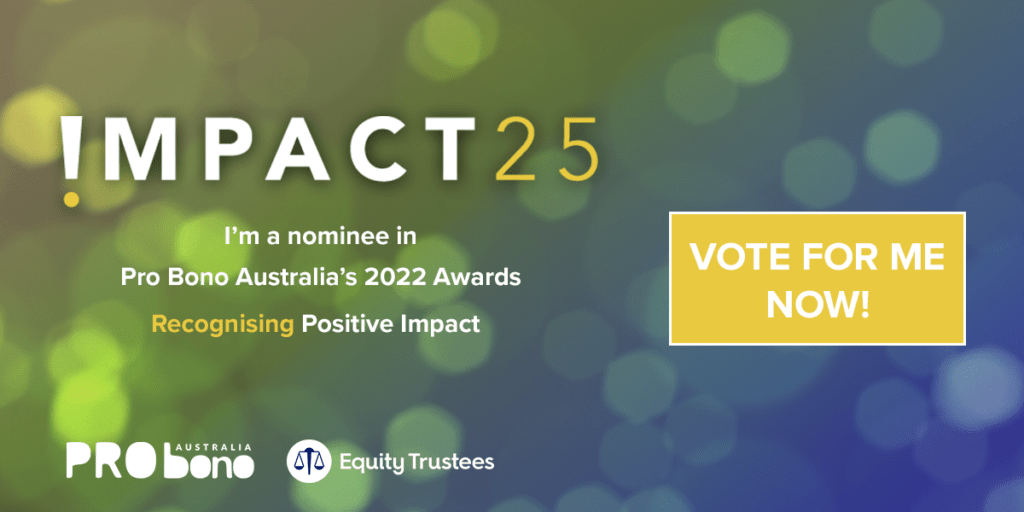
We are proud to announce that Mariam Veiszadeh, our CEO has been nominated for the Pro Bono Australia #2022Impact25 awards.
These awards are an established accolade that recognise innovators and collaborators making a positive impact in the social sector and their communities. Mariam has been nominated for her inspiring work namely on the Action for Afghanistan campaign.
Please show your support by following the link and casting your vote. Voting closes on the 1st of February 2022.
Vote for Mariam Veiszadeh here: https://www.impact25.probonoaustralia.com.au/2022-impact-25-nominees/veiszadeh
MDA Impact: Our Journey until now (2021 edition)
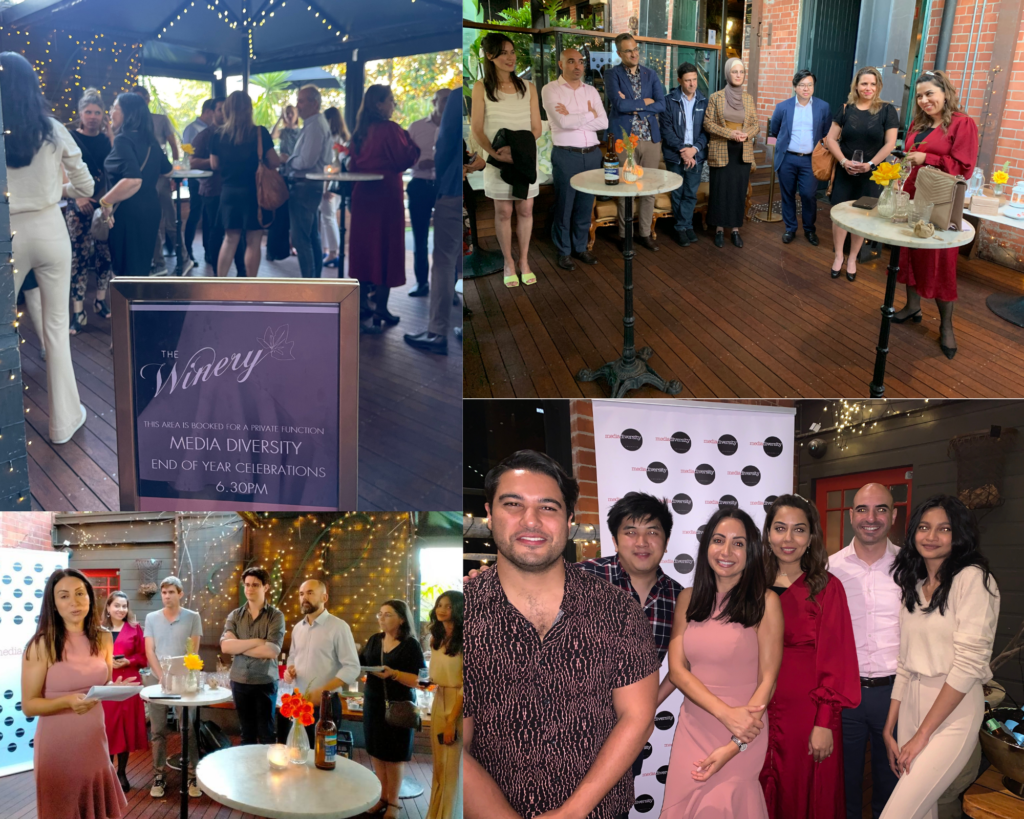
2021 was a big year for MDA. We thought we’d share some of the highlights with you.
- We launched our Disability Reporting Handbook on 23rd November 2021. Since then, the DRH has been downloaded over 1700 times already and we have received plenty of fantastic media coverage.
- We successfully placed 10 Summer Interns at news outlets across the country
- We held a number of events – China forum, Community Voices, MDA End of year event.
- We media trained and then farewelled our cohort of Community Voices graduates
- We increased awareness about media diversity via multiple media appearances.
- Our co-founders won numerous awards! Isabel Lo was named 40 under 40 most influential Asian-Australian 2021 and Antoinette Lattouf was a winner in the 2021 Women’s Agenda Leadership awards. The dynamic duo was also named winners of the prestigious B&T Women in Media Awards in the category Champions of Change.
- We appointed our inaugural CEO, Mariam Veiszadeh
- We had a record number of entries for our Media Diversity Australia award at the Mid-Year Walkleys.
- We launched the Amplifying Voices program, to support Muslim leaders better engage with the media
In 2022 MDA has even bigger plans – stay tuned!
You can help MDA continue to have an impact. Donate here: https://www.mediadiversityaustralia.org/donate-now/
Want to help create a media that looks and sounds like Australia?
As a not-for-profit organisation, we rely on the help of our incredible volunteers. With your financial and volunteer support, we can continue to run programs to support culturally and linguistically diverse journalists, conduct agenda-setting research, run networking events, provide practical solutions for the media industry, and much more. If you would like to make a tax-deductible donation to support the vital work we do, please click here.
About us
Media Diversity Australia (MDA) is a national not-for-profit organisation led by journalists and media professionals. Australia is culturally and linguistically diverse, and our media should be too. Established in 2017, MDA has a unique role as a champion of cultural diversity in Australian journalism and news media. We have a vision for a media industry with full and equal participation for culturally diverse people at all levels.
Get in touch:
- Social Media & Communications Producer: Nayonika Roychoudhury
- Email: comms@mediadiversityaustralia.org
December 2021 Newsletter
Dear MDA Supporters,
In our December issue, we reflect on the early stages of success of the Disability Reporting Handbook and share our DRH post-launch video. We also put the spotlight on MDA’s Disability Affairs Officers, Lisa Cox (Queensland Chapter) and Briana Blackett (NSW Chapter). And as the Community Voices Sydney participants graduate, we look at their achievements and more than 100 media engagements. Oh! And there are some photos from the MDA End of Year Celebration where we had the chance to thank our sponsors, news partners, and Advisory Board and raise a glass to Mariam Veiszadeh, our new CEO as she takes the reins from Director Antoinette Lattouf.
In this issue:
- Spotlight On: MDA’s Disability Affairs Officers, Briana Blackett (NSW Chapter) and Lisa Cox (Queensland Chapter)
- Disability Reporting Handbook: Post-Launch details
- Community Voices Program: Wrap up on Sydney Community Voices Program
- MDA End of Year Celebration: Photos and company updates
- Donate Now: MDA’s Impact 2021
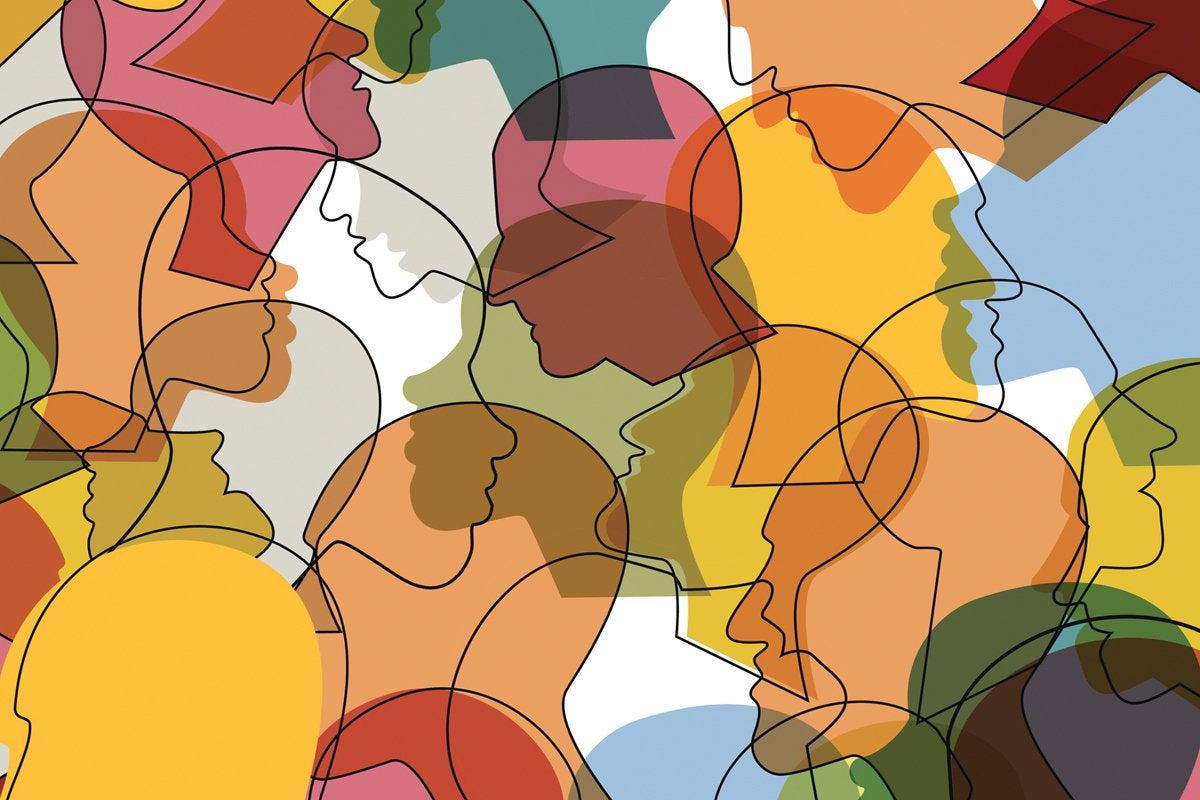
Spotlight on: MDA’s Disability Affairs Officers, Briana Blackett (NSW Chapter) and Lisa Cox (Queensland Chapter)
Q) Why is it imperative that resources such as the Disability Reporting Handbook exist?
Lisa Cox – Because the media plays such an important role in shaping social attitudes and reinforcing stereotypes about people with a disability – nearly one-quarter of our population. It’s important that resources such as this help people with a disability feel better understood and can assist people without a disability better understand.
Briana Blackett – There has always been a huge disconnect about the way disability is portrayed by the world and the actual reality of living with it – at least, that’s what I’ve learned raising two kids with disability. To this day, centuries of negative assumptions, stereotypes and stigma can deeply impact a person’s ability to do basic things like go to school or get a job. There are typically more complaints to the Human Rights Commission about disability discrimination than any other kind (like sex or race discrimination) and the stories coming out of the Disability Royal Commission make it painfully clear that change needs to happen. Who better to lead that charge than the people who play a huge role in shaping culture – the media. If we can change the narrative around disability – by helping those who write it – then we can start to address the systemic problems that make it difficult for people with disability to go about their regular lives.
Q) What was the most challenging part of developing the Disability Reporting Handbook?
Lisa Cox – Limited resources did make it difficult at times. We wanted to include as many voices as possible (this was achieved) but we didn’t always have as many hands. I’m proud of the team’s hard work and long hours.
Briana Blackett – The most difficult part of producing the handbook was keeping it tight. There is so much to be said about living with disability that we could still be writing today. But, as the whole point of the guide is to be quick and easy to use, we worked hard to keep it succinct and practical for time-poor journalists who need simple advice. We hope to update the handbook regularly so I expect we’ll squeeze in some extra tips in future versions. Another challenge was that the disability community is hugely diverse and so there are, naturally, differing viewpoints on what is or isn’t the right way to say or do something. We’ve tried to incorporate them all but also wanted to make it clear to journalists that there isn’t a ‘one size fits all’ approach to reporting on disability. Throughout the handbook we frequently give guidance on how to incorporate identity and diversity when interviewing people with disability and reporting on issues that affect them.
Q) Could you tell us about some of your favourite parts of the Handbook (DRH)?
Lisa Cox – My favourite part of almost any work I do is about the outcome. In this particular case, it has been a couple of times since launching the handbook, when journalists have either been interviewing me for a story or just told me about another of their stories and how they had read the Disability Reporting Handbook. As a result of understanding the content they were enacting a particular change to the way they worked. That to me is the ultimate highlight and the ultimate tick of approval to know that the DRH is doing its job in the real world.
Briana Blackett – It was a real privilege connecting with so many people and gaining their insights. I’ve learned so much from them all. It was also wonderful seeing so many passionate and energetic people working hard to bring about change in this space. If we weren’t in a pandemic and we had been able to attend the launch in person, I would have brought my kids along and said to them “see, all of these people are paving the way for you” – it’s an amazing thing.
Q) What is your personal experience with disability and/or media surrounding it?
Lisa Cox – My academic and professional background is in media, advertising and marketing. After working in corporate for several years I acquired multiple disabilities and have since found a way to fuse my professional background with my lived experience.
I’ve returned to work in various facets of media and now I am the inaugural Disability Affairs Officer at MDA and have been thrilled to see the team grow. I’m a proud disabled woman and my attitude to advocacy is to educate and collaborate. I’ve been that non-disabled writer who is scared of saying the wrong thing, so I understand how daunting it can be and that’s why I’m so glad the DRH is here to help journalists and other media professionals navigate the nuances of disability language.
Briana Blackett – My children have disabilities and we’ve had to fight hard for them to have access to basic things that most people don’t think twice about, like going to school, joining a club or seeing a doctor. We were facing barriers that just didn’t need to be there – and yet, I saw these perpetuated in the way we talk about disability in the media. As a journalist of 20 years, I know that reporters don’t deliberately get it wrong. Mistakes and misrepresentations get made, typically because people don’t have the right information to begin with. So, the solution seemed simple. Create a resource jam-packed with tips on how to get it right – and, with any luck – we’ll start to see a media, and a world, that better represents and includes, people with disability. A world without barriers that my kids can fully and freely be part of.
Media Diversity Australia (MDA) in partnership with the disability organization Hireup, Griffith University, and Getty Images launched a latest newsroom must-have – the Disability Reporting Handbook.
Since its launch on the 23rd of November 2021, the handbook has already been downloaded over 1500 times and is currently the most searched resource on MDA’s web page.
This vital and informative journalism resource to guide better reporting of people with disability is available free to everyone and can be downloaded on MDA’s website.
Watch the post-launch video starring MDA’s Disability Affairs Officer, Lisa Cox, and Australian doctor and Griffith University lecturer Dinesh Palipana.
Wrap up on Sydney Community Voices Program
The Judith Neilson Institute for Journalism and Ideas and MDA Community Voices pilot program came to a close in December with a celebration for our 12 participants.
They were joined by family and friends, JNI and MDA colleagues, and supporters at JNI’s Chippendale headquarters. The federal member for Sydney, Tanya Plibersek was invited as a special guest and handed out the graduation certificates to the participants. was also a guest.
JNI’s Executive Director Mark Ryan said the program’s first year was a resounding success.
“We started Community Voices because we wanted to give people from diverse backgrounds the skills, experience and the support they need to engage effectively and articulately with the news media,” he said.
“Our participants are now far better equipped as advocates, and they are now known to many newsrooms and journalists and our hope is that they will continue to contribute to our national discussion for a long time to come.”
So far the 2021 Community Voices have made more than 110 media appearances this year alone – across television, radio, print and digital platforms. They have appeared in small and large publications including the SMH and Canberra Times op-ed pages, on The Project (Network 10), Q&A (ABC), Insight (SBS), Channel Nine news, FBi and 2SER radio, and many more.
2021 participant Basim Al-Ansari said his community’s views towards the media have changed as a result of Community Voices. “We felt like we were singled out,” he said. “We felt that the media was an enemy in several ways.” Basim said the program has helped him engage with the media and give his community a greater voice, as well as encouraging them to view the media in a positive light.
Tanya Plibersek said the program has given the participants an “enormous gift”, which would also benefit the wider community. “Australian public discourse is given a great gift by your empowerment within it,” she said.
JNI will again fund the Sydney Community Voices program in 2022 to help participants prepare pitches to the media and get ready for interviews. And Community Voices training will start up in Melbourne in 2022 – which is very exciting.
If you’d like to add the 2021 Community Voices to your newsroom’s contact list, please contact: eduation@jninstitute.org
On December 14th, MDA celebrated the end of a very successful year with our brilliant advisory board members, dedicated staff, passionate state chapter representatives and industry partners.
Co-founder Antoinette Lattouf is moving to the role of non-executive director but will still be on the Advisory Board. MDA’s inaugural CEO Mariam Veiszadeh will take over operational leadership and handle the process of hiring and expanding our not-for-profit.
“After 5 years the little side hustle – Media Diversity Australia, I started with Isabel Lo got big. It’s time for it to take some steps on its own” said co-founder Antoinette Lattouf.
Donate now: MDA's Impact so far
As the year draws to a close, we reflect on some of the things we’ve achieved since our launch.
- 2018: no permanent Indigenous host on breakfast TV versus 2021: 4/5 networks have Indigenous co-hosts
- 2018: All 5 TV News Directors were Anglo-Celtic men versus 2021: 2 out of 5 News Directors are women, 1 out of whom is a cultural diverse woman
Help MDA continue to have impact & diversify our media landscape. Donate now.
Want to help create a media that looks and sounds like Australia?
As a not-for-profit organisation, we rely on the help of our incredible volunteers. With your financial and volunteer support, we can continue to run programs to support culturally and linguistically diverse journalists, conduct agenda-setting research, run networking events, provide practical solutions for the media industry, and much more. If you would like to make a tax-deductible donation to support the vital work we do, please click here.
About us
Media Diversity Australia (MDA) is a national not-for-profit organisation led by journalists and media professionals. Australia is culturally and linguistically diverse, and our media should be too. Established in 2017, MDA has a unique role as a champion of cultural diversity in Australian journalism and news media. We have a vision for a media industry with full and equal participation for culturally diverse people at all levels.
Get in touch:
- Social Media & Communications Producer: Nayonika Roychoudhury
- Email: comms@mediadiversityaustralia.org
November 2021 Newsletter
Dear MDA Supporters,
In our November issue, we put the spotlight on our inaugural CEO Mariam Veiszadeh. We announce the 10 winners of MDA’s summer internships and their placements in various newsrooms around Australia. There are details about our upcoming Canberra-based political fellowships and MDA’s soon to be released Disability Reporting Handbook.
It’s been a huge and exciting month for MDA.
In this issue:
- Spotlight On: MDA’s inaugural Chief Executive Officer, Mariam Veiszadeh.
- Our Federal Election Political Fellowships in partnership with Google News Initiative: Applications close soon.
- MDA’s Summer Internship: Announcing the 10 brilliant winners.
- Disability Reporting Handbook: All the launch details ahead of International Day of People with Disability.

Spotlight On: MDA’s inaugural Chief Executive Officer, Mariam Veiszadeh
When I was a teenager, I desperately wanted to be a TV news anchor, in particular, I wanted to be Sandra Sully! I didn’t however see anyone like me working as a TV news anchor at the time so it was not a career that I seriously considered.
Why does media diversity matter to you?
I have been effectively speaking and writing about cultural diversity for the past decade as it’s a topic that is very close to my heart.
I was always cognisant of being “different” and therefore instinctively looked for role models in popular media. When I was a teenager, I desperately wanted to be a TV news anchor, in particular, I wanted to be Sandra Sully! I didn’t however see anyone like me working as a TV news anchor at the time, so it was not a career that I seriously considered. I then went on to become a lawyer but have always been passionate about championing cultural diversity within the media landscape. My TedXSydney talk in 2017 discusses the importance of cultural diversity and the apparent lack of it within the top echelons of Australian society, which made my passion for the topic grow even more.
From Afghan refugee to CEO in your 30s, how important is that for other women of colour to see?
The response in the past week has been overwhelming as I’ve received so many wonderful messages from others who have commented on the fact that my appointment has served as encouragement for them. I know firsthand that it can be really disheartening and at times debilitating, when you regularly face systemic and other kinds of barriers within the workplace. I’ve endured a lot in my own career as a woman of colour (including previously as an identifiable Muslim woman) and have sought to channel that negative energy into working harder towards smashing that double glazed cultural ceiling not only for myself but to help pave the way for other women as well.
I intend on not only contributing towards the “critical mass” of women in leadership roles but I’d like to take on the role of “critical yeast” (Lederach’s concept) – proactively helping others rise up!
What are you hoping to achieve with MDA?
MDA has already kicked some enormous goals since its launch and that’s a testament to its fierce powerhouse co-founders Antoinette Lattouf and Isabel Lo, the wonderful advisory board and the dedicated volunteer state chapters.
I hope to build upon this incredible success and ensure MDA is a permanent fixture in the Australian media landscape – at least until we meet all our objectives and then there will no longer be a need for us!
One tangible thing that is still lacking in media outlets is having diversity and inclusion strategies that spell out plans on how to address significant representation issues. If there’s no real plan and ways to measure what does and doesn’t work, change won’t happen.
Can you tell us briefly what’s on the cards in 2022 for MDA ?
We have some exciting projects on the go and next year we look forward to releasing Part 2 of our ground-breaking research Who Gets to Tell Australian Stories. We will also be continuing with our paid summer internships which have been great and often convert into industry jobs. We’ll also roll out our inaugural Political Fellowships, for diverse young people to cover the federal election and we’ll launch our Canberra Chapter. Stay tuned for much, much more!
How closely will you be working with Founders Isabel Lo (who is now in New York) and Antoinette Lattouf who is focusing on a book, documentary and television show?
What Isabel, Antoinette and I all have in common is we are all “doers” and we are incredibly passionate about ensuring Australian media walks the walk and not just talks the talk when it comes to media diversity. We also love amplifying and supporting others to succeed. We will be working collaboratively to continue the great successes of MDA and I am indebted to them both for trusting me to continue to take MDA to the next level.
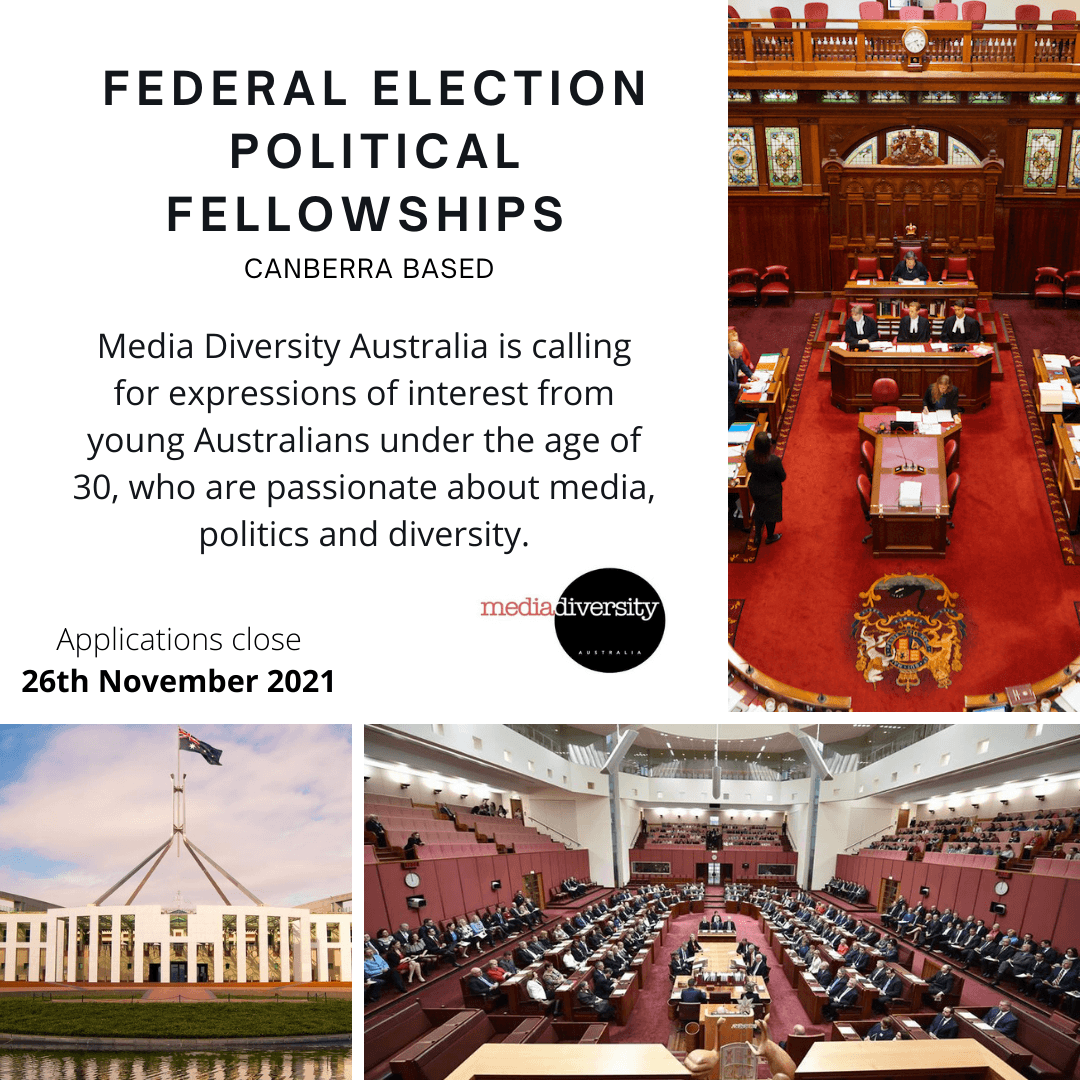
For the first time ever, with the generous support of Google News Initiative, Media Diversity Australia is offering Federal Election Political Fellowships.
The project will place three young Australians in leading political bureau within the Canberra’s Press Gallery during the 2022 Federal Election campaign.
The Canberra based fellowships project will help address an obvious gap in the media: culturally diverse perspectives in the coverage of Australian federal politics.
The eight-week fellowships will commence in early 2022 and the exact dates will be confirmed once the election is called.
The fellowship recipients will be mentored and supported by an MDA project manager and receive training by Google News Initiative.
If you know anyone under the age of 30 who would be interested and would benefit from this opportunity please share the link and help spread the word. Applications close at 5pm AEST on Friday, 26th November 2021.
Click the link here to learn more.
Announcing MDA’s Summer Internship Winners
MDA’s Summer paid internships, 2022 include 10 media outlets participating and supporting meaningful pathways into some of the country’s most reputable media outlets. After careful deliberation and a thorough interview process, MDA’s summer internship program has placed 10 journalism students in various newsrooms around Australia.
Congratulations to the 10 deserving and driven winners of the Summer paid internship 2022 and thanks to Google News Initiative for supporting this important initiative. Our successful applicants are: :
- Manan Luthra (NSW) from University of Sydney with The Nytimes
- Morsal Haidari (SA) from University of South Australia for ABC News
- Ricky Kirby (NSW) from UTS: University of Technology Sydney with Mamamia
- Sohani Goonatillake (ACT) from Monash University with Mix 106.3 Canberra
- Angela Ho (WA) from Curtin University with 10 News First
- Tahnee Maxwell (QLD) from Griffith University with The Courier Mail
- Shazma A Gaffoor (VIC) from La Trobe University with 9 News
- Daniel Yong (WA) from Curtin University with The West Australian
- Zahra Al-Hilaly (WA) from Murdoch University with 7NEWS
- Rachel Evans (VIC) from Monash University with ABC Everyday
We are so proud of the summer internship winners and cannot wait to see them shaping the future of journalism.
Disability Reporting Handbook (Launching on the 23rd of November 2021)
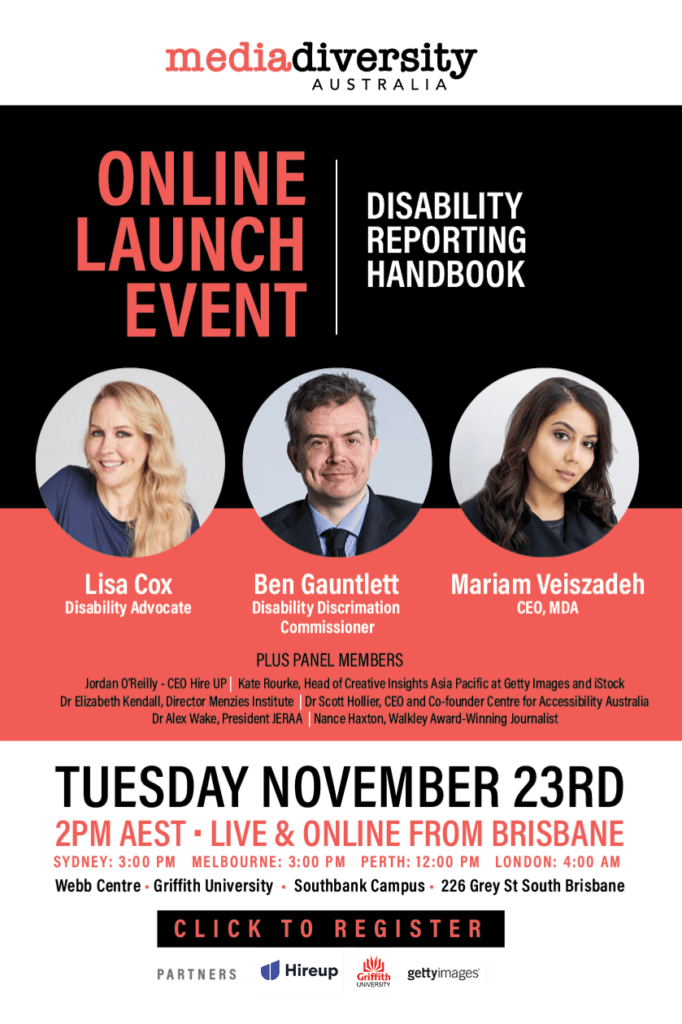
http:/https://vimeo.com/griffithuni/review/646707746/9aef1cb7f1
Media Diversity Australia (MDA) in partnership with disability organisation Hireup, Griffith University and Getty Images is launching its latest newsroom must-have in the form of the Disability Reporting Handbook.
This journalism resource to guide better reporting of people with disability is available free to everyone and can be downloaded from MDA’s website from the 23rd of November 2021.
It is an informative and practical handbook which includes advice on correct language and terminologies, ways to avoid common mistakes, tips on making content more inclusive, and a contacts database.
MDA pulled together a dedicated team of media professionals – all with lived experience of disability – to produce this practical guide on how to better represent people with disability. Many thanks to the Disability Handbook team for sharing their lived experience of disability and how it is treated by the media.
In July 2019, MDA produced a similar resource for media professionals reporting on Aboriginal and Torres Strait Islander peoples and issues. Since its launch, our Indigenous Reporting Handbook has been downloaded thousands of times and is being used by newsrooms and journalists across the country.
Co-founder and co-chair Antoinette Lattouf expects the DRH to be just as well received by media professionals and others wanting to get it right when it comes to diversity.
Want to help create a media that looks and sounds like Australia?
As a not-for-profit organisation, we rely on the help of our incredible volunteers. With your financial and volunteer support, we can continue to run programs to support culturally and linguistically diverse journalists, conduct agenda-setting research, run networking events, provide practical solutions for the media industry, and much more. If you would like to make a tax-deductible donation to support the vital work we do, please click here.
About us
Media Diversity Australia (MDA) is a national not-for-profit organisation led by journalists and media professionals. Australia is culturally and linguistically diverse, and our media should be too. Established in 2017, MDA has a unique role as a champion of cultural diversity in Australian journalism and news media. We have a vision for a media industry with full and equal participation for culturally diverse people at all levels.
Get in touch:
- Social Media & Communications Producer: Nayonika Roychoudhury
- Email: comms@mediadiversityaustralia.org

